LandscapeLife

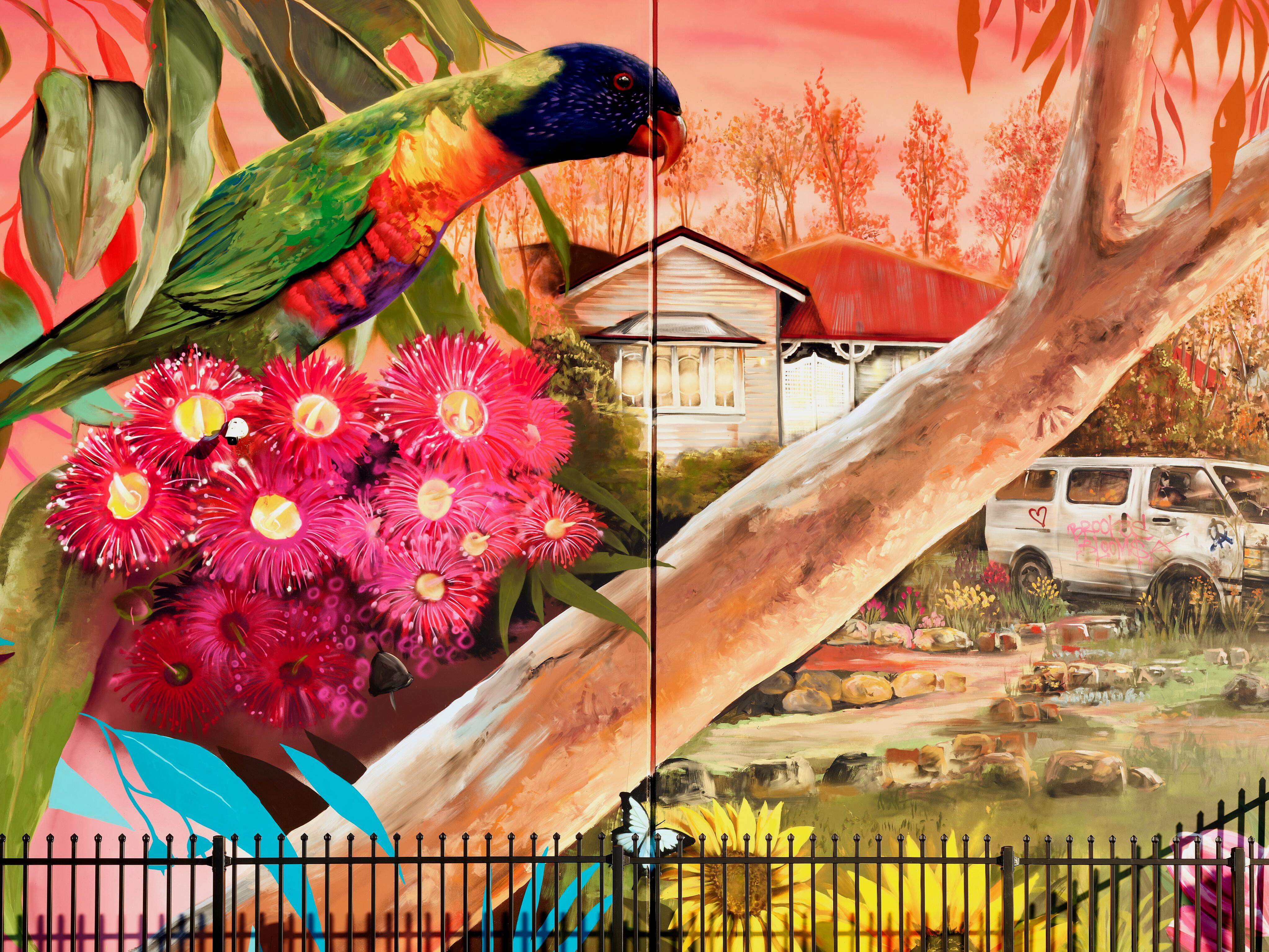
I s s u e 3 S p r i n g 2 0 2 2 Spring Edition
QUEENSLAND The Queensland Landscaping Industry Magazine
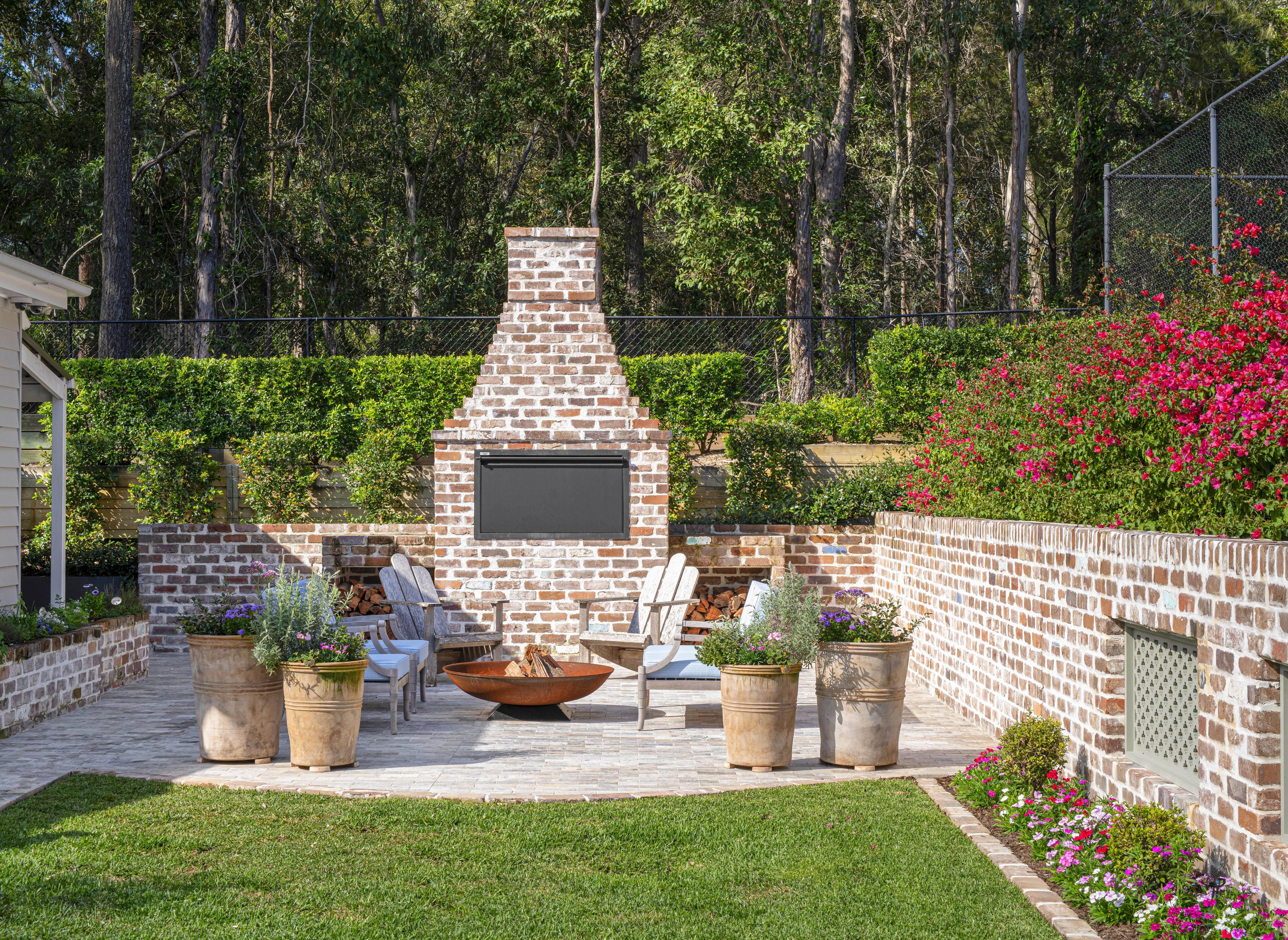







FIND A LANDSCAPE QUEENSLAND MEMBER THAT'S RIGHT FOR YOU! Licensed, insured, professional and reliable Up to date with the latest design trends, products & techniques Broad experience in landscaping and garden maintenance Specialists in plant selection for your garden Access to contracts that meet consumer code requirements For an expert in Landscape Construction, Design & Garden Maintenance visit www.landscapequeensland.com.au/find-a-member

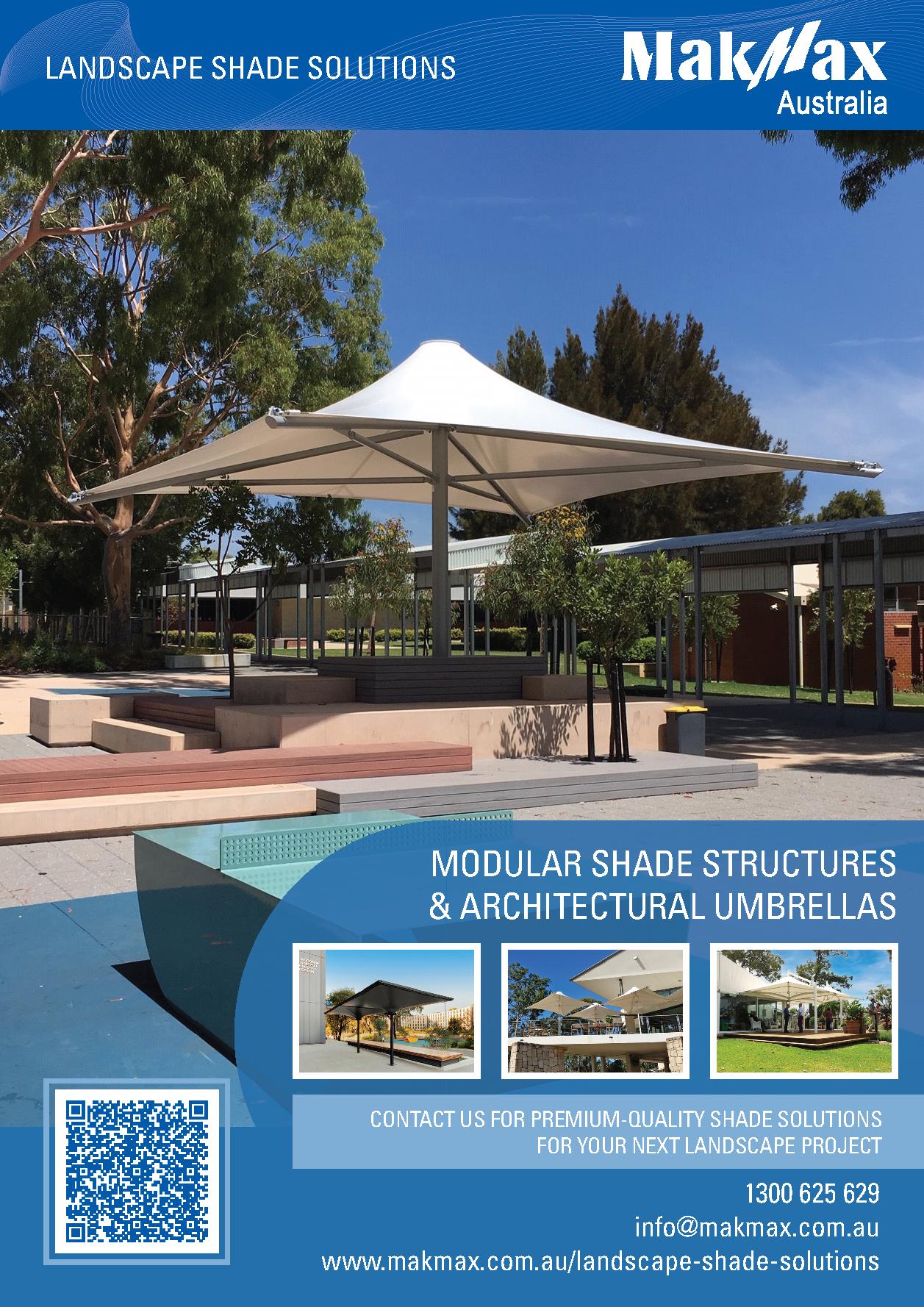


In this edition of Queensland Landscape Life, we explore the importance of team culture and how this can be of benefit to your business. We interviewed several members on how they go about fostering a strong culture within their businesses and how they get the best out of their staff. There’s also some insight on how to attract and retain employees.
You’ll also read about many of the events LQ has been involved with this year and a wonderful initiative by a member of our industry for people with disabilities. We also hear from some more 30-year-plus members about their team’s culture and longevity in business
There’s some great technical information provided by LQ supplier members covering topics such as correct tree planting techniques, causes and prevention of efflorescence and designing and selecting drainage. On the topic of drainage, we look at considering residential bioswales for upcoming projects featuring technical information and valuable resources to allow you to delve further into this topic.
In this edition, we also provide some economic outlook information, an update on the LQ Workforce Planning Project, details of online training for your team and a reminder of the fast-approaching 2022 LQ Construction Excellence Awards and more.
We hope you enjoy this latest edition of Queensland Landscape Life!

Welcome The LQ Team

Connect with LQ 6
Contents
BUSY TIMES HERE TO STAY
WORKFORCE PLANNING PROJCT
CAREERS EXPOS AND TRADE TASTERS
WORKPLACE CULTURE
ATTRACTING AND RETAINING GREAT CANDIDATES
HEDGING BETS FOR FUTURE EMPLOYEES
CHALLENGE ACCEPTED
EVOLUTION OF THE DIRT SHOP
LAKE GKULA - MEMBER TOUR
POPULARITY OF RECREATION PONDS

INSIGHTS FROM 30-YEAR PLUS MEMBERS
A VISION FOR ZERO DAMAGE, ZERO HARM
RESIDENTIAL BIOSWALES
SPECIFYING THE RIGHT DRAINAGE
QUALITY TREE SELECTION FOR LANDSCAPE PROJECTS
LQ EVENT - OUTDOOR TILING, PAVING & STONE INSTALLATION
CAUSES AND CURES OF EFFLORESCENCE
LQ EVENT - TREE & ROOTS
TREE PLANTING STEP BY STEP
BENEFITS OF ONLINE WHS TRAINING
For all Queensland Landscape Life advertising and editorial enquiries please contact info@landscapequeensland com au Queensland Landscape Life Magazine is published by Landscape Queensland Industries Association inc (ABN 92 439 102 270) Whilst the publisher has taken all reasonable precautions and effort to ensure the accuracy of material contained in this publication at the time of publishing, no responsibility or liability for any loss or damage will be assumed by Landscape Queensland or its employees All conditions, rates, specifications and policies are subject to change without notice Expressed or implied authors’ and advertisers’ opinions are not necessarily those of the editor and/or publisher
All material produced and/or published by Queensland Landscape Life Magazine in electronic, printed or other format is subject to copyright and may not be reproduced in whole or part without the express written permission of the publisher The advertiser assumes all responsibility for attaining copyright permission for any material not produced by Queensland Landscape Life Magazine
Landscape Queensland acknowledge the traditional custodians past and present on whose land we walk, we work, we live and respect Front cover image: Brooke's Blooms
cover image: Dorset Bottega
Inside
Media Kit cover images: Living Style
All images published have been provided by LQ Members, attributed sources or have been provided by LQ staff
Landscapes
HEALTHY WORKPLACES 12 14 19 22 35 38 40 43 47 54 64 63 67 70 72 74 78 80 82 84 86 2022 LQ CONSTRUCTION EXCELLENCE AWARDS 50
MENTALLY
Message from The CEO
Welcome to our September edition of Queensland Landscape Life. Tha ho have contributed to this publication. In this edition, we hear from s er businesses on how they create a positive workplace culture to attract and retain staff. We also get some more reflections from our 30-year-plus members and more.


As the 2022 year flies by, Christmas will be here before we know it. Members are saying it's felt like the Christmas rush has been non-stop for the past 2 years. It has certainly been an unprecedented period which has tested us all. As the Covid pandemic subsides there is still uncertainty around economic and geopolitical issues, however the future seems bright for the broader construction industry in Queensland.
I attended the final Construction Skills Qld 22/23 Training Plan presentation recently. Attended by Di Farmer, Minister for Employment and Small Business and Minister for Training & Skills Development, the presentations highlighted the financial commitment that Governments are making towards training and upskilling as well as outlining the huge volume of work that is in train throughout all sectors of the construction industry relating to infrastructure projects and preparations for the 2032 Brisbane Olympic games. Subsequent to the CSQ presentation the Queensland State Government has released Queensland’s $62 Billion energy and jobs plan, estimating the generation of 100,000 jobs.
The construction and ongoing maintenance of infrastructure throughout the state may assist to revitalise many regional centres creating the need for more residential construction throughout those areas. Although approvals for residential construction have slowed in comparison to the last 12 to 18 months, the uncompleted work in the pipeline is still considerable and brings the residential sector back to pre-pandemic levels. Demand for housing in Queensland, particularly SEQ, will continue to be strong. Developers who paused projects during the early stages of Covid are now looking to move forward with many of these ventures.
8
So, the outlook for consistent work moving forward is strong but the problem of staff resources remains. Governments and various sectors of the broader construction and horticultural industries are well aware of the struggles faced in relation to sufficient employees and supply chain issues. In this regard, it appears that the large and regular price increases to materials have peaked. It is not expected that prices will reduce to previous levels.

Investment into training more apprentices and trainees is continuing, and migration caps limiting workers into the country have been increased by the federal Government Despite this, Australia has suffered a loss of human resources by way of people leaving the country for long term periods over the last couple of years. The proposed increase in migration cap will not entirely make up for this loss
For the landscape industry, we need to sell ourselves to jobseekers and potential career changers and to those returning to our country from overseas. This will continue to be an important factor in getting staff into our industry. The diversity a career in landscaping offers and the positive environmental and social benefits should not be underestimated. Creating awareness of the benefits of landscaping and what training and career paths in our industry look like, will be a task that LQ continues to prioritise.
We hope you enjoy this Industry magazine, and remember,
Difference.
Landscaping Makes the
 Mark Sorby Chief Executive Officer
Mark Sorby Chief Executive Officer
9
2022 BOARD




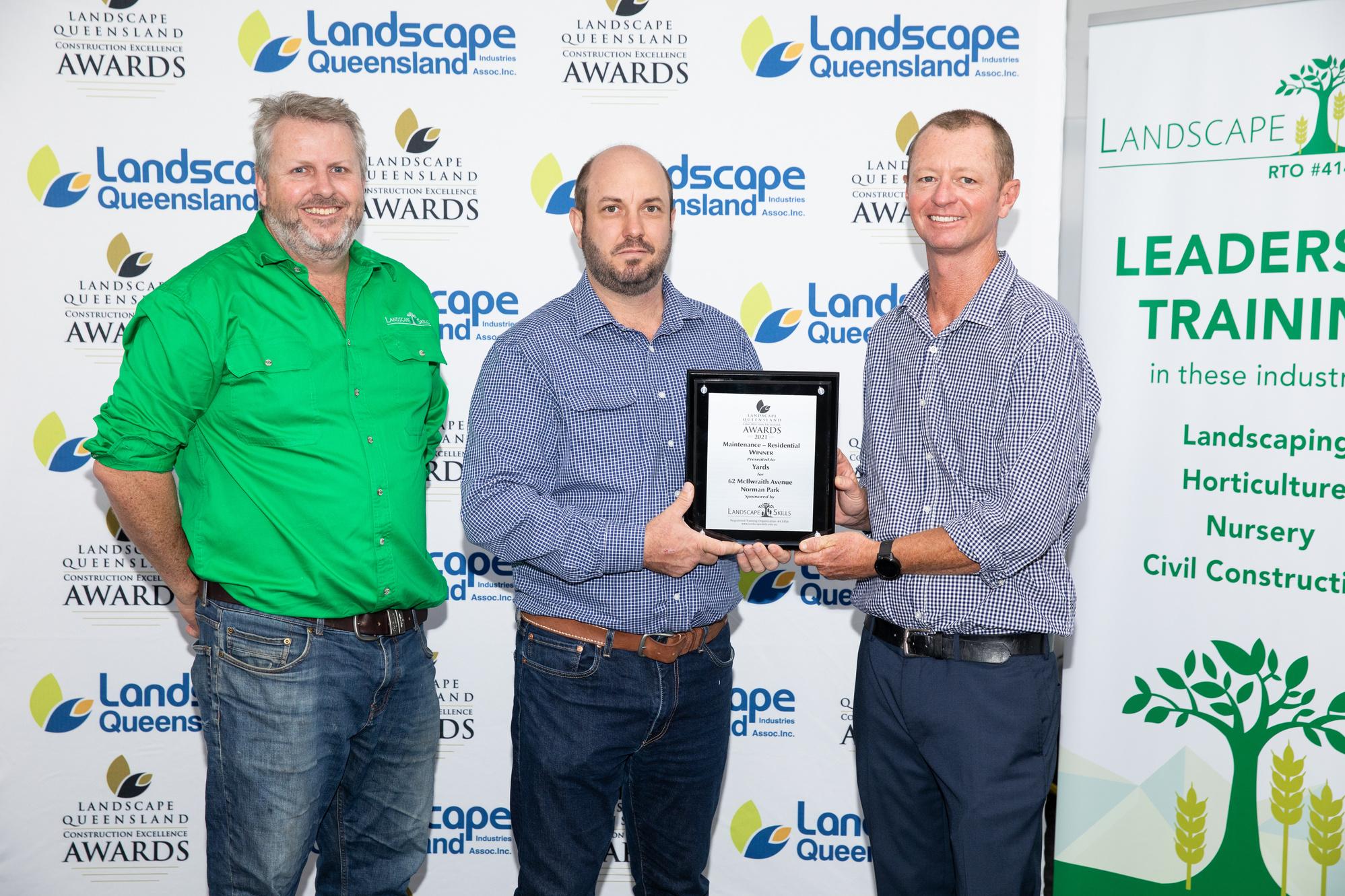


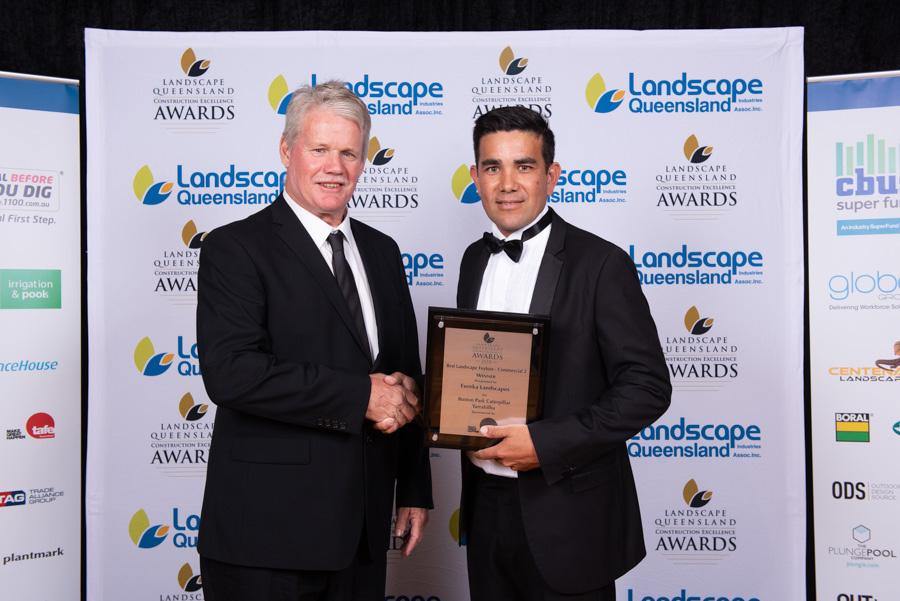

 Leigh Barrett PRESIDENT
Dave Taylor TREASURER
Paul Luck BOARD MEMBER
Jim Stewart BOARD MEMBER
Peter Mumford BOARD MEMBER
Steve Jameson BOARD MEMBER
Brett Oakley BOARD MEMBER
Robinder Sihota BOARD MEMBER
Mark Sorby SECRETARY (NON VOTING)
LIVING STYLE LANDSCAPES INTERFACE LANDSCAPES TAFE QLD
BOSS GARDENSCAPES ARBOR OPERATIONS LANDSCAPE SKILLS
Leigh Barrett PRESIDENT
Dave Taylor TREASURER
Paul Luck BOARD MEMBER
Jim Stewart BOARD MEMBER
Peter Mumford BOARD MEMBER
Steve Jameson BOARD MEMBER
Brett Oakley BOARD MEMBER
Robinder Sihota BOARD MEMBER
Mark Sorby SECRETARY (NON VOTING)
LIVING STYLE LANDSCAPES INTERFACE LANDSCAPES TAFE QLD
BOSS GARDENSCAPES ARBOR OPERATIONS LANDSCAPE SKILLS
10
PARK LANE LANDSCAPES ROCK 'N' SOIL LANDSCAPE QUEENSLAND
Vale Tom Strachan - AWX
It was with much sadness that we recently heard of the passing of Tom Strachan, one of the original founding partners of long-time LQ member AWX Tragically Tom’s son Noah’s life was also cut short in the accident that claimed both lives
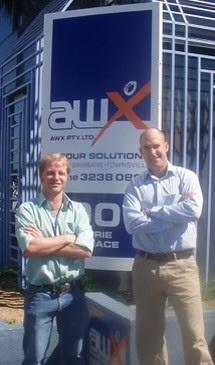
The Landscape industry as a whole passes on its heartfelt condolences to Tom’s wife Anna and his family and friends and the AWX team.
The following has been provided by AWX
He loved and lived life to the fullest
He was true to himself
He was wild and adventurous
He was fearless
He was one of the founders of AWX
He was an incredible leader
He was the chief storyteller
He was one of Australia's greatest entrepreneurs
He was extremely generous with his time and money
He was sharp as a tack
He believed in people
He was loyal
He was a loving family man
He was a gifted horseman

He loved the country
He was so much fun and lit up the room
You will be dearly missed Tom Strachan, Stracho, TS, Chief Storyteller You gave so many of us a start in our careers, the confidence to be our best and will forever leave an impression on all who have had the pleasure of knowing you
Tom and his son Noah tragically lost their lives in a light plane crash recently
Deepest condolences to Anna and his loving family
Coping with Grief
Grief is the natural emotional response to the loss of someone close, such as a family member or friend. Grief can also occur after a serious illness, a divorce or other significant losses. Grief is a process or journey that affects everyone differently It can be exhausting and emotionally draining, making it hard to do simple things or even leave the house. Some people cope by becoming more active. Grief has no set pattern. It is expressed differently across different cultures. Some people like to be expressive and public with their emotions, while others like to keep grief private. It's important to know there are resources and support available if you are grieving or someone you know is experiencing grief:
For more information and support, try these resources:
Lifeline offer 24-hour crisis support. If you need to talk to someone about how you’re feeling, call Lifeline on 13 11 14.
Headspace offers excellent resources to help you cope.
Parentline 8 am to 12 midnight, 7 days a week, call 13 22 89 Australian Centre for Grief and Bereavement bereavement counselling and support services. Call 1800 642 066.
MensLine Australia — 24 hours, 7 days. Call 1300 78 99 78.
Suicide Call Back Service 24 hours, 7 days Call 1300 659 467
If you need to know more about grief, and to get advice on what to do next, you can also call healthdirect on 1800 022 222 to speak with a registered nurse, 24 hours, 7 days a week
Resources provided by healthdirect
11
AWX Founding Partners Tom Reardon (left) and Tom Strachan (right)
BUSY TIMES LOOK HERE TO STAY
As decade-high building approvals continue to work their way through the construction pipeline, CSQ is predicting a sustained elevation of activity for at least the next 12 months
BY NATHAN ST JOHN CSQ MANAGER, DATA INSIGHTS

While building approval rates have started to stabilise, there remains enough pent-up demand from the COVIDhousing boom to keep builders and landscapers busy well into 2023
We saw a record jump in the number of new homes and home renovations approved for construction during the pandemic – this was a boom for all regions of the state
The boom was mainly due to government incentives like the hugely popular HomeBuilder grant, record lowinterest rates and a good dose of FOMO
For SEQ, there has been around a 50% lift in the value of both new homes and renovation projects approved between when the pandemic hit (March 2020) and the recent peak
For regional Queensland the boom has been largeraround 75% lift in the new homes and renovations work from pandemic to peak
Even though these approvals have started to dip, we can see that the resulting pipeline of work (that is projects approved but still being completed) is huge across the state – in fact, it’s around decade highs (see graph to left).
It’s a great time to be in construction, with lots of demand for homes and associated services including landscaping, and no shortage of work in the foreseeable future, especially for finishing trades.
But that’s not all folks. At the same time, the clouds hanging over the commercial construction outlook (think office buildings, schools and shopping centres) seem to be lifting.
A lot of projects were sidelined during the pandemic. It appears that developers were waiting for vacancy rates to peak and for some certainty that life for Queensland would return to normal. The moment they were waiting for seems to have arrived.
As a result, commercial building approvals are now at a decade high in Queensland, with most of that work likely to be built in SEQ. This could drive demand for landscaping services outside just the residential channel in future.
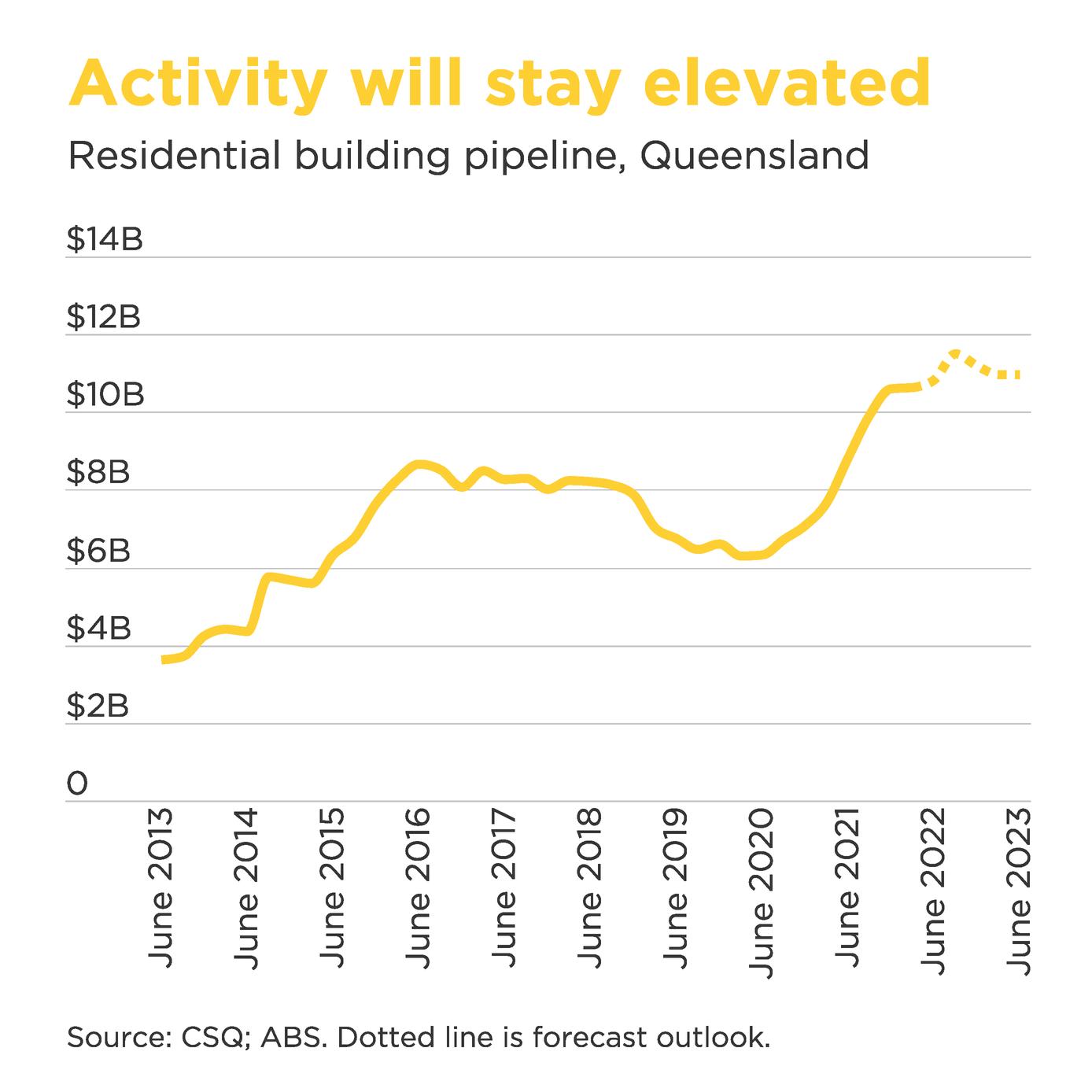

12


LANDSCAPE QUEENSLAND INDUSTRY WORKFORCE PLANNING PROJECT





14
The LQ Workforce Planning Project has continued throughout the year. Members have had the opportunity to provide feedback on areas where their existing employees could benefit from upskilling. These skill gaps were divided into Entry Level, Intermediate and Advanced. Due to the broad nature of the landscape industry, skill areas were also broken into structural landscaping, garden maintenance, horticultural and supervisory skill areas.
A great response was received from members. Common skill gaps included...
Structural Landscaping
Timber Concrete

Steel
Block and paver
Tiling and cladding
Site layout
Greenwalls & roofs
Water features & ponds
Irrigation
Drainage
WHS
Concrete
Retaining walls
Site layout
Irrigation
Drainage
Landscape Horticultural

Knowledge & techniques - soil & planting media
Knowledge & techniques - mulches & compost
Horticulture industry standards & best practices
Drainage
Plant identification
Planting /root systems
Pest and disease
Green walls / roofs
Water features & ponds
Turf
Irrigation
WHS - spraying / chemical handling
Garden Maintenance
Pruning, Hedging,
Mowing
Transplanting & establishment
Soil health
WHS
Equipment usage & maintenance
Pruning
Fertilising
Transplanting & establishment
Soil health
Irrigation
Knowledge & techniques - soil & planting media
Knowledge & techniques - mulches & compost
Horticulture industry standards & best practices
Plant identification
Planting / root systems
Turf
Irrigation
Business/Supervisory
Communication skills
Estimating/quoting
Supervisory skills
Contracts
WHS
Building codes & standards
Introductory Level / Intermediate Level Advanced Level
Advanced Level
Introductory Level / Intermediate Level
Level / Intermediate Level Advanced Level
Introductory
Legel / Advanced Level
Intermediate
15
LQ has liaised with the training industry and developed a number of Draft Skill Sets to meet industry needs. The aim is for these to be released and available to the landscape industry in 2023. These skill sets will be staggered in their release with the likes of emerging skill areas such as designing, building and maintaining green walls and roofs to be available in the second half of 2023 once trainers can develop relevant training resources and suitable trainers are available.

DRAFT SKILL SETS
Proposed Training Units (From CPC30320 - Certificate III in Concreting)
Skill Set 1
Sector: Structural Landscaping
Level: Intermediate (Cert III)
Skill Gap: Concreting
Skill Set 1A
CPCCON 3041 Place Concrete
CPCCON 3042 Finish Concrete
CPCCON 3043 Cure Concrete
Skill Set 1B
COCCCA 3018 Erect & Dismantle Formwork for Stairs and Ramps

CPCCCO 3036 Plan Concrete Work & Brief team
CPCCCO 3047 Cut & Core Concrete
Skill Set 2
Sector: Structural Landscaping
Level: Intermediate (Cert III)
Skill Gap: Outdoor Tiling & Cladding
Skill Set 3
Sector: Horticultural
Level: Advanced (Cert III, IV & Diploma)
Skill Gap: Roof Gardens, Vertical Gardens & Green
Facades
Proposed Training Units (New units in AHC30921 - Certificate III in Landscape Construction)
AHCLSC315 Implement an Outdoor Tiling Project
AHCLSC 313 Construct Stone Structures & Features and install Stone Cladding
Skill Set 4
Sector: Horticultural
Level: Intermediate to Advanced (Cert II to Diploma
Horticulture)
Skill Gap: Soils
Proposed Training Units (New units from AHC30921 - Certificate III in Landscape Construction and AHC42021 - Certificate IV in Landscape Construction Management)
Skill Set 3A
AHCGRI301 Maintain Roof Gardens, Vertical Gardens & Green Facades
AHCGRI401 Construct Roof Gardens
AHCGRI402 Construct Vertical Gardens & Green Facades
Skill Set 3B
AHCGRI501 Design Roof Gardens
AHCGRI502 Design Vertical Gardens and Green Facades
Proposed Training Units
AHCSAW202 Recognise Landforms & Soil Types

AHCSOL304 Implement Soil Improvements for Garden & Turf Areas
AHCSOL406 Sample Soils & Interpret Results
AHCSOL508 Manage Soils to Enhance Sustainability
16
DRAFT SKILL SETS CONTINUED
Proposed Training Units (From AHC50416 - Diploma of Horticulture)
Skill Set 5
Sector: Garden Maintenance
Level: Advanced (Diploma)
Skill Gap: Plant Health & Disease
Skill Set 5A
AHCCHEM501 Develop & Manage a Chemical use Plan
AHCLPW506 Develop & Manage a Designated Area
AHCPMG508 Develop a System to Monitor & Evaluate the Plant Management Plan
Skill Set 5B
AHCPCM507 Diagnose Plant Health problems
AHCARB514 Diagnose Tree Disease
Proposed Training Units (AHC42021 - Certificate IV in Landscape Construction Management)
Skill Set 6
Sector: Business/Supervisory
Level: Advanced (Cert IV)
Skill Gap: Codes & Standards and Plans & Specs
Skill Set 6A
AHCLSC402 Apply Building Codes & Standards to Const Process for Class 10 Buildings
AHCLSC403 Apply Structural Principles to Class 10 Buildings
Skill Set 6B
CPCCBC4012 Read & Interpret Plans & Specifications
CPCCBC4053 Arrange Building Applications & Approvals
CPCCBC4009 Apply Legal Requirements to Building & Construction Projects

Proposed Training Units (AHC42021 - Certificate IV in Landscape Construction Management)
Skill Set 7
Sector: Business/Supervisory
Level: Advanced (Cert IV/Dip)
Skill Gap: Supervision & Communication
Skill Set 7A (From Cert IV)
AHCLSC404 Supervise landscape project works
AHCWRK403 Supervise work routines and staff performance
CPCCBC4008 Supervise site communications and administration processes for building and construction projects
Skill Set 7B (From AHC52021 - Diploma of Landscape Construction Management)
AHCBUS514 Negotiate and monitor contracts
AHCBUS515 Prepare estimates, quotes and tenders
AHCLSC504 Survey and establish site levels
AHCLSC505 Manage landscape projects
Skill Set 8
Sector: Business/Supervisory
Level: Advanced (Cert IV/DIP)
Skill Gap: Costings and Budgets
Proposed Training Units (From AHC42021 – Certificate IV in Landscape Construction Management and AHC52021 – Diploma of Landscape Construction management)
AHCBUS407 Cost a project
AHCBUS408 Operate within a budget framework
AHCBUS515 Prepare estimates, quotes and tenders
AHCBUS518 Prepare and monitor budgets and financial reports
The LQ Workforce Planning Project will continue into 2023 with the support of CSQ where it will continue to promote landscape industry career and training pathways as well as gathering further information on the current and future human resources requirements to ensure capacity needs can be met into the future.

17


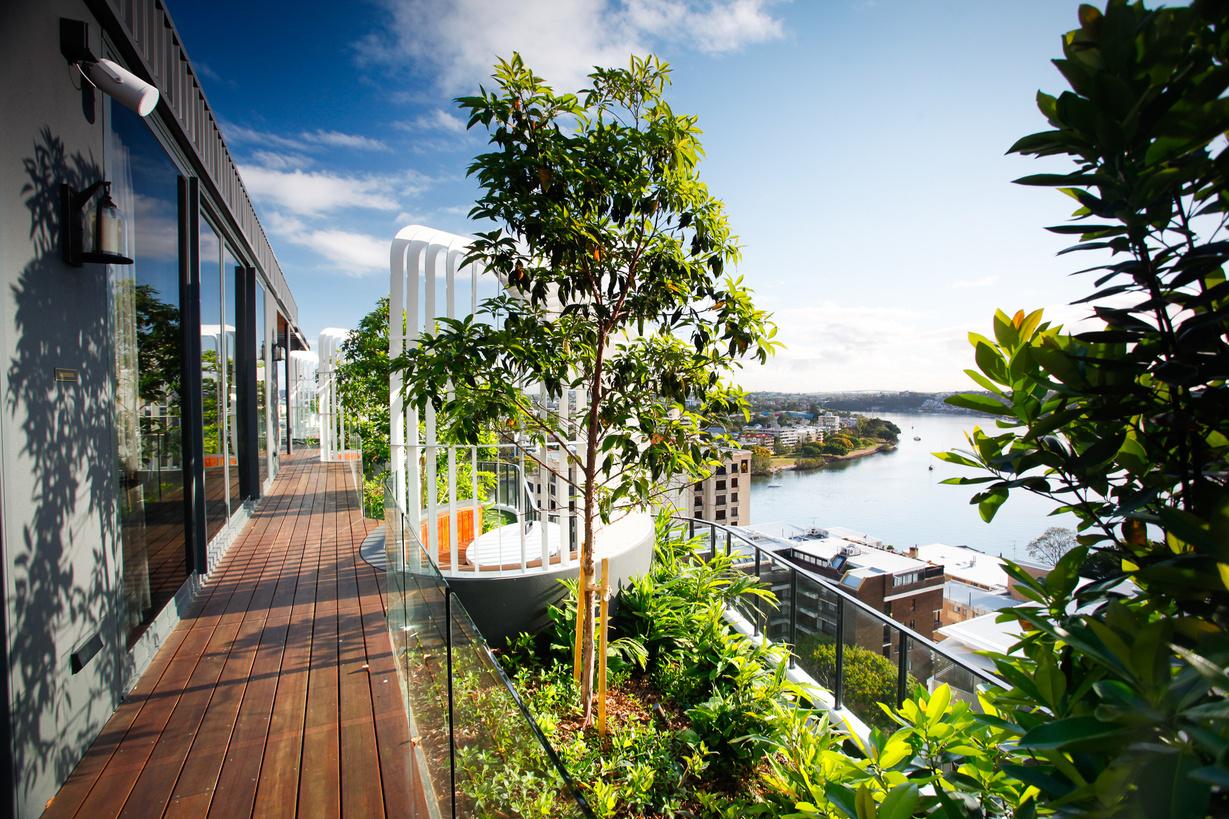




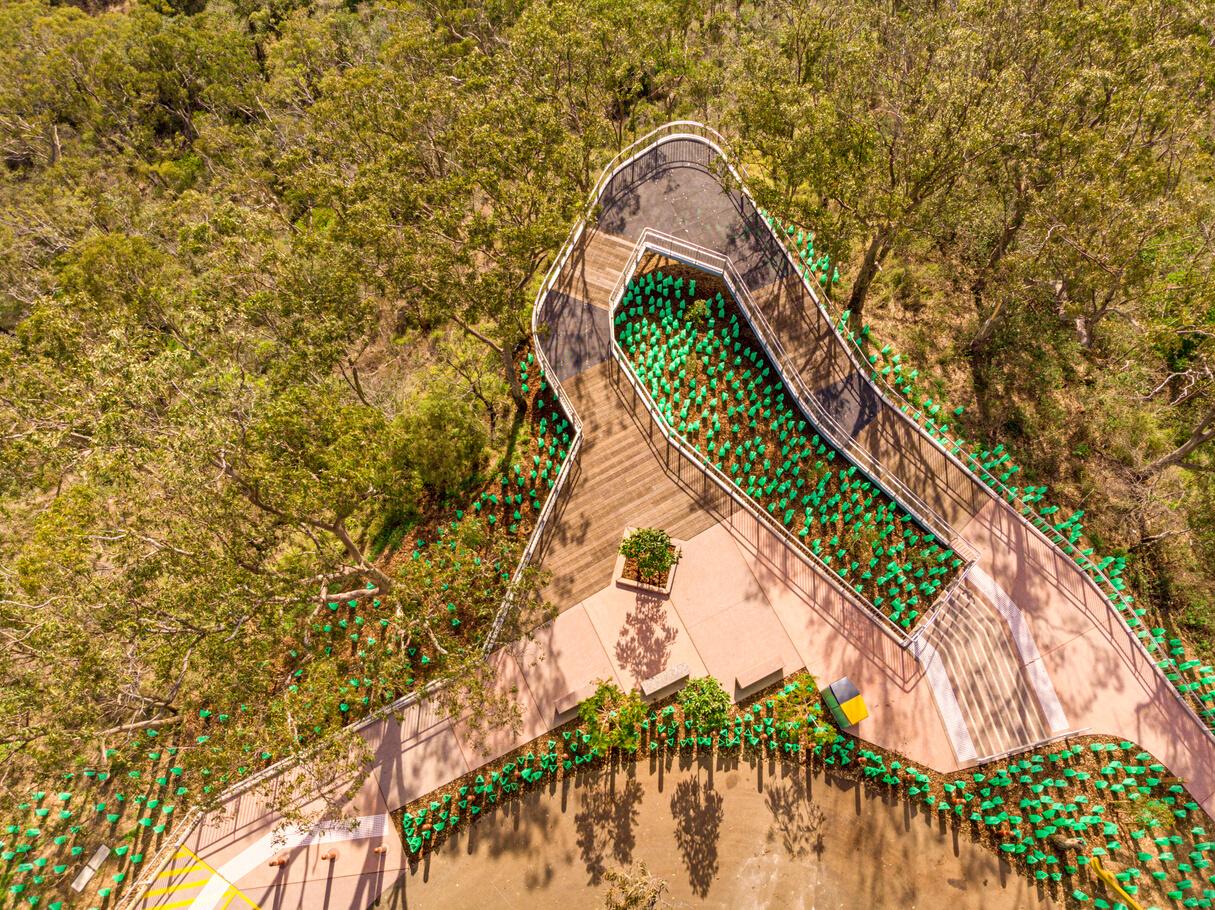
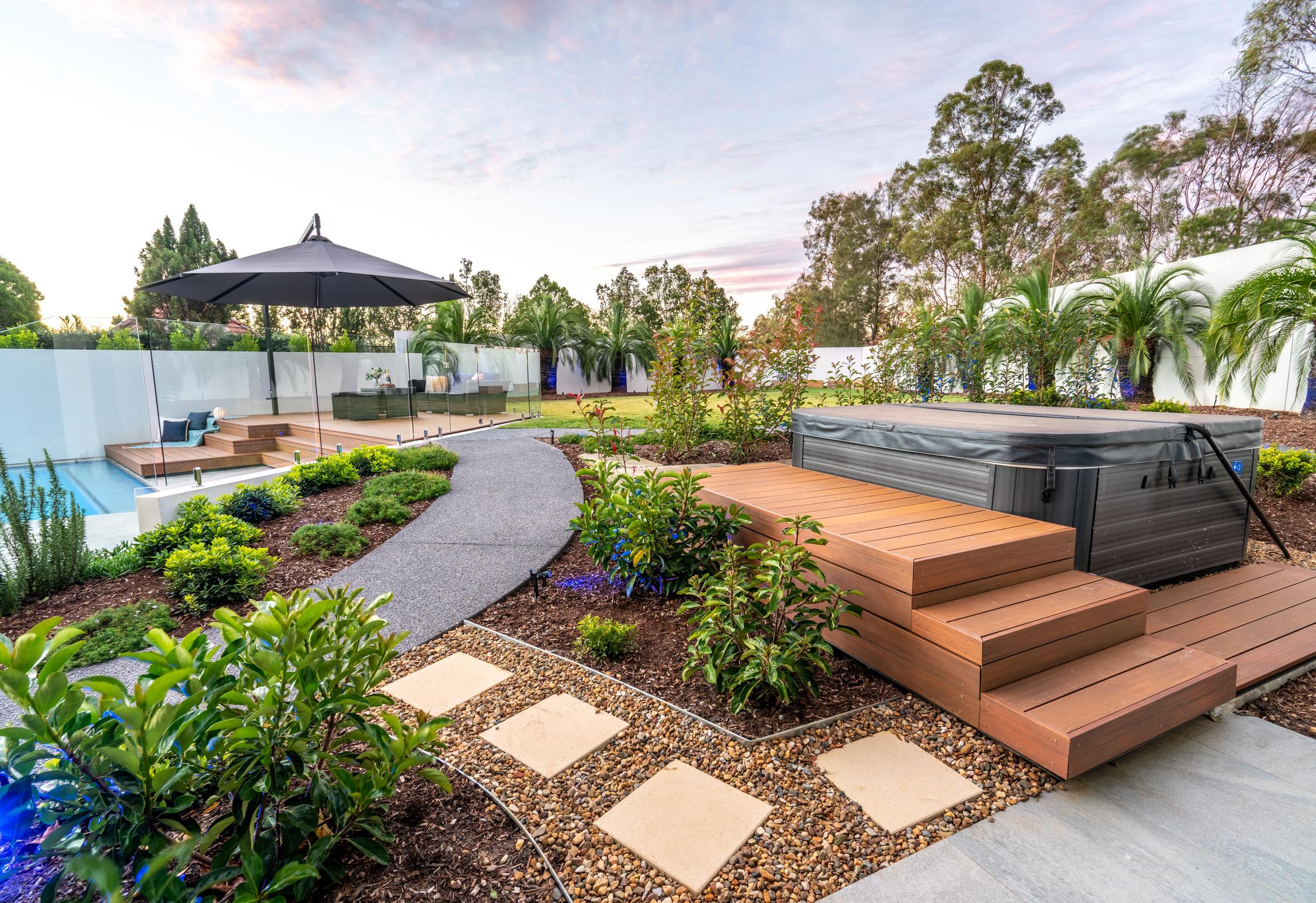
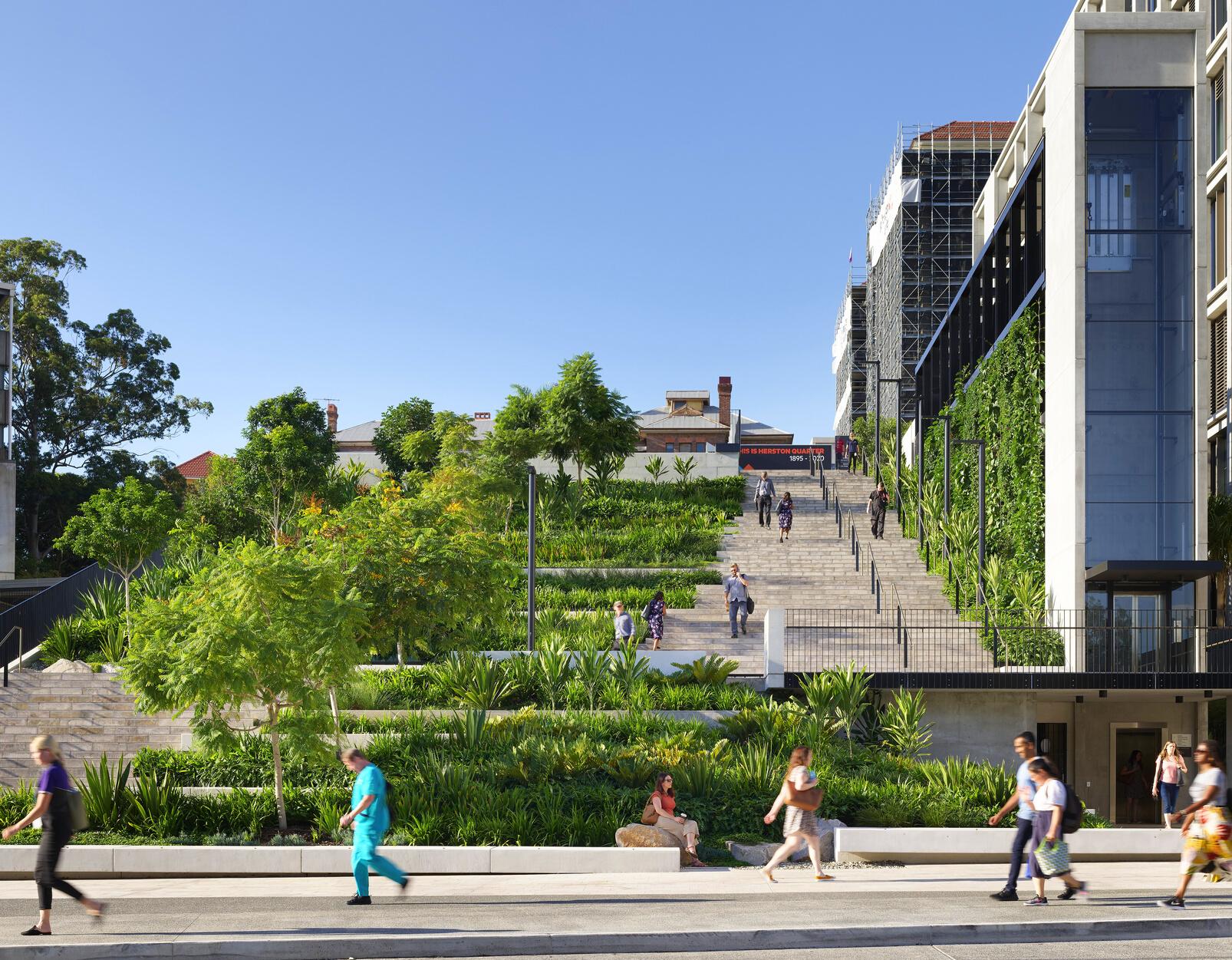

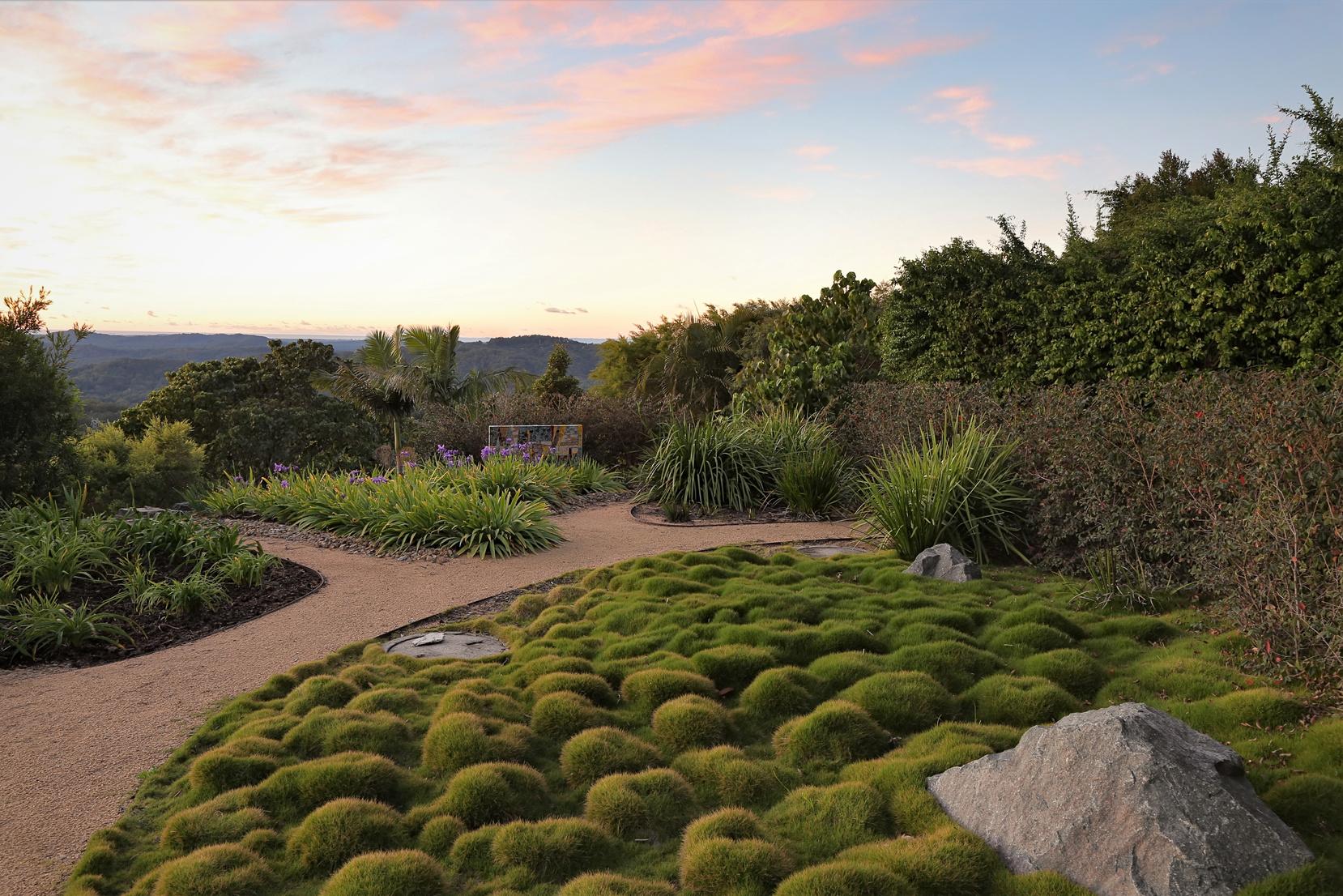


WWW.LANDSCAPEINDUSTRYCAREERS.COM.AU WWW.LANDSCAPEQUEENSLAND.COM.AU
With the industry experiencing major staff shortages, both skilled and unskilled, Landscape Queensland continues to promote the industry and create an awareness of Landscaping as a great career choice.
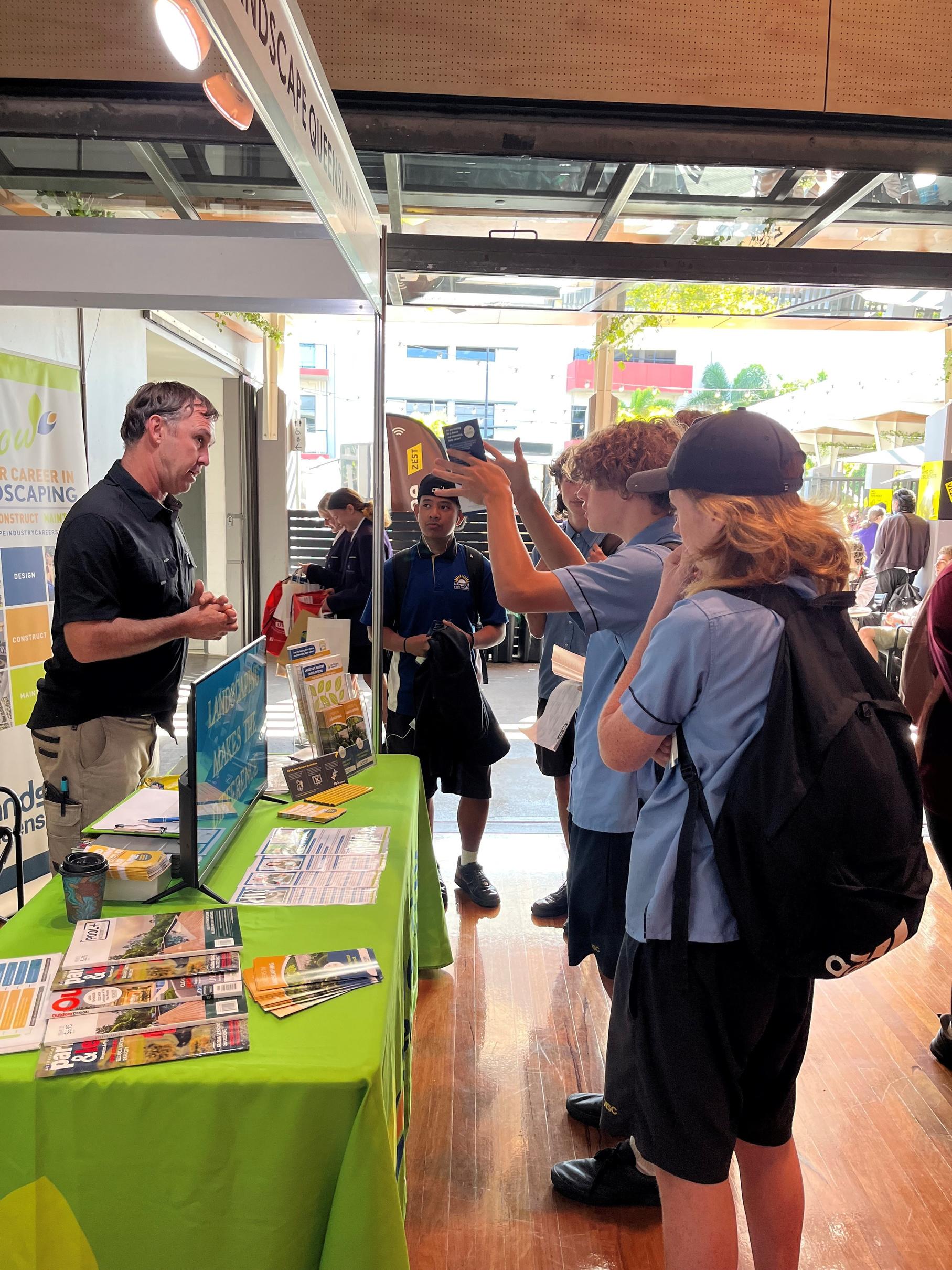
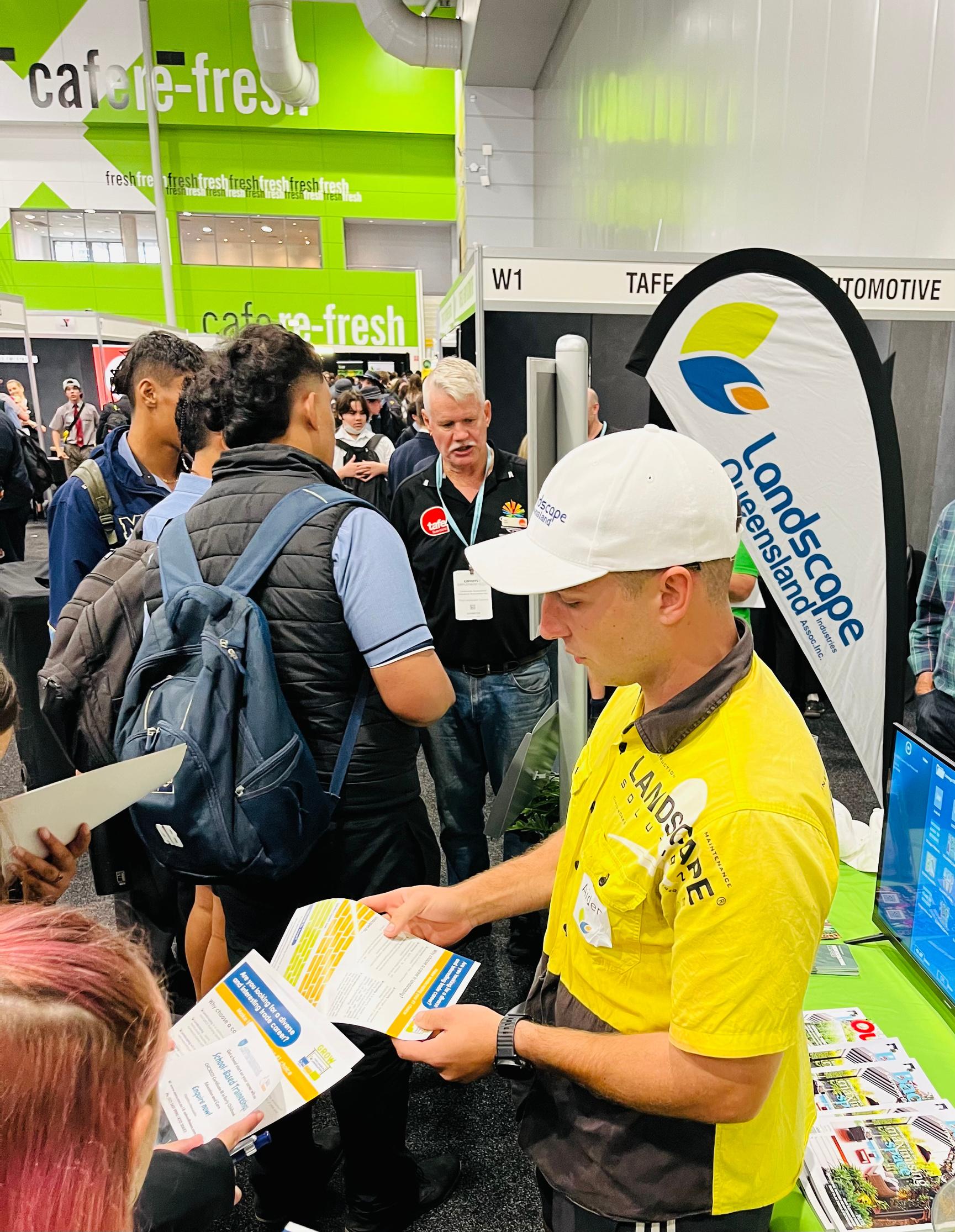
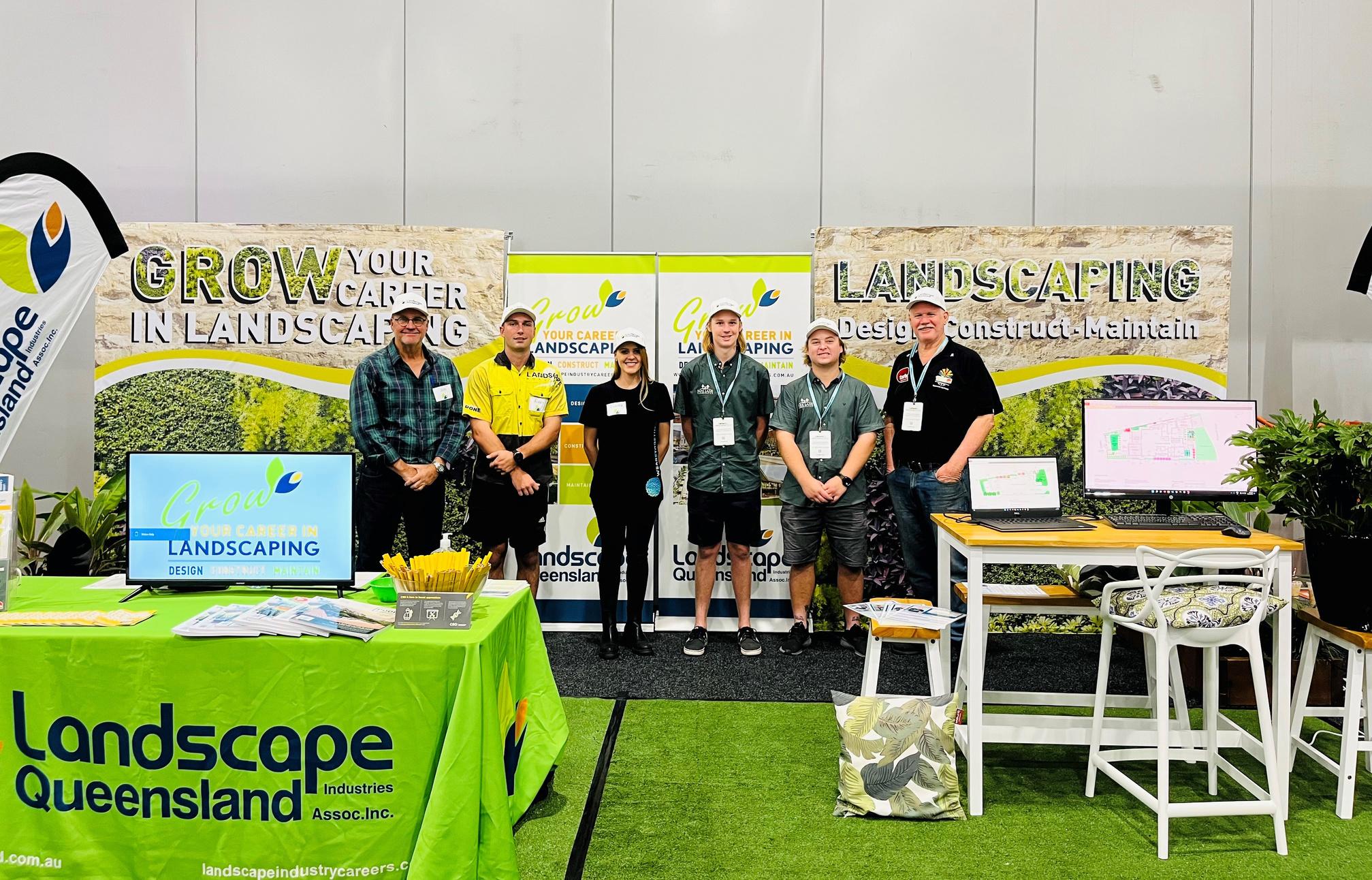
The LQ team has exhibited at multiple careers expos throughout the year to date including the Brisbane Careers expo and Council-run events at the Gold Coast, Redlands, Logan, and Sunshine Coast. LQ members have also been participating in YMCA vocational schools student mentoring, as well as our continued representation with the Australian Defence Force career days creating awareness of Landscape for Defence Force Personnel leaving the service.
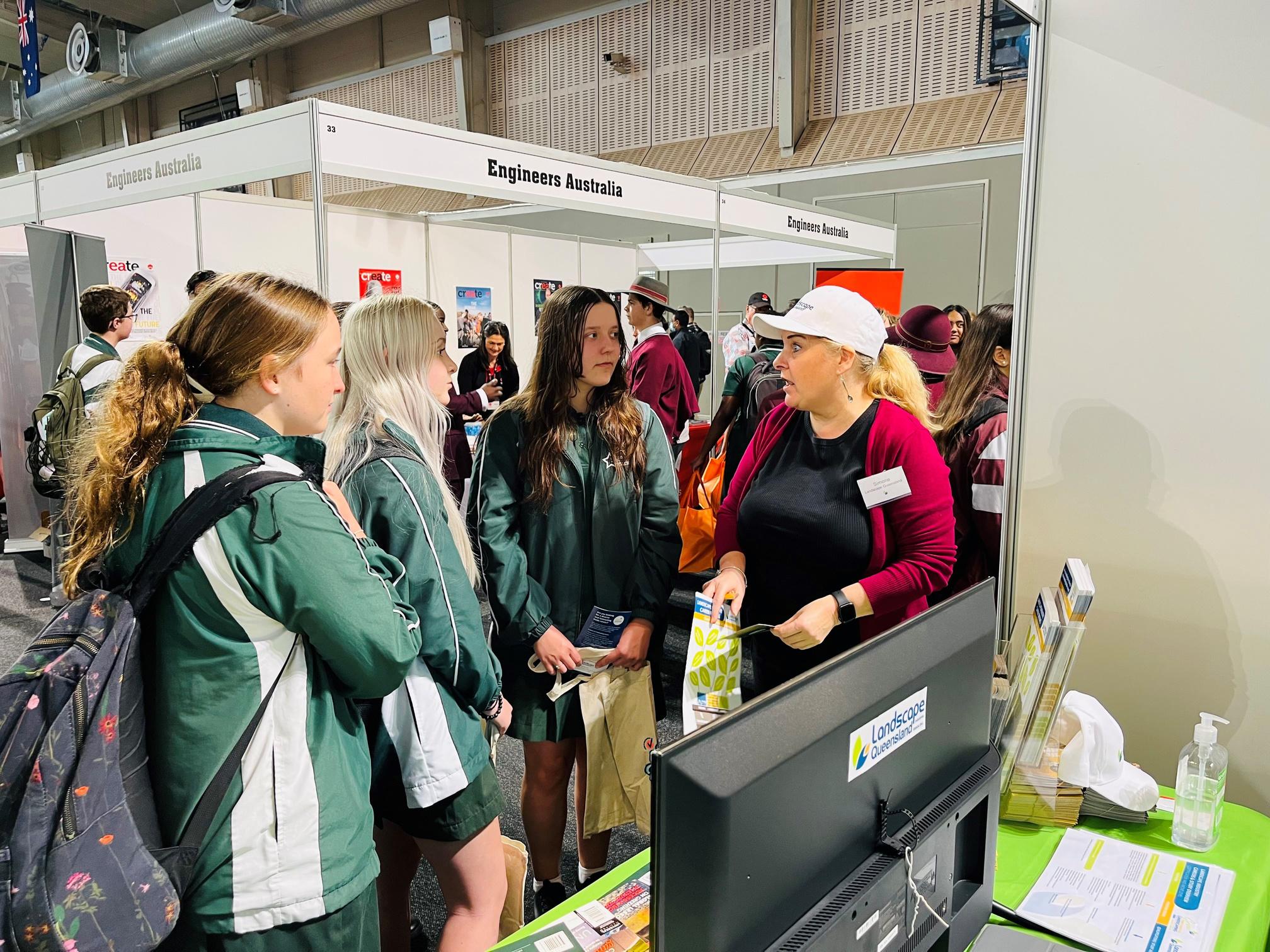
A very big thank you to our Members and their staff who have given their time to promote our industry. The LQ team and our member volunteers advocate on behalf of the industry and encourage students and career changers to think about landscaping as their #1 choice.
LQ continues to promote the LQ Industry Careers website which is an excellent resource for anyone considering a career in landscaping as well as hosting resources for members who may be considering taking on an apprentice or looking at further training.

19
THE
With everyone struggling to find new employees, it’s more important than ever to help nurture and encourage young people to consider a landscape industry career.

Within a month of becoming a member of Landscape Queensland, Darren from Package Landscapes Australia answered our call to chat with a group of young people undertaking a landscape industry ‘trade taster’ through YMCA.
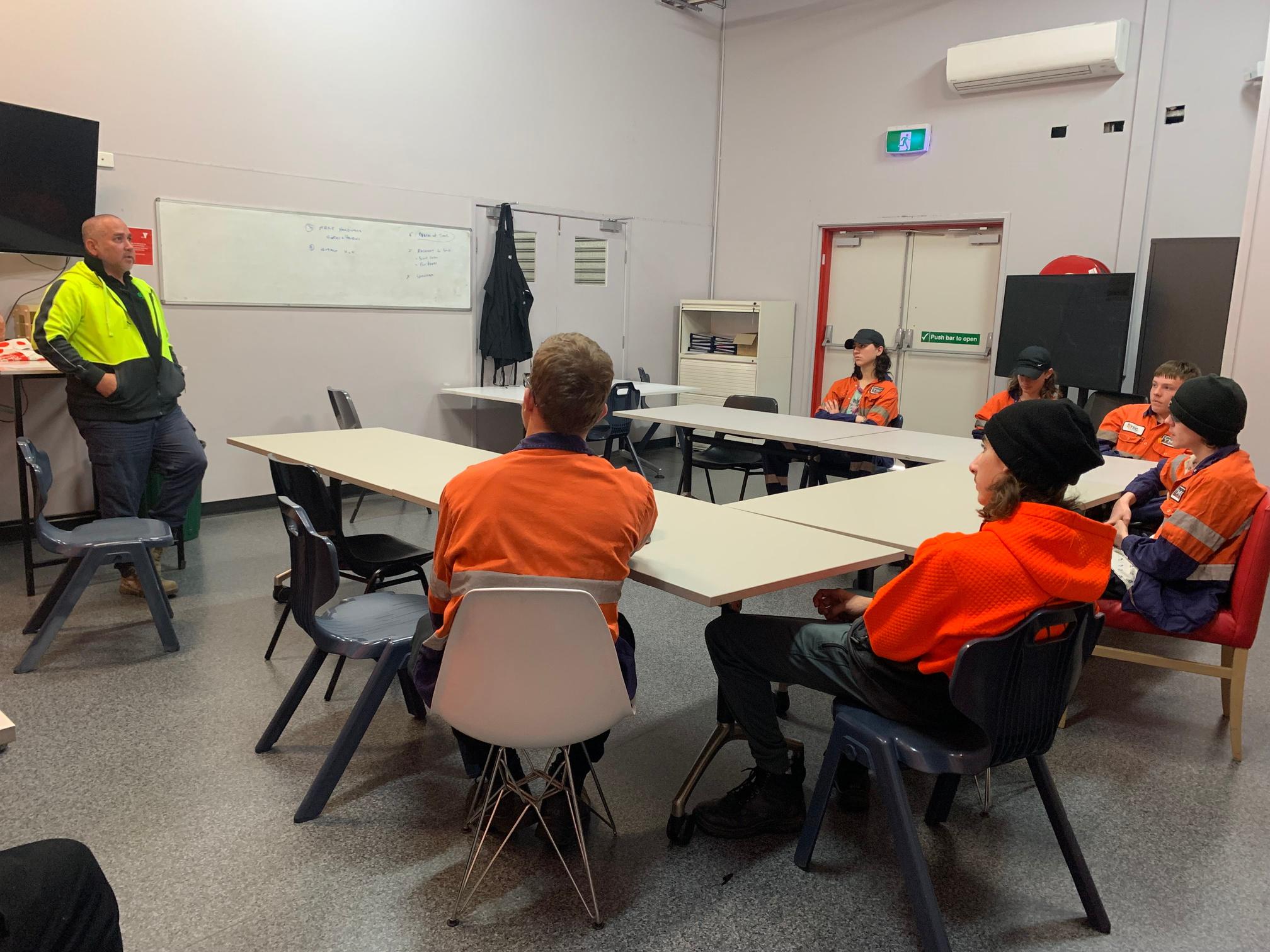
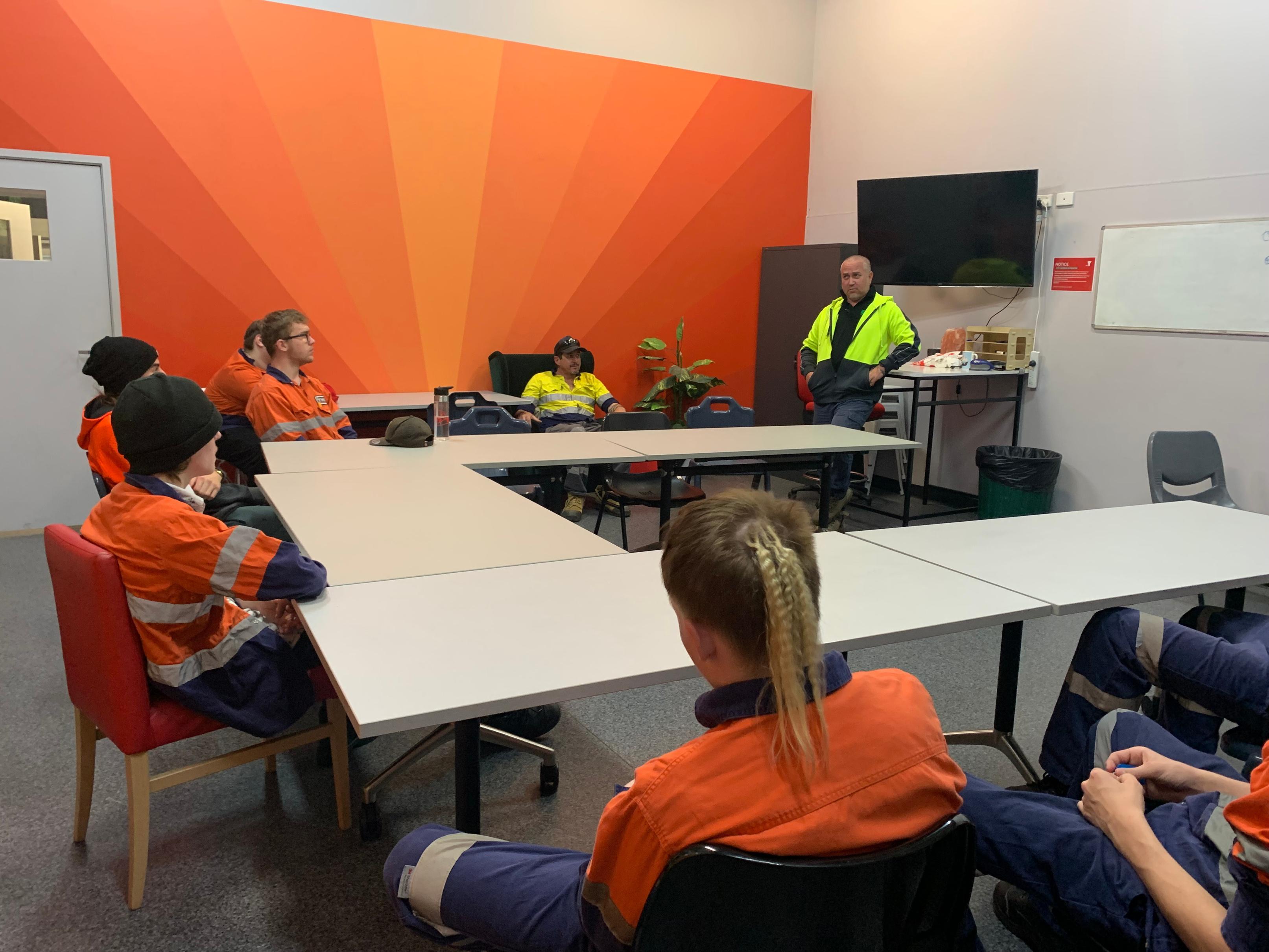
With a vast amount of industry knowledge and experience, Darren was able to share some of his experiences with the group and answer their questions. “The class thoroughly enjoyed listening to Darren’s career journey. He has sparked some really fantastic conversations amongst students regarding landscaping careers and I think we might have some future landscape apprentices in our class,” said Sally from YMCA’s Kingston Campus.
More talks are scheduled for later in the year at North Lakes, Victoria Point, Ipswich and Acacia Ridge YMCA.
If you are someone interested in a career in the landscaping industry visit landscapeindustrycareers.com.au to learn more about your options.



WWW.LANDSCAPEINDUSTRYCAREERS.COM.AU 20
LANDSCAPE QUEENSLAND MEMBERS OUT AND ABOUT HELPING TO CAREERS IN
LANDSCAPING INDUSTRY Grow



VISIT THE JOBS BOARD VIA LANDSCAPEINDUSTRYCAREERS.COM.AU SEARCHING FORWORKINTHE LANDSCAPINGINDUSTRY?
LQ Members:

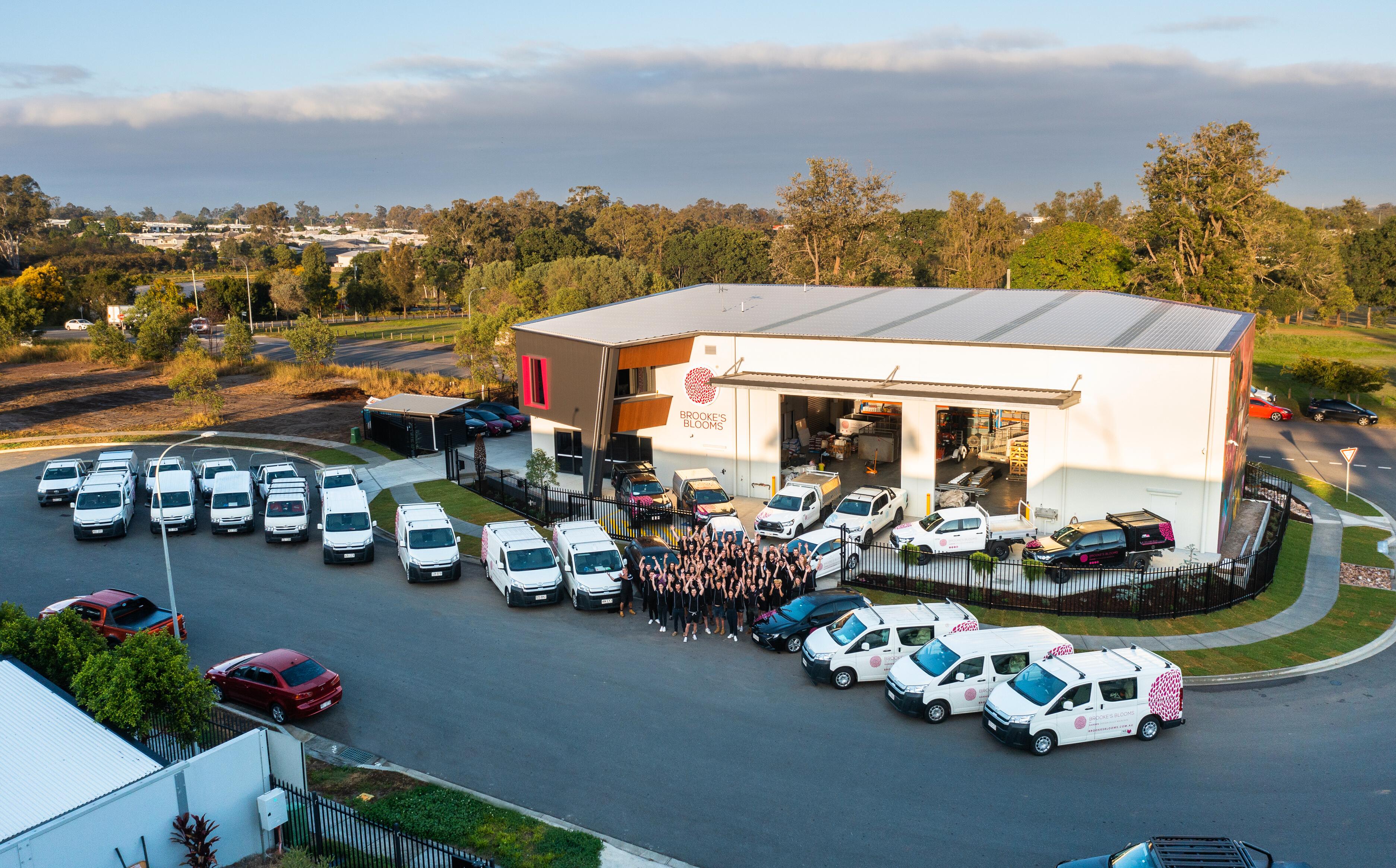
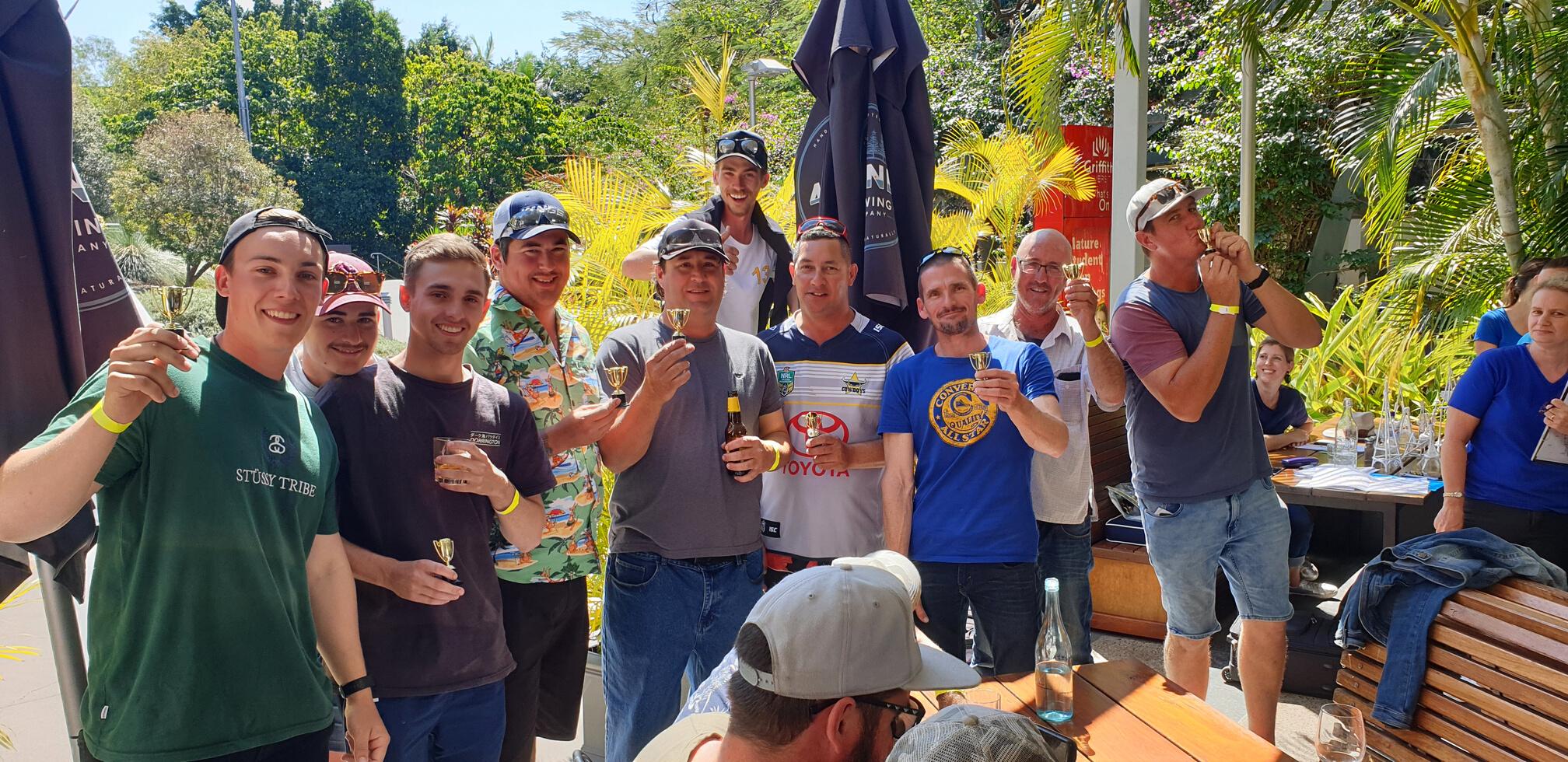

Get the Best Out of Your Team!
C U L T U R E
W O R K P L A C E
22
Definition Landscape & Design, Interface Landscapes, Park Lane Landscapes and Brooke's Blooms
On the back of the Covid-19 pandemic, businesses had to pivot and find new and innovative ways of doing things.
Flexible working arrangements needed to be implemented and although the landscape industry was still able to work, unlike a number of other industries such as hospitality, we had to manage our COVID WHS obligations including social distancing, masks and hygiene, whilst we had to change how we were able to communicate with our clients, suppliers and our staff. COVID testing and mandatory isolation periods caused considerable disruption and both business owners and employees had to deal with the stress caused by the uncertainty of the times.
So how does our industry foster relationships with our current workforce in an effort to retain employees against a backdrop of Australia-wide staff shortages?
According to The Culture Equation, a strong culture is the only way to unlock your company’s full potential. Conversely, studies show that toxic cultures kill growth. Therefore, actively promoting a great team or workplace culture will go a long way to keeping your team enthusiastic about working with you and keep them engaged.
Depending on the size of your team there are many ways to develop a great team culture such as regular BBQs or breakfasts (which can be combined with Toolbox Talks) Friday arvo gettogether or movie nights, offering training or professional development - LQ FREE So You Think You Know….training series is an excellent source for this. We asked some longstanding LQ members about their strategies for Team Culture Development.
56%ofworkerswillcomplete tasksthataren’tpartoftheir jobwhenthey’rehappy
1-in-4workersare currentlylookingfora newjobbecausethey areunhappy
Pulling together a group of employees, calling them a 'team' and expecting them to come up with great results will not necessarily lead to those employees working together effectively
1. 1.
Engaged employees make better decisions for their companies and clients because they understand more
2. 2.
Engaged employees are more productive because they like or love what they are doing.
3. 3.
Engaged employees innovate more because they deeply want their organisation to succeed
QuestionstoAsk toBuildTeam Culture
What motivates your team?
How do you inspire leadership?
Are you available?
What’s your communication style?
Do you encourage feedback?
Thrive Global
Supporting Employee Growth
1 Give Recognition and Rewards
2 Provide Feedback in Real-time, Not Just During Annual Reviews
3 Use a Learning Management System (LMS)
4 Encourage Mentoring and Coaching
5 Identify and Develop Soft Skills
6 Implement Cross-Departmental Training Programs
7 Continue to Look for Developmental Opportunities
Glassdoor for employers
Further References & Reading Establishing a Positive Workplace Culture - RMIT Online Guide to Company Culture - Indeed Work Wellbeing 2022 Insights Report - Indeed
MyBusiness 23
Reward Gateway
D E F I N I T I O N L A N D S C A P E & D E S I G N
It’s All About R E S P E C T
LQ members since 2012, Director Joseph Nagel of Definition Landscape & Design recently shared some of his insights and experiences on fostering team culture. His team has grown to 14 during his decade in business and as is often the case in small businesses, includes members of the family

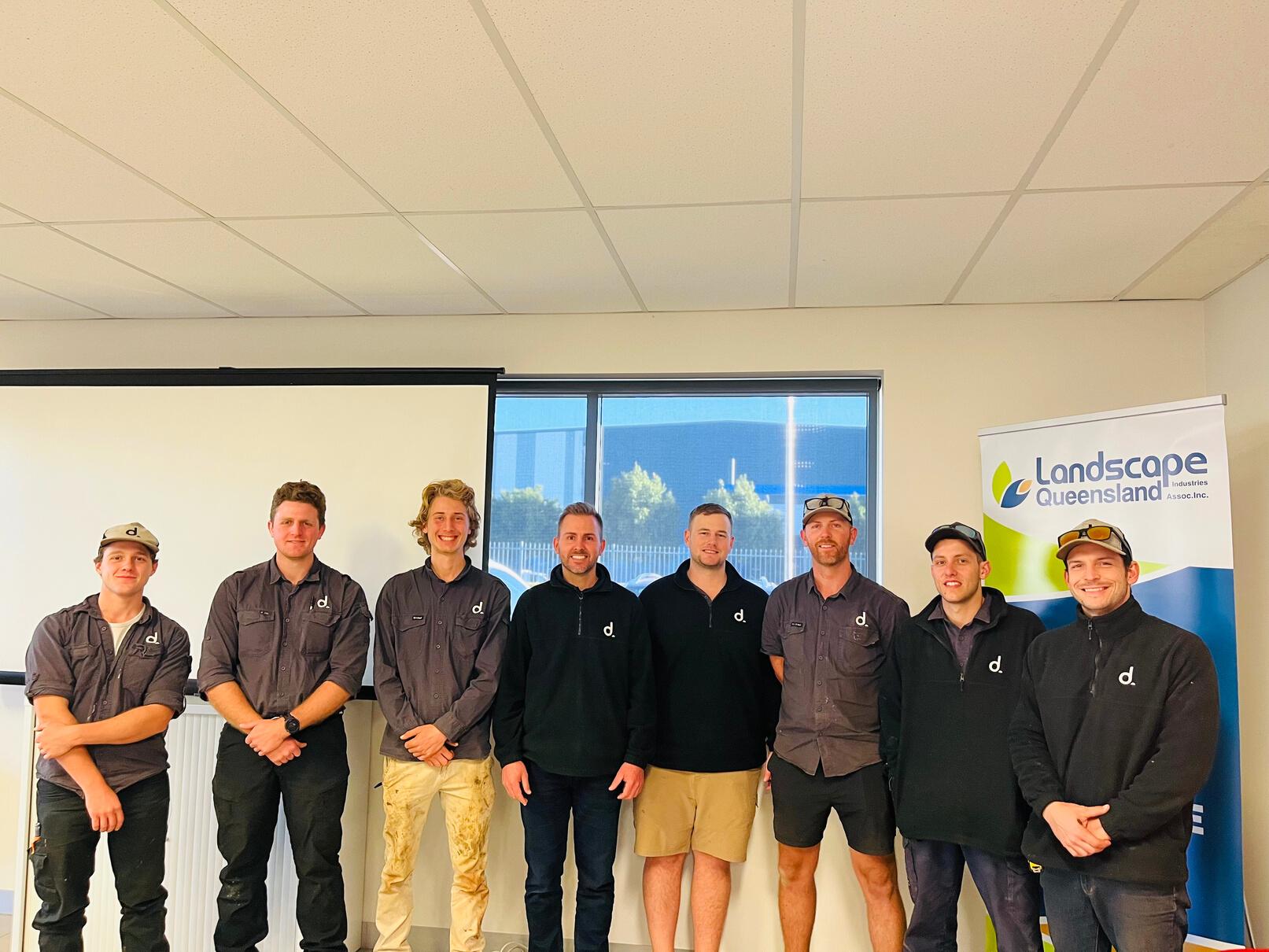
We asked Joe what he thought motivated his team. “I think they are motived by an enjoyable, safe, supportive work environment, where they're valued and respected. I think the guys understand that they're valued personally by me, and each one is an important part of our team within their different roles/levels,” Joe said. “Two-way trust is also vitally important. I rely heavily on our guys to represent me, which isn't necessarily easy or natural for them I put a lot of trust in them (how they relate with my clients, how they relate with our subbies, how they use my equipment, how they look after my sites, how they follow specific instructions, how they use my vehicles/storage shed, etc) and I work hard on developing that mutual trust. Both they and I make mistakes, work through them (rather than throwing the baby out with the bathwater) and over time a stronger, more understanding relationship is built I think.”
“I also encourage our guys to think that my client is ‘their client’ - I want the construction manager and leading hand through to the apprentice or labourer saying hello and giving them a smile. Generally, this is reciprocated by our clients which makes for a nice place to work for our guys, who know they're appreciated by the home owner too. I think that it’s important too that clear, honest, open conversations around pay rates happens at all times, as well as making room for growth and development with commensurate pay increases which support career progression,” he went on to say.


24
Photos: Definition Landscape & Design and LQ
In a small team, it can be tricky to manage strengths and weaknesses. Joe believes that career progression is extremely important to team harmony. “I'm trying to create spaces for everyone in line with their experience, skillset, motivation, and expected career trajectory. I expect time and loyalty from the guys to be able to offer this, but when they do commit in this way, it becomes easier to work out who they are, where they're going, how to get them there...and hopefully keep them for a long time!” he said.
Joe also feels training is important. “Professional development, where our team know that I'm investing in them, to see them bettered in their skillset or knowledge regardless of if they stay with me or not. I benefit from more rounded, useful team members and they know that


Joe tries to be available as much as possible despite the challenges of running a small business and juggling a young family “Time is an issue, with so many people wanting your attention. I make myself available to our whole team, from admin and leadership members through to apprentices and labourers, however I do prioritise availability to our leadership team (and specifically current projects/clients) and encourage our team leaders to in turn support the guys that answer to them. If an apprentice calls though, I'll take their call and chat through their question if I'm in any position to do so,” Joe said.
pride in the finished outcome. Our projects are generally quite technical, require a lot of problem-solving, and are outdoor lifestyle oriented with a beautiful finished aesthetic. I'm proud of our completed jobs, as are our clients typically, which also instils a sense of pride in our guys - they take a lot of ownership of the quality of their personal work and their team's work and attach themselves to the finished garden. Projects like this keep them on their toes, learning, developing, improving, growing in their skillset and career path. They're not often bored - more likely they crave a simple mundane job here and there to give the brain a rest,” he said.
“I encourage feedback from my team and regularly ask them what they think about a given topic, question or issue and I believe they generally feel free to respond openly or indeed initiate a conversation We have a monthly team meeting and constantly discuss how we can improve or solve problems so we can do it better next time. It’s important to continually develop and improve as individuals and as a team and that’s a culture we endeavour to foster at Definition,” he went on to say
Finally, when asked about his communication style Joe thinks he doesn’t have a particular style but always tries to be honest, open and straightforward avoiding ‘grey’ areas or ambiguity and most importantly, respectful. With an original professional background in teaching, it’s no wonder Joe puts a lot of emphasise on training and development for his team.
25
P A R K L A N E L A N D S C A P E S
a Landscape Team

Back in 1988 when owner Brett Oakley was establishing his landscape business venture a favourite board game provided the impetus for the business name. Park Lane is one of the most prestigious properties on the Monopoly board and Brett decided that the projects his business on the Gold Coast was involved with should emulate that ideal – hence the name was born Park Lane Landscapes. LQ caught up with Brett recently to find out a little more about his business’ team culture and how they draw inspiration from the name
A large part of longevity in business can be attributed to the cohesiveness of the team and Brett is certain this has played a major part in his business success and longevity. With a staff of 20 employees, he is committed to the continuous support, training and education of his team and keeping them up to date with the latest landscaping and horticulture research and techniques.
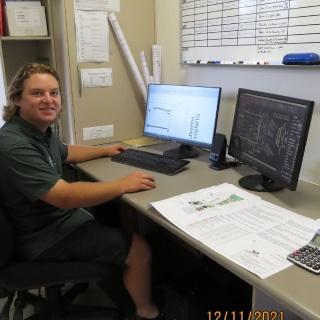
Staff turnover at park lane landscapes is minimal. Many of Brett’s team have been with him for over a decade, with one recently retiring after 28 years with the business. Brett says “We love what we do, and only employ people who share the same passion”. Creating job opportunities for the next generation of landscapers is also something Brett sees as important and he’s committed to giving those who share a passion of landscaping and horticulture a go where he can.


Brett said. “I was taught, and also believe, the best motivation an individual employee can have is the feeling they are making a valued contribution at work, that their efforts are appreciated and that they are an important part of a team. If they have something to say, they get a chance to be listened to. I often hear them say that they enjoy producing a quality final product they can be proud of and that’s one of the best things about our industry – what we produce each day.” Hence drawing inspiration from the Park Lane name and striving as a team to deliver high-quality landscaping for all our customers

H
26
Photos: Park Lane Landscapes
Brett tries to be calm and a good listener and prefers face to face communication believing it provides a more accurate reading of the other person and situation rather than phone or email. He believes it it’s important that the person you’re speaking to gets a chance to have their t d k th are being listened especially in difficu always be better,” he s
When asked if he enc his team Brett re Listening when a something they wan important. Following action is equally imp conversation was wo way, people really fe This encourages them any issues so you can deal with them rather than letting them fester. You will see an improvement in your culture if you encourage staff to talk to you.”

Running any business means you are often time poor and may not prioritise being ‘available’ to your team. Brett says he’s probably not as available as he should be, particularly with site visits “but a return phone call to a supervisor will always be a priority for me before anyone else (except my wife!). When I do visit site, I make sure I spend a minute or two with every staff member, so they are acknowledged. I will always make myself available if a staff member has something they want to discuss ”
Park Lane Landscapes has an active social club for its employees developed and organised by one of their younger team members. Brett wholeheartedly supports this initiative and encourages team members to stretch themselves in volunteer l h LQ C Expos for personal own period and to oard and ready for at his place where re cleaned and sharpened, gear is tested and tagged, and everyone gets a chance to catch up and say hello and share a cold drink. It’s a great way to start the year.
Brett believes that business owners and senior employees need to be good role models This includes such ideals as staying calm under pressure and speaking respectfully to staff and clients at all times. “I encourage supervisors to solve their own problems where they can and to an extent run their own jobs providing a sense of autonomy and responsibility. That way they become more invested in the project themselves. Praise is always a good thing where its due, but equally constructive criticism is important where it’s needed. This gives the staff member the opportunity to make positive improvements and reduces problems in the future. Random acts of kindness from you as employer for exceptional work or other contributions to the business also go down very well,” he said.
Park Lane Landscapes have been an LQ member since 2005 and an LQ Landscape Industry Accredited member since 2012
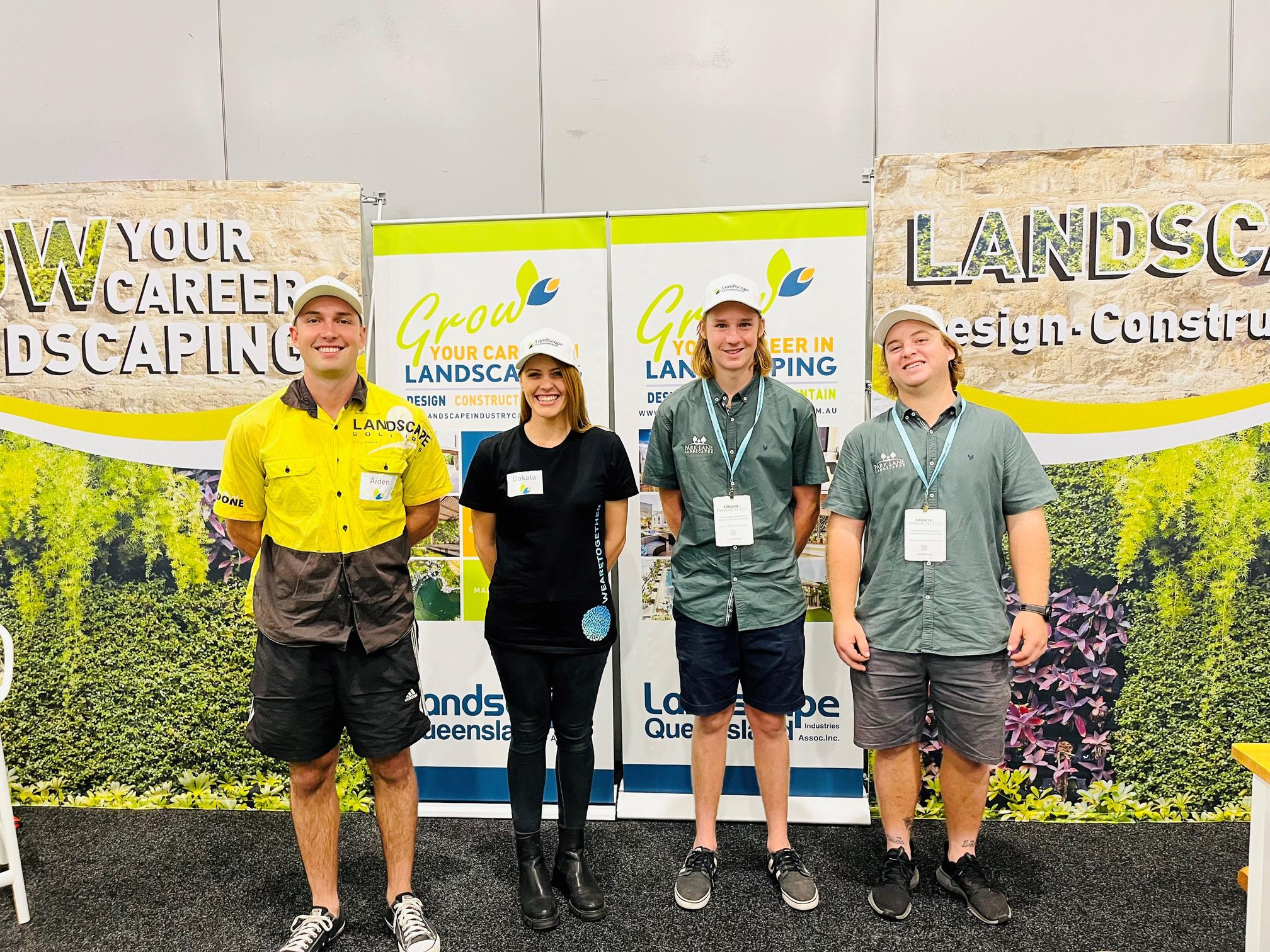
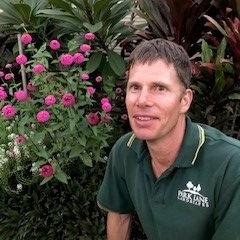
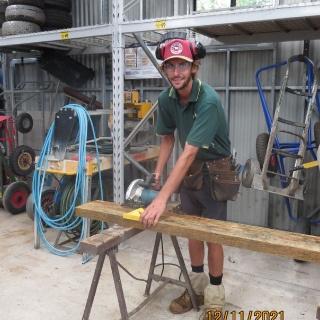
27
INTERFACE LANDSCAPES
M E N T O R S H I P A N D M O T I V A T I O N
Former LQ President Dave Taylor from Interface Landscapes might be known to many of you having been involved with the Association as a member since 2005 and an active Board Member since 2007. Specialising in commercial landscape construction and maintenance including rehabilitation works, the team at Interface enjoy a positive culture developed and fostered by management through a variety of programs both in house and externally We caught up with Dave recently to delve a little deeper…

“Team culture is something we are focussed on and passionate about. We spend a lot of time and money on making sure that staff are feeling included and part of the ‘Big Picture’,” Dave said.
The Directors, Project Managers and Foreman all have important roles in mentoring and keeping staff motivated. We host regular staff BBQ’s, food trucks come to our head office and we have team building days with all staff. Communication within our team is something we feel is very important too so again building on inclusion, we send a monthly wrap up email to the entire team sharing information about the business, upcoming tendering, projects in the pipeline as well as work completed. This helps to keep our team of over 70 employees to feel connected with the various segments of the business,” said Dave.
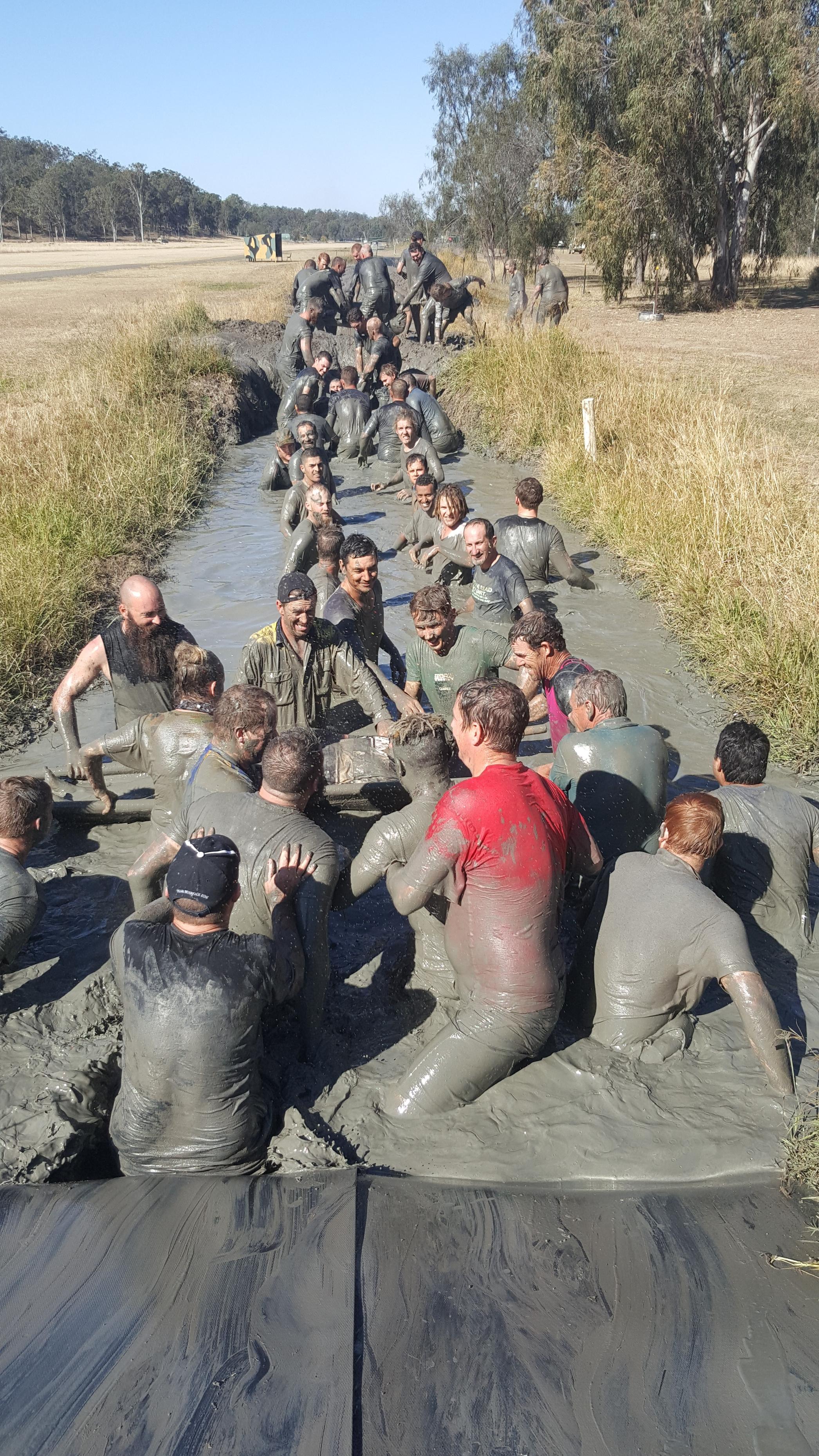
Interface Landscapes 28
Photos:
“The monthly wrap up email also includes our coveted Employee of the Month, upcoming staff training days for apprentices and upskilling of Foreman and acknowledging staff birthdays for the period,” he went on to say. “A few of the initiatives we have adopted aimed at fostering team culture include regular sporting events and our annual Christmas party, invitations for which are extended to employee’s families. This helps to create enriched events where everyone feels included.”
“Several years ago, Interface started supporting various charitable organisations both within Australia and also the Philippines. All these activities collectively play a role in uplifting morale and maintaining a great company culture and helps our team to feel part of something bigger than themselves,” Dave said. “Interface Landscapes is proud to be involved with the Muravah Foundation located in Legaspi, on the slopes of Mt Mayon( a LIVE Volcano) in the Philippines Our commitment includes providing ongoing financial support and volunteering opportunities for staff and stakeholders. Our mission is to assist people living under the poverty line who are of the most vulnerable in the community. We aim to give them a chance of a self-sustaining future, lifting them out of poverty which is a concept we don’t fully appreciate in our lucky country,” Dave explained.




When asked about how he inspires leadership Dave indicated that leading by example was vitally important. This mindset is encouraged in all senior staff members which ‘sets the standard’ and reinforces the Interface brand message of being a “Point of Difference” not only in their work but also in their culture


Both Dave and his Co-Director Tom Wilds have an open-door policy and are available at all times. This message is conveyed regularly to their team. “We hold fortnightly meetings where there is an open forum to discuss not only project related issues but any other concerns that staff may have as well as annual one-on-one meetings with all staff,” Dave said.
Everyone has their own style of communication, and Dave believes “this needs to be adjusted to suit the circumstances but generally if you can become a good listener this will help with how you communicate whatever your message may be.”
29
BROOKE'S BLOOMS
Brooke Jennings created the company that is now Brooke’s Blooms with little more than an old beat-up Toyota van, some trusty tools, her ever-present and loyal dog Buddah, and a long-standing love for plants and nature. It all began with a large Eucalyptus Summer Beauty, Brooke’s favourite plant, and an image that served as the foundation to the Brooke’s Blooms brand. During its infancy, the Summer Beauty was a picture attached to the original van with a phone number underneath.
During the last twelve years Brooke’s Blooms has weathered the highs and lows of being in business but has never lost sight of some key qualities which she believes are integral to her success – staying grounded, humble but most of all, to stay true to their beginnings. “Collectively as a team, as a family, we can create beautiful things, things of wonderful significance. It all comes back to the start – that old van, those long hard summer days, the belief that we were a part of something bigger than ourselves”, she said.

F R O M A N O L D V A N T O A N E W B U I L D I N G - H O W A G R E A T T E A M C U L T U R E C A N H E L P G R O W Y O U R B U S I N E S S
30
Photos: Scott Burrows and Brooke's Blooms
“Our team is motivated by their passion for the industry, we all share the same vision at Brooke's Blooms to care for and create beautiful gardens, that is why we come to work each day. We are very fortunate to work with some amazing clients and on some amazing projects and the team are all motivated to be a part of all of that. We recently all shared with each other what was the thing we loved most about working here, and the most common h th ll f l l k
Training and professional development are also a key aspect to the daily working life at Brookes Blooms. At any given time up to 80% of her workforce are involved in training in some capacity be that on the job or formal learning It’s no wonder then that BB has produced not one but two LQ Apprentices of the Year in recent times. Brooke also encourages team members to become actively engaged in their local communities as well as volunteer for LQ events such as Career Expos.
has cultivated with employees past and present is what makes it all worthwhile.
The team at Brooke’s Blooms has grown
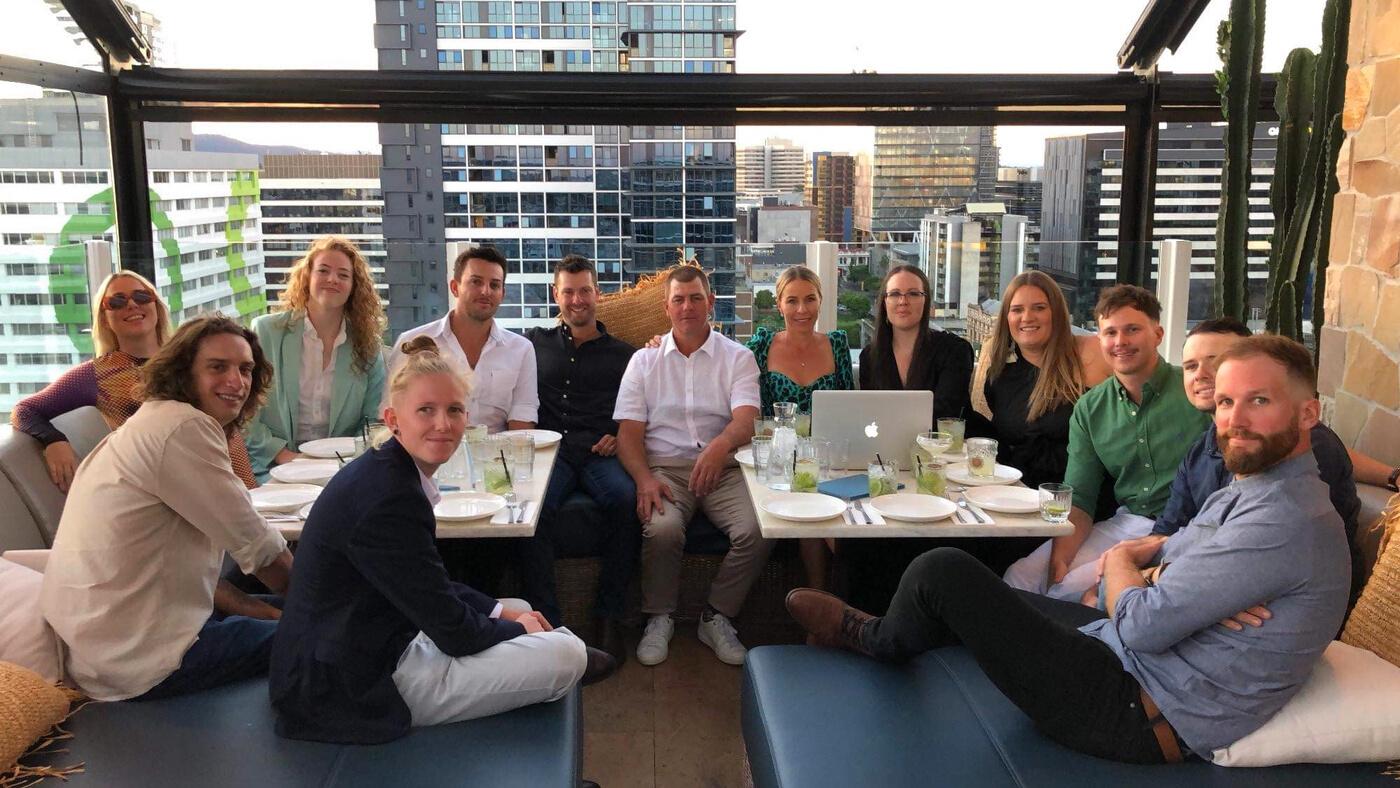

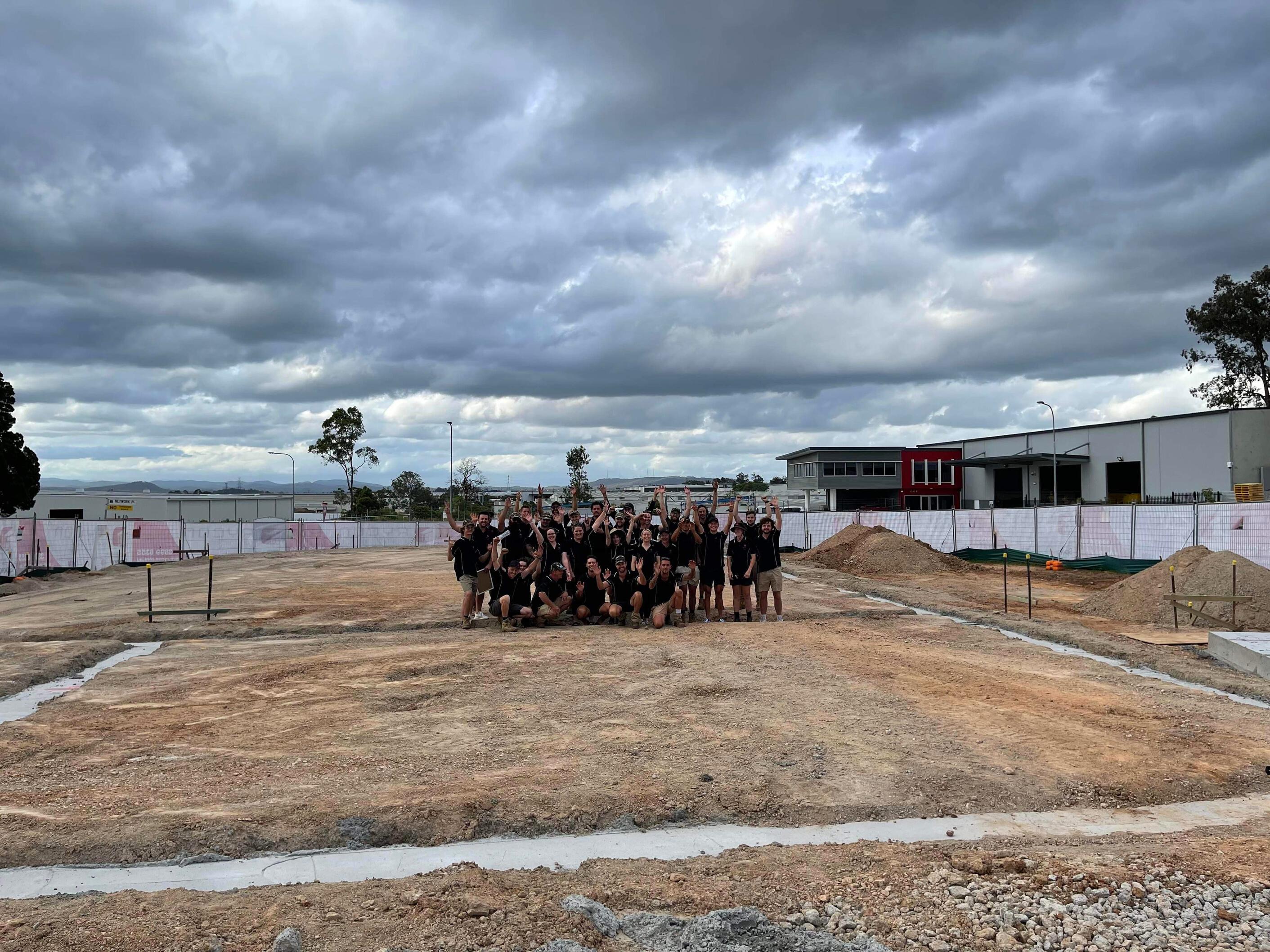
uses Brooke said I m straight forward and definitely do not beat around the bush. I’m direct and to the point but that’s also balanced with kindness and generosity. We constantly discuss feedback as a team and quickly. Feedback is important for both personal growth and the team’s growth. If we aren't addressing the positives and the things that need improvement it can cause hiccups that are definitely avoidable. “
has its stresses and r-increasing team can hough Brooke says she dership in her team by every step of the way. “I t I work hard, and I'm a m see me at my best m a bit of a perfectionist with compassion. I’m a set high standards and I think the team o live and breathe what s been an LQ member LQ Landscape Industry since 2020.
31
Starting from an old beat-up Toyota van, the past 12 years of growing the Brooke's Blooms team has seen the business upsize to a newly built contemporary Headquarters
The new HQ features a bright mural on the building's outer facade The mural artwork created by artists Drapl and The Zookeeper symbolises the story of Brooke's Blooms, from humble beginnings to hard work, highs and lows, and the overall team's ethos of togetherness weaved through an ode to the team's love of local flora and fauna

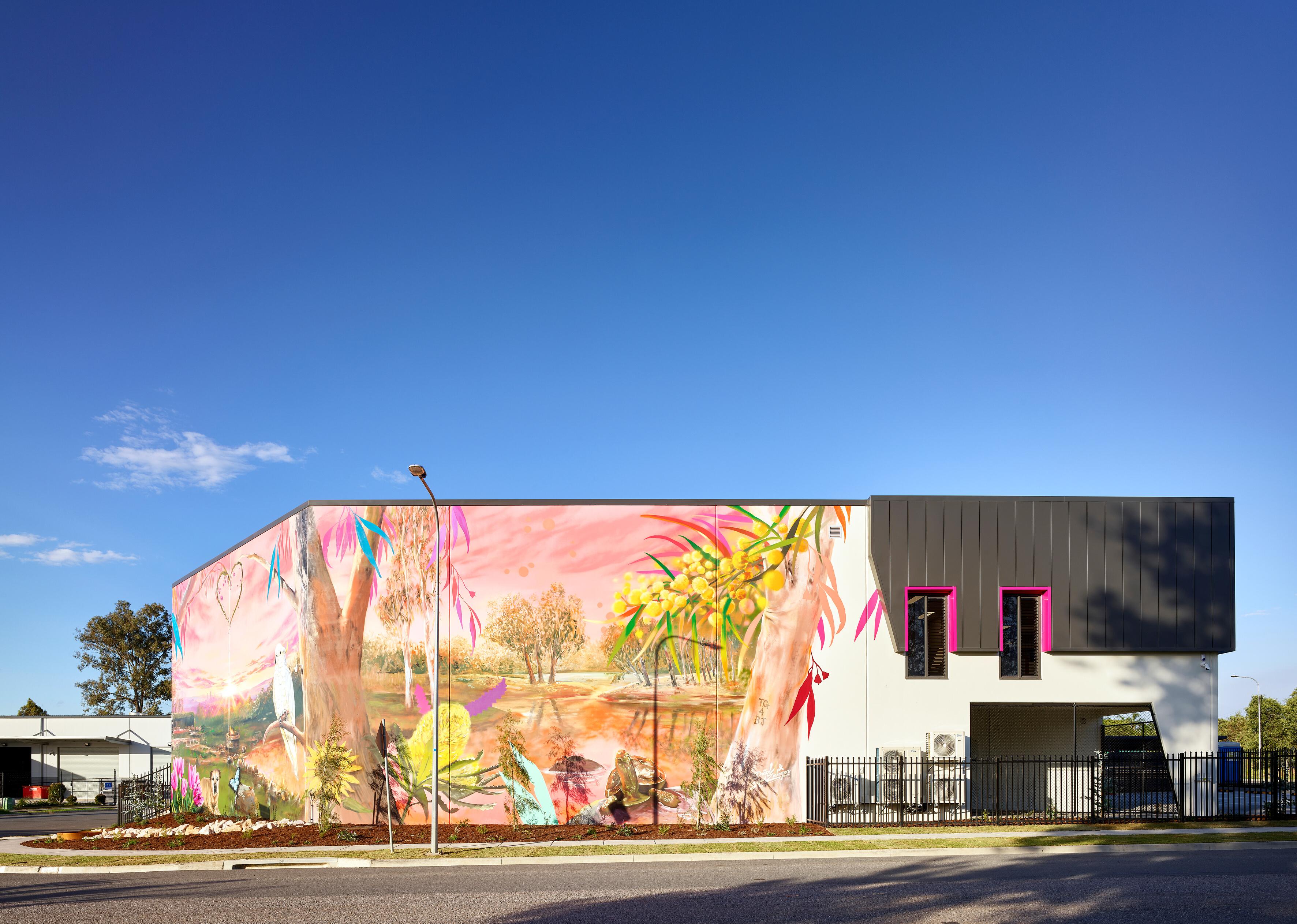

32
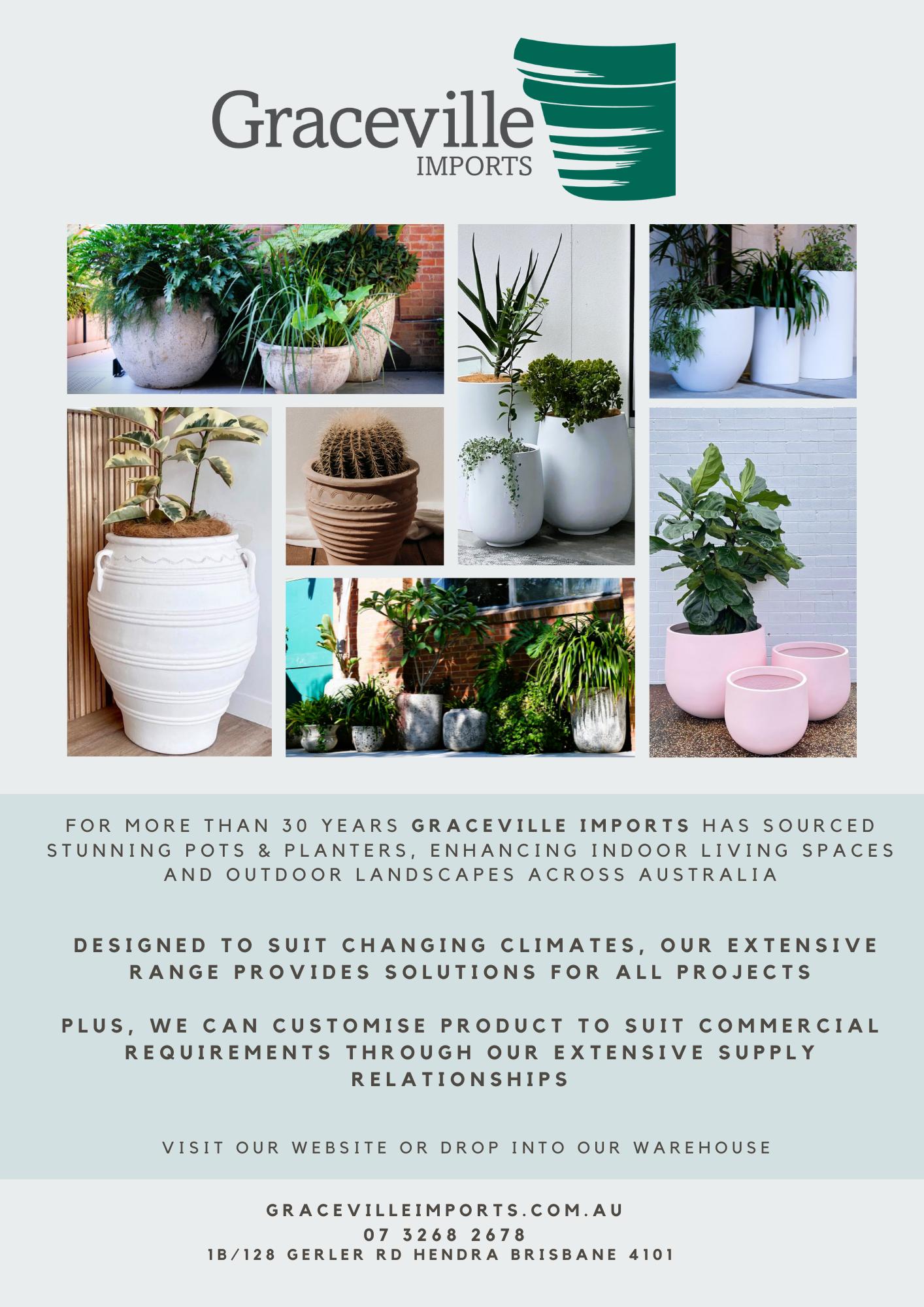




ARE YOU ATTRACTING AND RETAINING GREAT CANDIDATES?

With most members facing staffing difficulties and skill shortages, there has never been a better time to re-examine your business strategies for attracting and importantly, retaining quality team members
Almost every business knows that replacing and finding new staff can be costly and time-consuming. Many companies are now looking to experts in the recruitment industry for assistance and support
It is essential to understand how the relationship works between employer and job seeker or ideal candidate.
WHYDOSOMECOMPANIES LOSETHEIRTOPTALENT?
Staff may want to leave you for many reasons, and while wages may be the most vital driver of employer choice, it does not work in isolation.
Employees also want to feel valued and respected, and many factors come into play in deciding to move on, including the following:
Management doesn’t listen – this is one of the most significant ways to drive out a quality workforce
Lack of engagement and career development – staff can feel more valued when offered additional opportunities for growth (including training) and duties at a higher level Failure to identify or manage conflict – workers will look to greener pastures and move on if they feel uncomfortable, unsafe, and unheard in the workplace
Poor communication (or lack) of Company Vision – workers perceive this as having a lack of ownership or direction, resulting in feelings of an unstable workplace
Ineffective leadership – when management is confused or uninterested, staff can also adopt a lack of direction and purpose, encouraging them to look elsewhere
36
Working with agencies and companies such as LQ partner Globe Group is beneficial for all parties. It gives employers access to the best quality candidates and provides job seekers with the best opportunities to find positions where their skill sets are valued.
A company with a history of little or no staff turnover indicates satisfaction and harmony in the workplace This can be an attractive environment for candidates to investigate further
When staff feel valued and respected, they will work harder, often going above and beyond expectations.
While paying top dollar for quality talent is always ideal, there are many other ways to value candidates that won’t break the bank:
Bonuses, discounts, and freebies –movie tickets, half or short-day opportunities, company products or other discounts create attractive incentives
Interesting and diverse work –providing the opportunity to work in various areas or roles can keep workers mentally and physically motivated
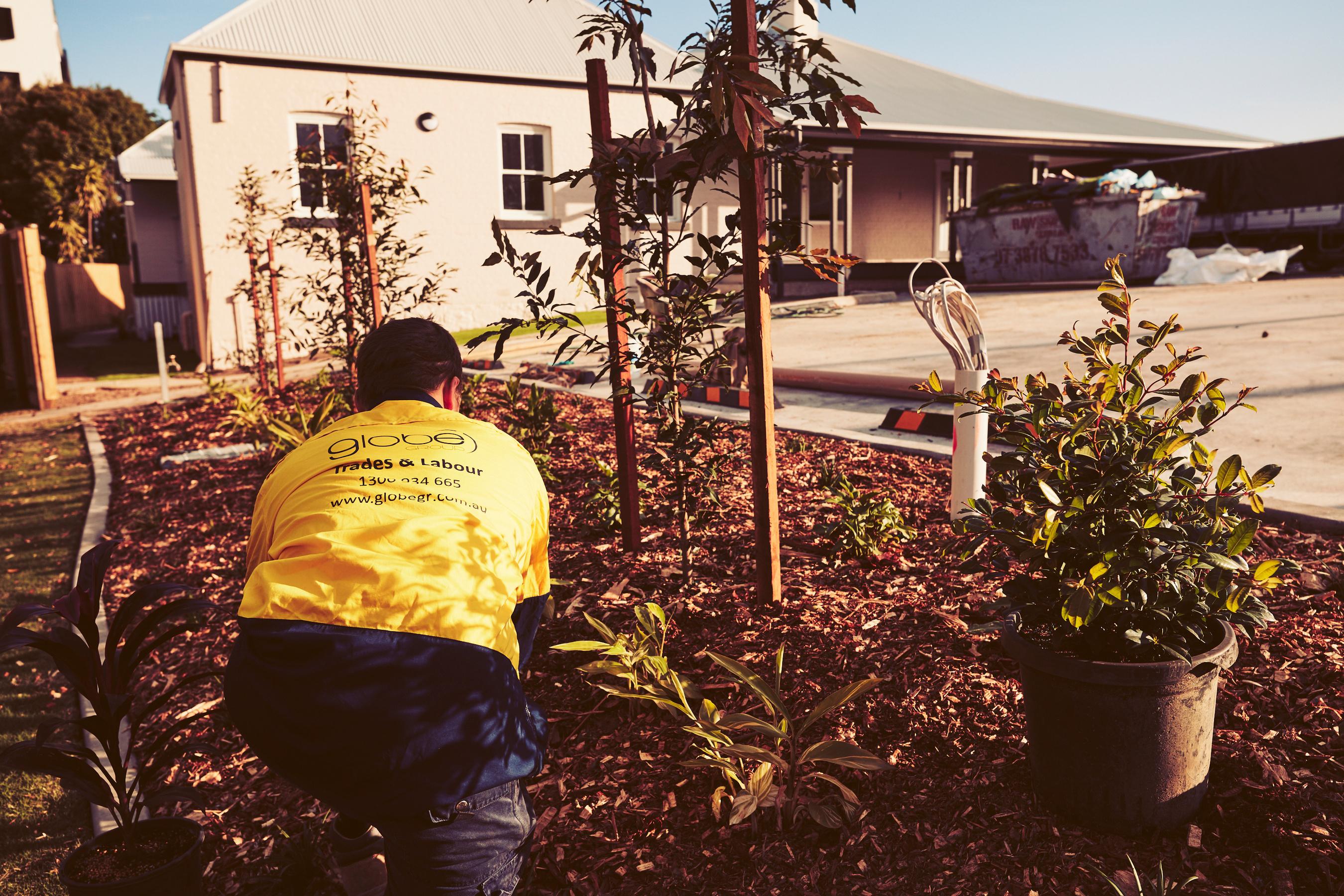
Development opportunities –training, leadership, mentoring, or coaching opportunities demonstrate trust in the staff and incentivise a good work ethic
Minimal team changes promote stability and encourage the team’s gelling, building, and growth
Lifestyle – providing work/life balance where possible, including flexibility and reduced hours, makes staff feel valued
ACANDIDATE–EMPLOYER RELATIONSHIPNEEDSTOBE BALANCEDANDREQUIRESA MUTUALLYBENEFICIAL OUTCOMEFORBOTHPARTIES TOWORKEFFICIENTLYAND EFFECTIVELY.
One of the best questions a company can ask is, ‘How do we position ourselves as the preferred choice over our competitors?’
When this question is answered and forms part of the organisational culture, it can be incorporated into recruitment materials and be a vital topic of discussion with prospective talent
Knowing what your ideal candidate wants is equally as important as demonstrating what you as a company have to offer Remember, a great team makes a great business!
To find out more or experience working with Globe contact 07 3625 9999 or www.globegr.com.au
37
Hedging Bets for Future Employees
Photos: Hedge Property Services
With migration down and Australia’s unemployment rate the lowest in 30 odd years, every industry is finding it a tough task to recruit new employees.
Landscape Queensland is helping to break down myths about the landscaping industry and encourages everyone coming through the various Careers Expos we attend to consider our diverse and unique industry as an alternative to the more well-known trades. Working outside and being amongst green life can be very attractive to many school leavers and career changers.
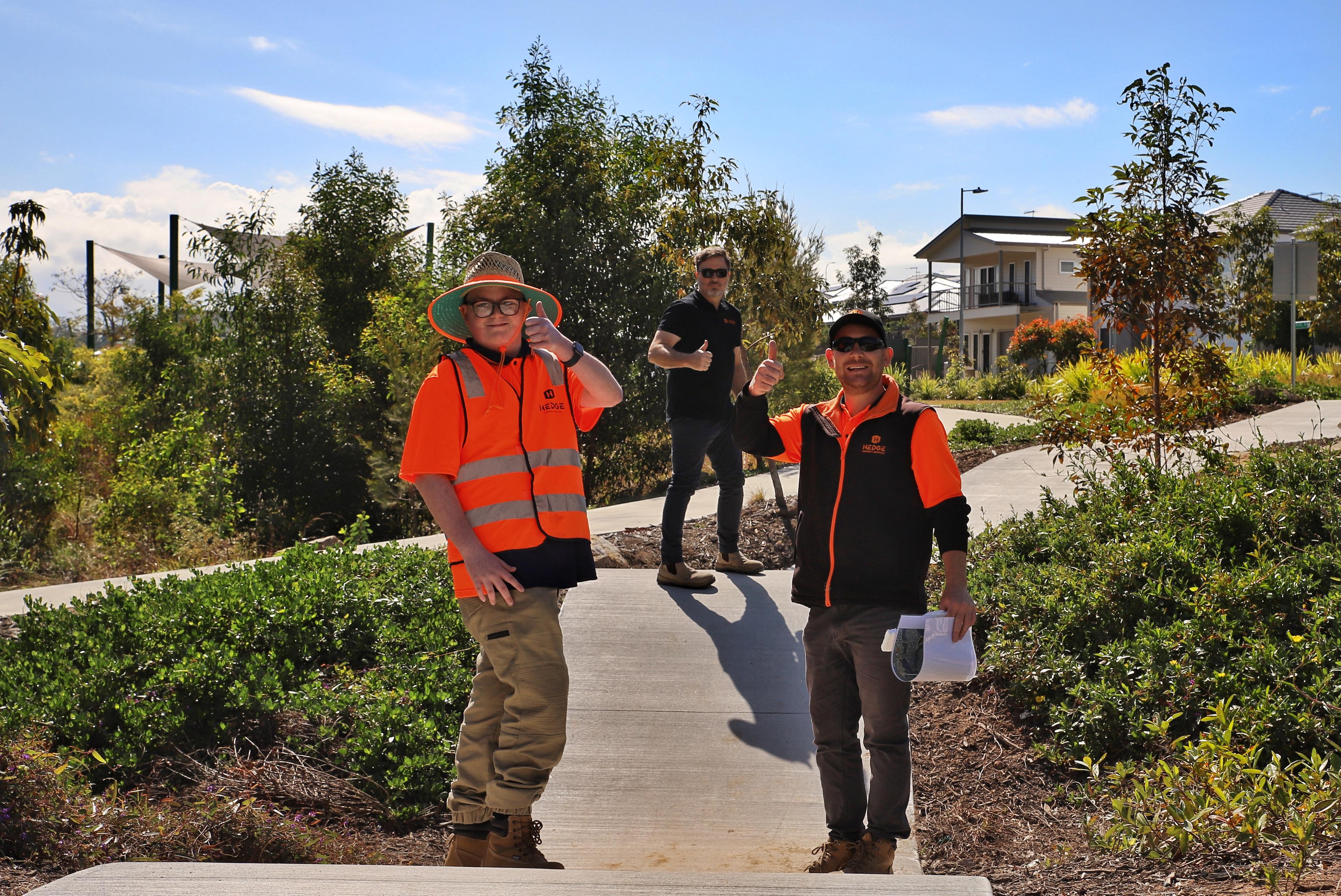
Members repeatedly tell us they will teach employees how to be landscapers, but a good attitude is something candidates need to bring with them. We often say there is a place for everyone in our industry no matter what your background or experience is.
Against this backdrop, LQ member Hedge Property Services recently launched its FUTURES Program which aims to provide opportunities for disabled people to gain confidence by being involved in an industry learning and training day each month. Whilst only in the early stages, the program will be expanded to cater for demand following on from the initial success.
Hedge General Manager Andrew Fisher said “The purpose of the program is to provide an opportunity for special needs teens that are in their final year of high school, to gain work experience, learn additional skills and give purpose to their day. This will allow students who may not have any plans after high school to be active and to create and achieve new goals for the future, whether that is in the landscaping industry or not”.
38
Having developed relationships with several special schools, their students spend a day on-site gaining valuable knowledge and developing interpersonal skills, confidence and just having a go. Their day starts with a safety meeting/toolbox talk where the days activities and any safety discussions are held.
A supervisor then escorts the student around the job site discussing why landscape maintenance is important, what types of tasks are routinely undertaken and by whom, examples of recently completed work and required tasks for the day.
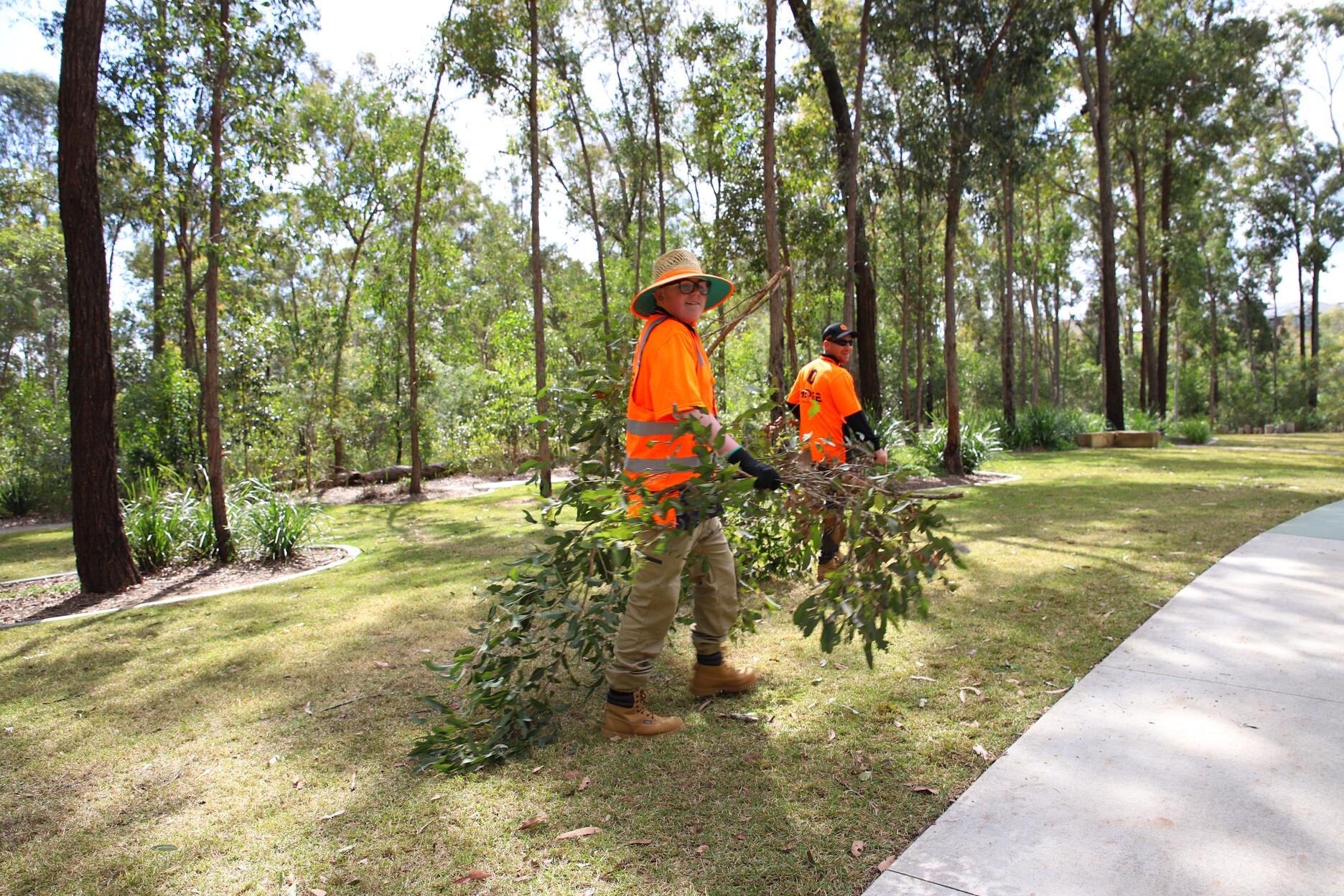
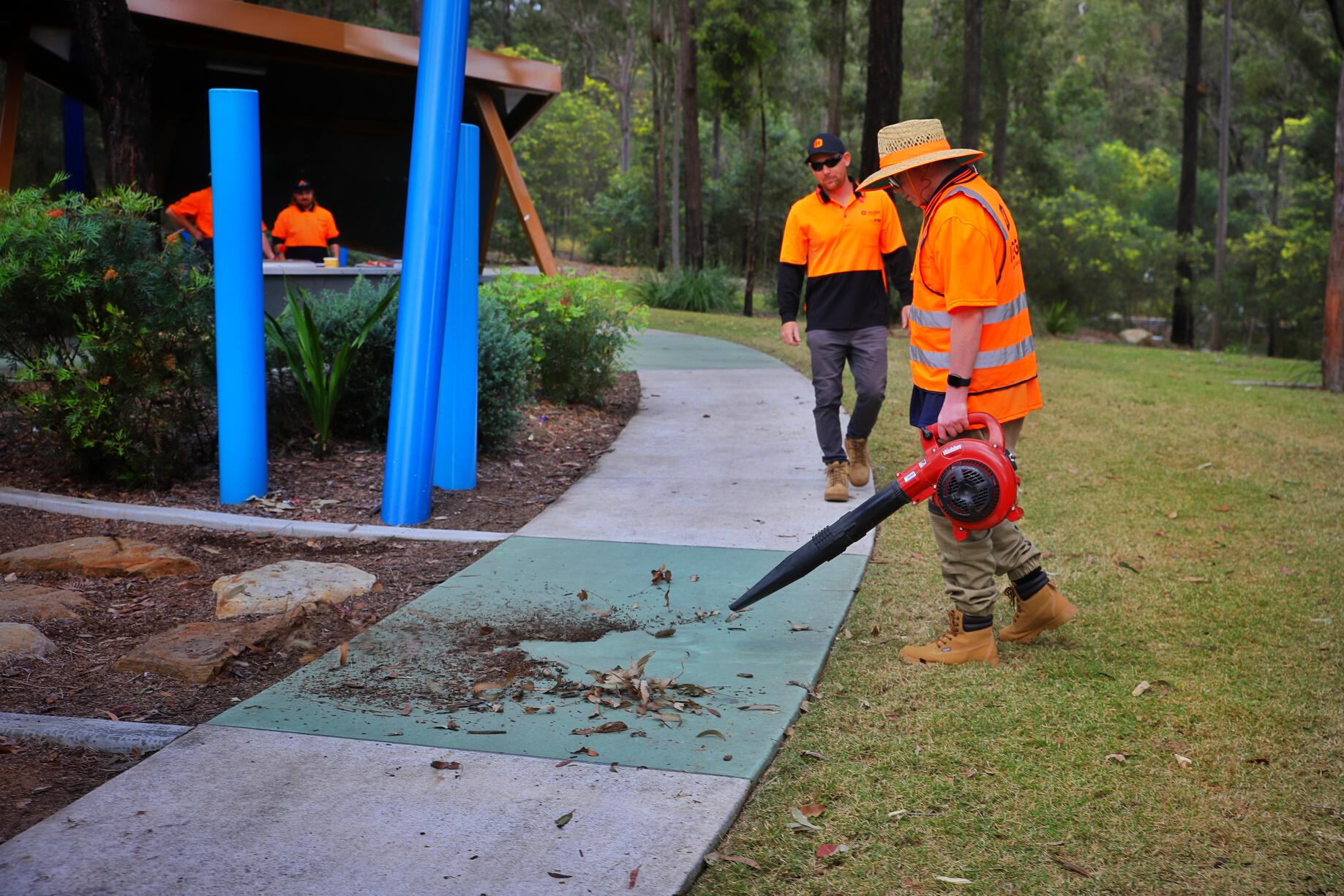
Safety is taken very seriously for the FUTURES Program with the need to keep records such as SWMS, SOPs, MSDS as well an incident reports communicated to the students.
“The program is individualised and in some cases, students are shown how to use non-mechanical hand tools and techniques associated with those,” Andrew said. “All tasks are undertaken in a controlled and supervised environment and all appropriate PPE is used.”
Students are also provided with supervised rest breaks, water and snacks and made to feel part of the team for the day.
This program will involve activities such as learning horticultural skills, terminologies, and techniques. Students will learn varieties of plant names and species, and works are fully supervised at all times. Planting plants, weeding, and general landscaping techniques will be taught and will be in line with the goals for that day discussed in the toolbox meeting. This will provide an educational experience whilst learning about setting and achieving goals for the day, thus building confidence as the student matures throughout the program.
“Providing a safe and fun environment to learn, grow skills and confidence for young Australians with special needs, our company is very proud to offer this FUTURES Program to local communities and help create a brighter future for people who need it most,” Andrew said.
For all enquiries regarding HEDGE FUTURES PROGRAM contact Andrew Fisher at 1 3000 HEDGE or andrew.fisher@hedgepropertyservices.com.au | www.hedgepropertyservices.com.au
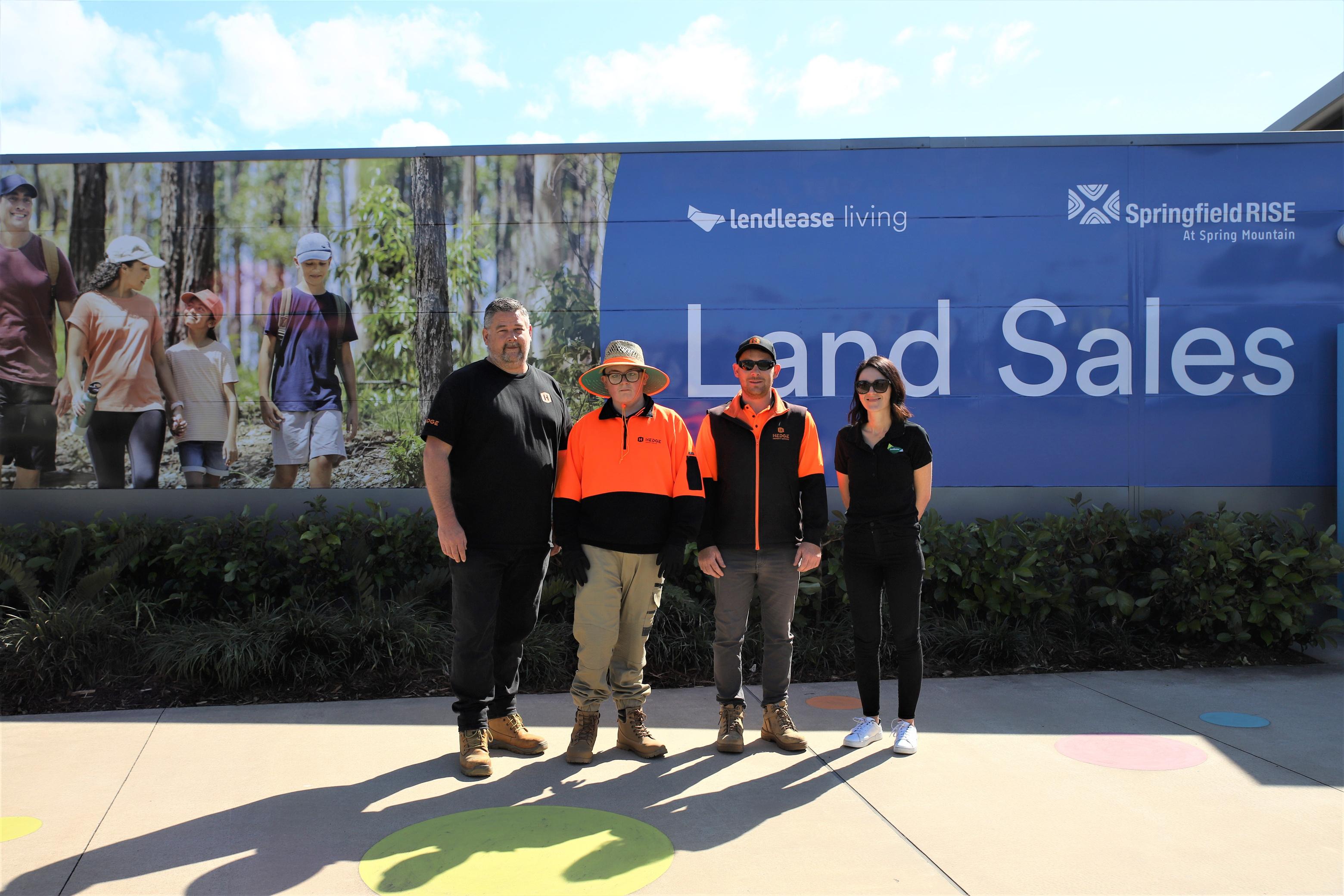
39
LQ Member Challenge Employment and Training recently undertook a five-day “Riparian Challenge” which saw 40 Certificate I Conservation and Eco System Management trainees work together to restore Six Mile Creek. Six Mile Creek runs through Challenges 200-acre campus, along with the orchard, community gardens and walking tracks that were devastated in the 2022 floods.
The weeklong challenge had teams work on sections of the flooded areas with the goal of being awarded the Challenge Team Award. The end results were judged by Brisbane City Catchment Network members, Brian Venz, Treasurer and Joint Southeast Queensland Representative of Queensland Water and Land Carers and Don Begbie, President of Cubberla Witton Catchment Network.
Trainees also engaged in seminars on koala habitats and corridors, food forestry, and water quality from local environmental organisations with exposure to Citizen Science’s iNaturalist digital platform.
An awards ceremony concluded the weeklong event, attended by Landscape Queensland Contractor Members who talked to participants about their career opportunities in the industry. A significant number of trainees were offered jobs!
Originally established as a community group to tackle youth unemployment in the Ipswich area, today Challenge Employment and Training are so much more. Now a registered not-for-profit training organisation spread across Southeast Queensland supporting disadvantaged people to gain employment and training through a variety of work pathways.

Although Challenge has widened their target audience from just youth to everyone in the community, they still maintain 76% youth engagement. Challenge teach essential work and life skills and provide opportunities to gain valuable experience to achieve positive longterm outcomes; transforming lives! The Conservation and Eco System Management traineeship is proudly funded by Qld Government through the Skilling Queenslanders for Work program.
A big thank you to LQ Members Australian Environmental Landscapes, Eureka Landscapes, GD Trent Landscapes, Logan Landscapes, and The Landscape Construction Company, for imparting trainees with insights into the industry.
Challenge Employment and Training have been transforming lives by utilising our skills and resources to assist people to be the best they can be for over 45 years.
40
Photos: Challenge Employment and Training
It gave me a very different outlook. I’ve gained the confidence where I can get to work and know that whatever job they put us on, I know I can do it.”


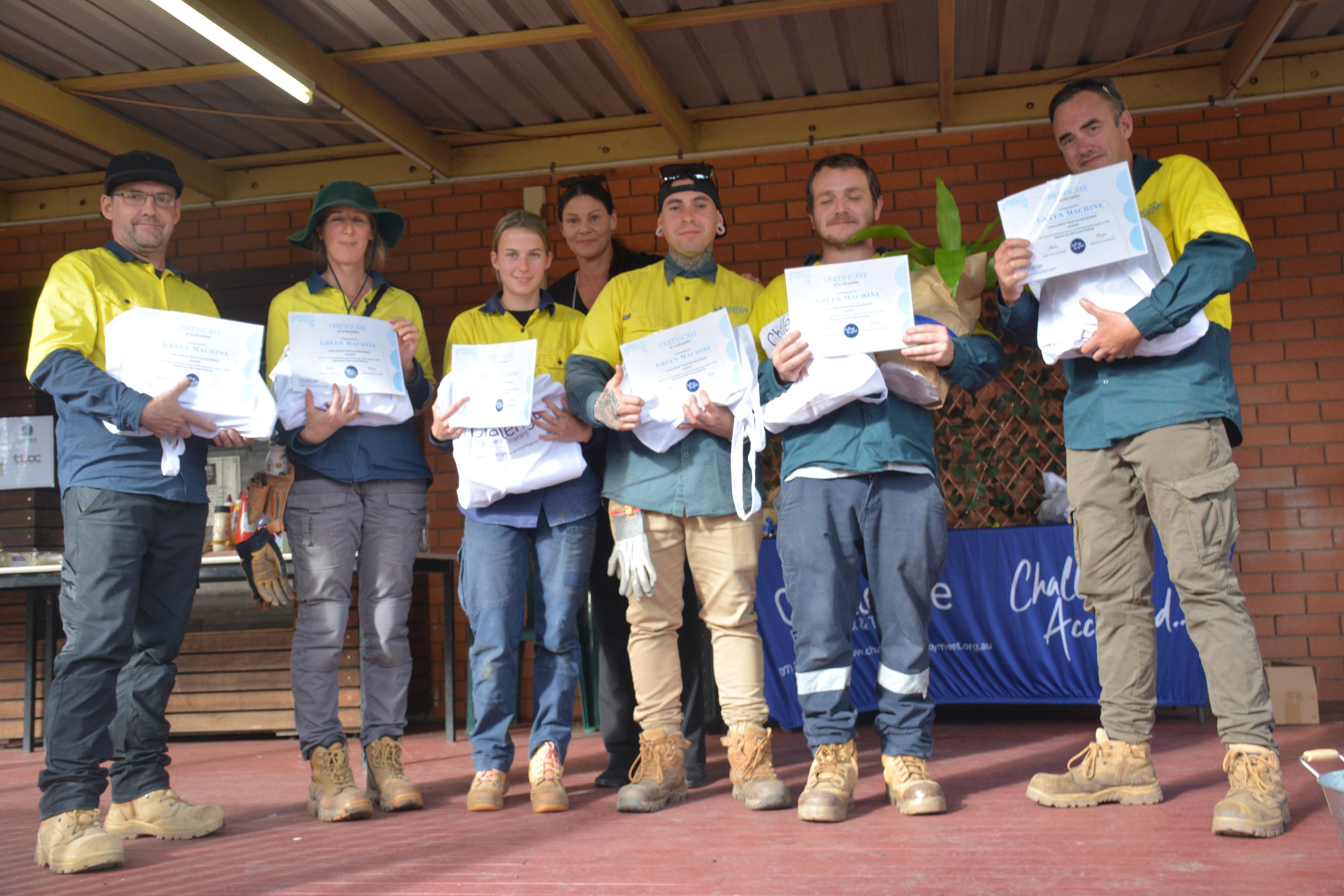
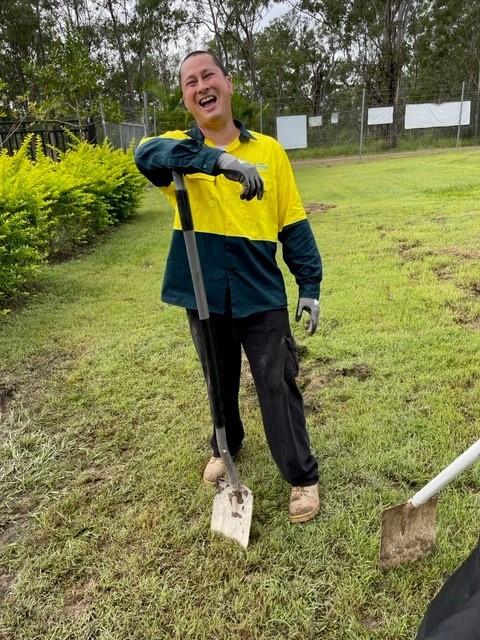
“I’ve learnt so many things about myself and other people.
I’ve enjoyed just coming to work and getting out there.”
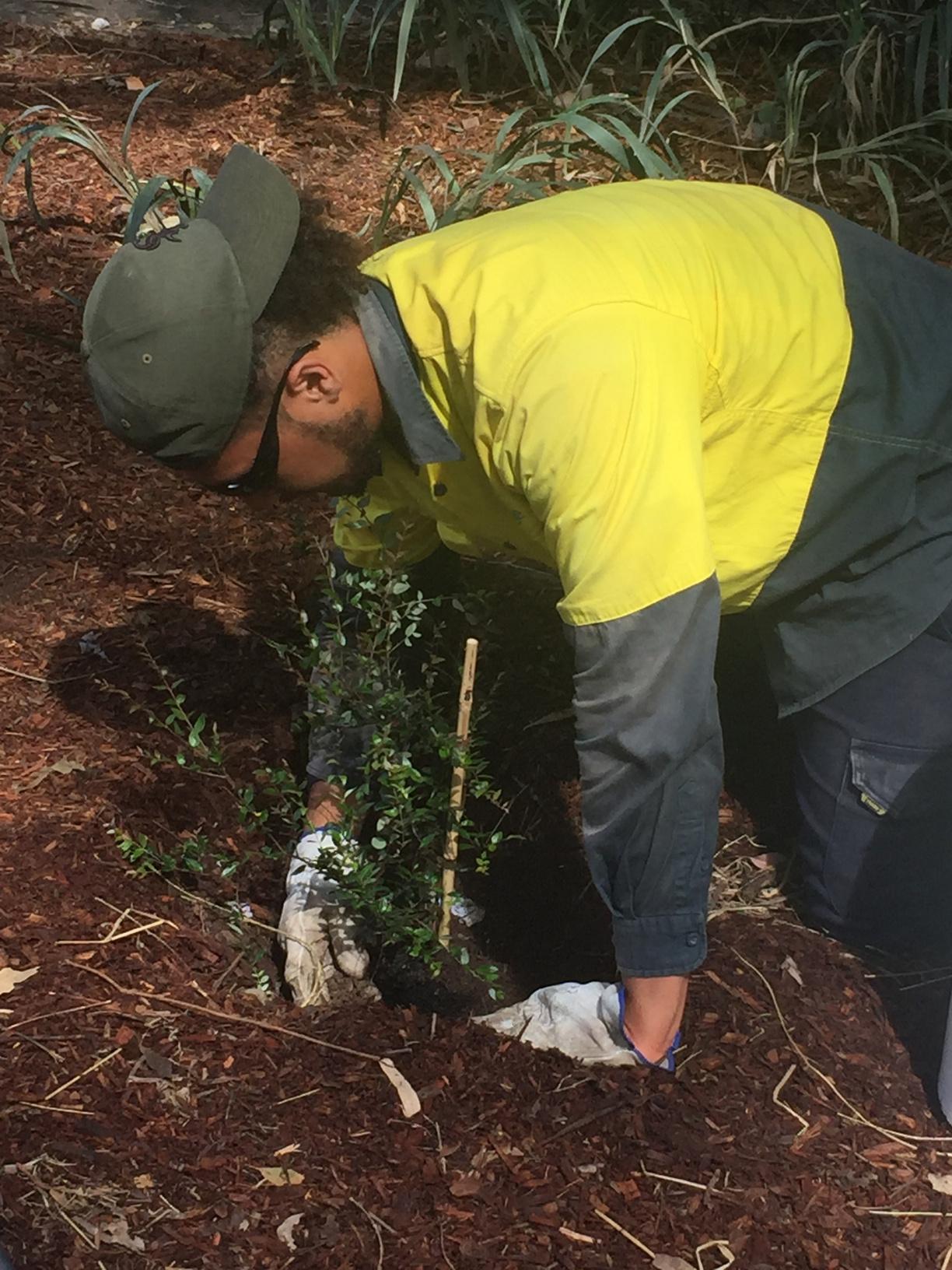 Kitty - Challenge Eco System and Management Trainee
Kitty - Challenge Eco System and Management Trainee
41
Peter - Challenge Eco System and Management Trainee

EVOLUTION OF THE DIRT SHOP
By James McCullough CEO, Centenary Group
In 1985, Centenary Landscaping Supplies opened its doors to the western suburbs of Brisbane and being positioned in the newly created Centenary Suburbs meant we were treated to years of development right on our doorstep.

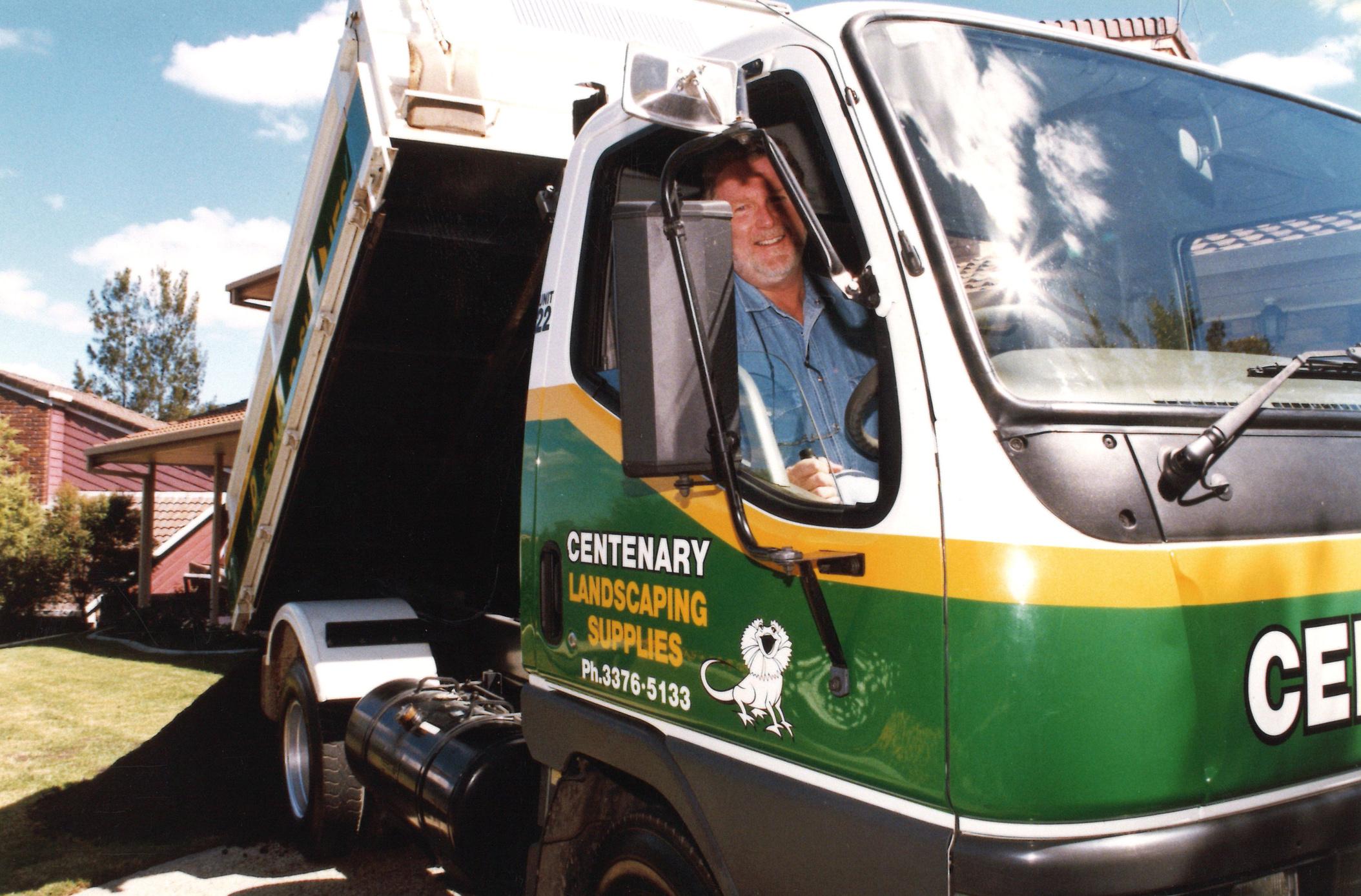
Back then, like every 4-year-old boy in those days, I wanted a sandpit for Christmas. My father regularly recounts a story about how late one Christmas Eve, while quietly setting up my sandpit from Santa, he ordered a small load of white sand from the 'dirt shop', as we called it, up on the hill in Darra.
Hoping to sneak it in under cover of afternoon nap, Terry O’Shea himself pulled up in an oversized truck with close to 4 cubic metres of sand on board. The truck was sitting low and overflowing. Needless to say, nap time ended abruptly and the Christmas surprise came a day early. Despite the big truck, an oversized load and a captivated young audience, Terry willingly backed the truck around the house, dumped a load of sand and said, "whatever you don't use, we can come back and pick up". We never took up the offer, and most of the sand ended up through the house much to my mother’s displeasure. Best Christmas ever! We visited the 'dirt shop' numerous times over the years and, like many of our customers do to this day, felt we had shares in the business!
Terry was committed to elevating the Centenary Landscaping Supplies team above the competition from the very early days. Simple things like uniforms, clean and tidy trucks, set delivery times, and consistent phone etiquette now seems like basic minimum requirements, but in the early days, the landscape trade was a little rough around the edges. Drivers wearing thongs and singlets, mud-filled yards selling roughly screened site soil, a donga for an office full of surly attitudes and deliveries that will show up "sometime today, mate".
43
Photos: Centenary Landscaping Supplies
Presentation and Terry's drive to deliver the very best customer service are now interwoven into the team culture and DNA of The Centenary Group. Nothing is too much to ask. There's nothing we won’t try to help customers with. Our driving team is best in class, a mix of experienced operators and young up-andcoming stars learning from the best. Our yard team is hard-working, getting stuck into orders and loads, whether it's hundreds of bulka bags or custom soil blends. Our sales team doesn't say no whether it's a specification you are chasing or a complex order or delivery. Building a great company culture hasn't been easy over the years. But with our core principles holding firm, our team is undoubtedly the best in the business.
Unlike hardware stores that are now dominated by soulless warehouses lacking in expertise and service, landscaping and gardening yards are quite unique places which mostly remain family owned and operated dotted around the suburbs. Gardening is a passionate hobby for many, so you get to know the local community and can work with them for years while they create their dream garden. That was certainly the case for my family while growing up.
Over the last 37 years, our reach has gone far beyond the bounds of the Centenary Suburbs. With a fleet of 32 trucks, a flagship site over 7.5 acres and a client base spread from Tweed to Noosa, we don't consider ourselves a onelocation business anymore, but we still are closely linked with our local suburbs.

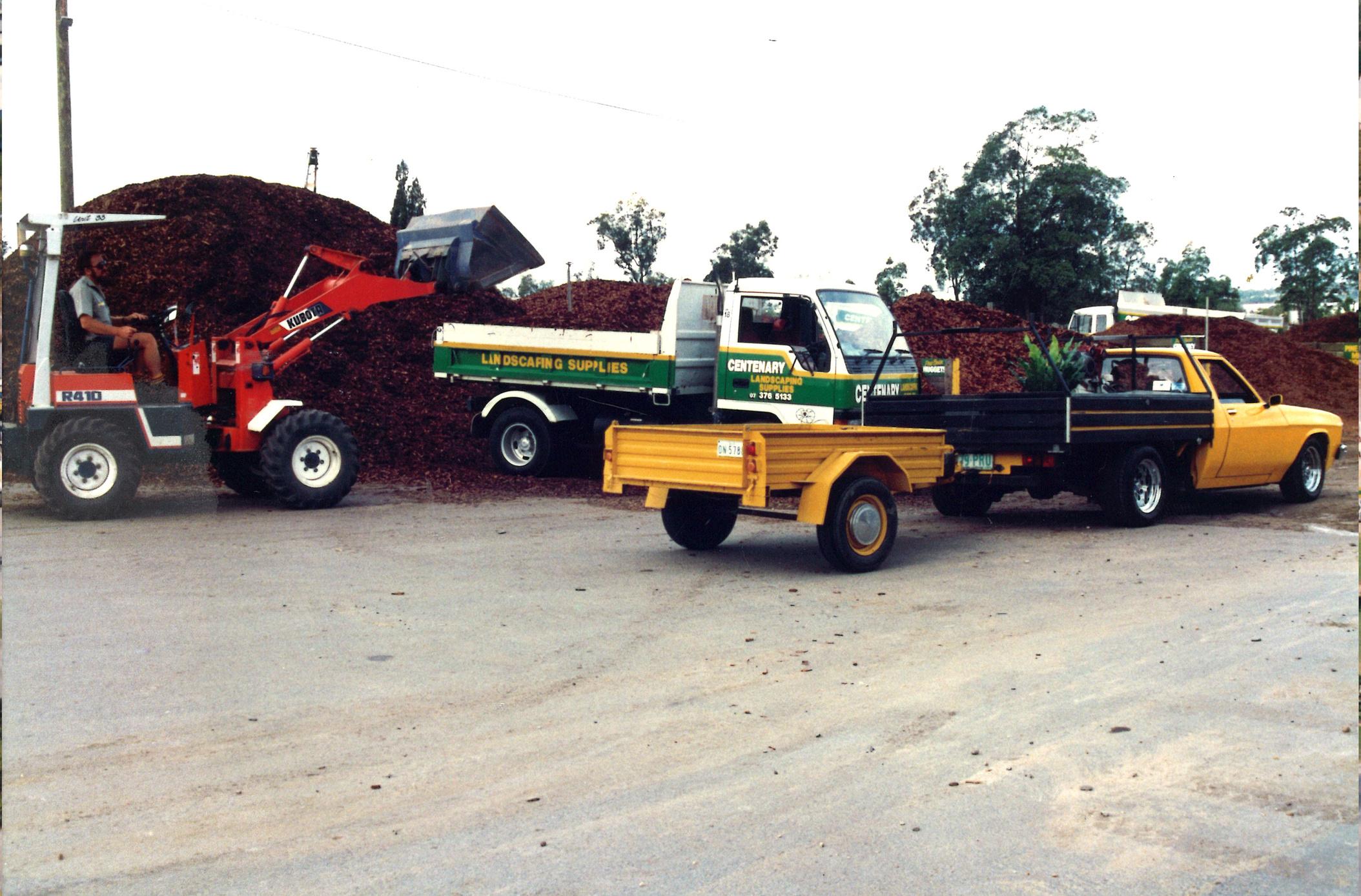
In fact, I caught up recently with a childhood friend, and they now have a young son who's ready for his very own backyard sandpit. As a local, he has requested his sand from the 'dirt shop' up on the hill where he enjoys watching the loaders and trucks on the weekend, while his mum and dad collect supplies to build their dream gardens. While we are so much more than a simple dirt shop these days, to the next generation that's all we'll be until they grow up and love their own garden.
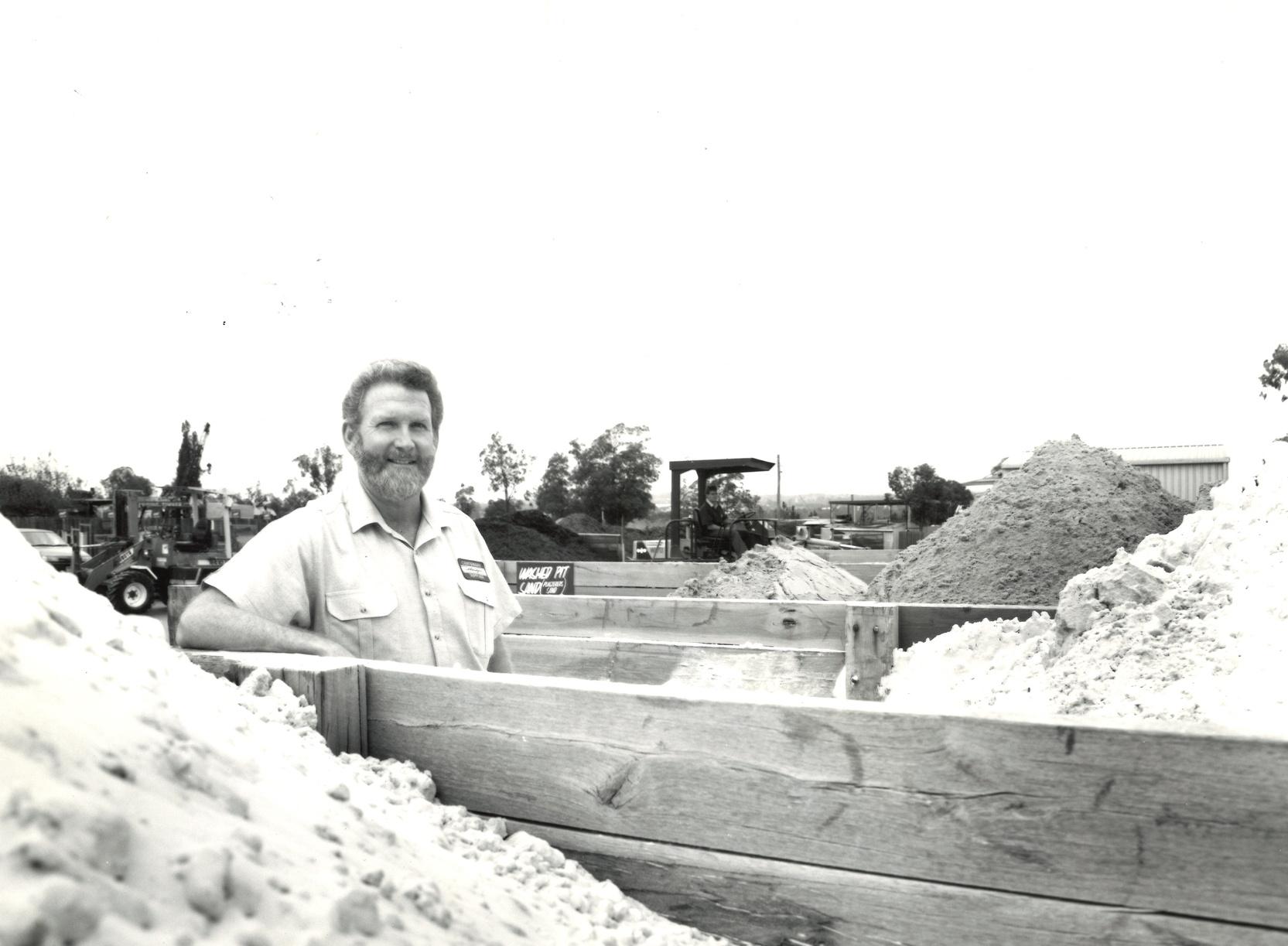
44

Lake Gkula
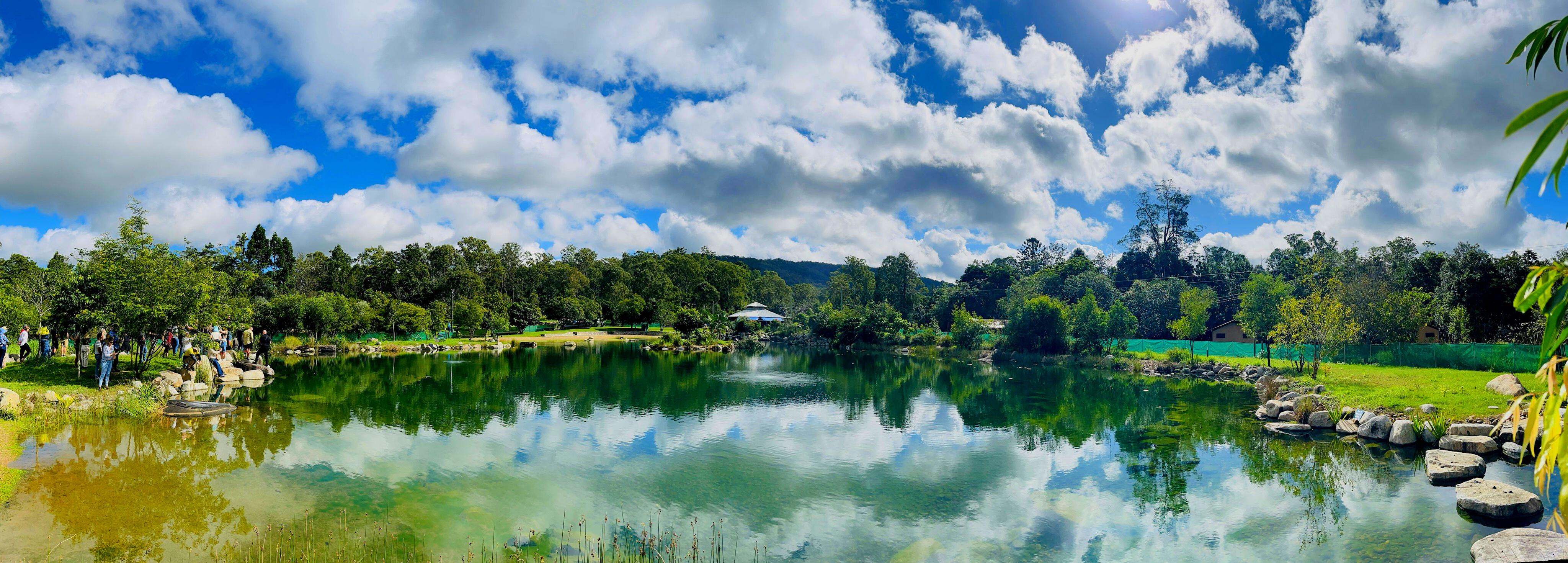 LQ Member Tour with Patrick Handley
Photos: Waterscapes, LQ Team, Builtworks
LQ Member Tour with Patrick Handley
Photos: Waterscapes, LQ Team, Builtworks
Hidden away in the peaceful town of Woodford in Queensland’s Moreton Bay hinterland is a beautiful little bit of aquatic magic known as Lake Gkula Lake Gkula is part of Woodfordia, a former barren dairy farm regenerated into a subtropical rain forest and habitat that hosts the annual Woodford Folk Festival.
Every year thousands visit Woodfordia for the annual folk festival to enjoy an inclusion of creative community, culture, and tradition in the summer heat - what could be missing? Water of course!
The not-for-profit organisation Woodfordia Inc wanted to bring the element of water to the site, not just for the human visitors but to support the ecosystem of the environment as well. LQ member Patrick Handley from Waterscapes Australia worked with the Woodford Folk Festival community to help bring this idea to life.
In 2019 Patrick and his team completed this project now known as Lake Gkula. The lake’s name refers to the region’s traditional owners, the Jinibara people, and is named after one of their principal spokespersons, Uncle Noel Blair, whose Indigenous name is Gkula, which translated, means Koala.
Earlier this year Patrick and the Waterscapes team invited LQ members for a private tour of the LQ Construction Excellence Award-winning project, to learn about the build process and see how the ecosystem has flourished. LQ Members attending ranged from designers, contractors, and supplier members eager to learn more about the project.
Patrick explained to attendees that there is more to just putting a body of water in and letting it go, the project is Australia’s largest conservation and recreation lake, and required environmental impact consideration. Patrick designed the largescale project considering flow rates, filtration sizing, and collaborated with his team to carefully engineer circulation systems to provide appropriate water flow and chemical-free filtration to safely support both a budding ecology as well as swimming visitors of 5000+ a day during events. The lake is the first in the world at this size using the Aquascape System
Built on a 500-acre lot Lake Gkula took around two years including conception, planning, and then the actual build took four and a half months.
The build went smoothly and included the coordination of twelve contractors who came from all over Australia and had varying pond building experience The construction included three weeks of major excavation and shaping with the bulk of the earth recycled around the grounds for other areas, and a further two weeks for final trimming and shaping.
The lake spaces over 5000m2 and is over five and a half metres at the deepest point. Carved terraces and ledges were created to help keep rocks and pebbles in place. The lake is lined using Firestone EPDM rubber, which is extremely durable, recyclable and allows for flexibility and the ability to cold-seam the panels in situ Two thousand tonnes of large rock features in the construction, each rock handpicked, strapped to a crane and individually placed.
There are five dams on the Woofordia site as well as potable water treatment which can take four million litres. The team were conscious of filling a twelve million litre dam during a time of drought and had to allay community concerns around water use. All water for the lake was sourced from the site over time Powerful pumps and nanobubble technology, maintain a constant water flow and levels of oxygen, directing it through the wetlands, which purify the water, similar to the function of kidneys in the human body.
Lake Gkula features waterfalls, a 125m-long beach along one bank as well as a second smaller beach, an island with boulder seats and diving rocks. The Lake is a chemical-free, using an engineered wetland filtration and circulation system to guarantee safe water quality with abundant fish and plant life, including eighteen species of native, freshwater fish and 9,000 endemic aquatic plants in and around the facility so far.
This beautiful ecosystem continues to evolve not only for the Woodfordia human visitors and the lake's inhabitants but with native visitors such as wallabies often leaving their footprints on the beach - the lake has truly created magic for everyone to enjoy! Camping at Woodford has expanded beyond the festival and is available at periods through the year click here to learn more about the festival or camping.
To learn more about Lake Gkula's ecology visit here.
47
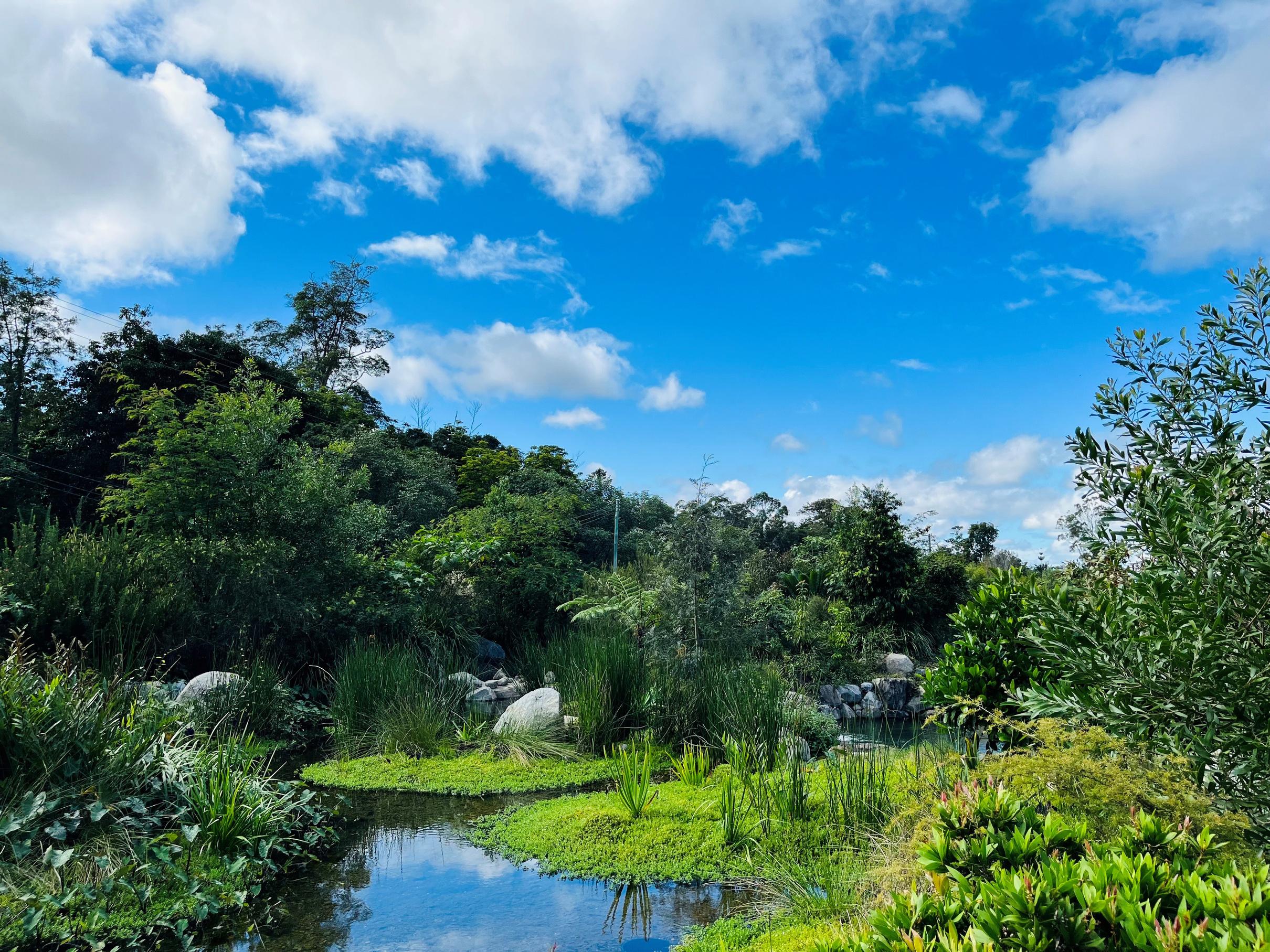
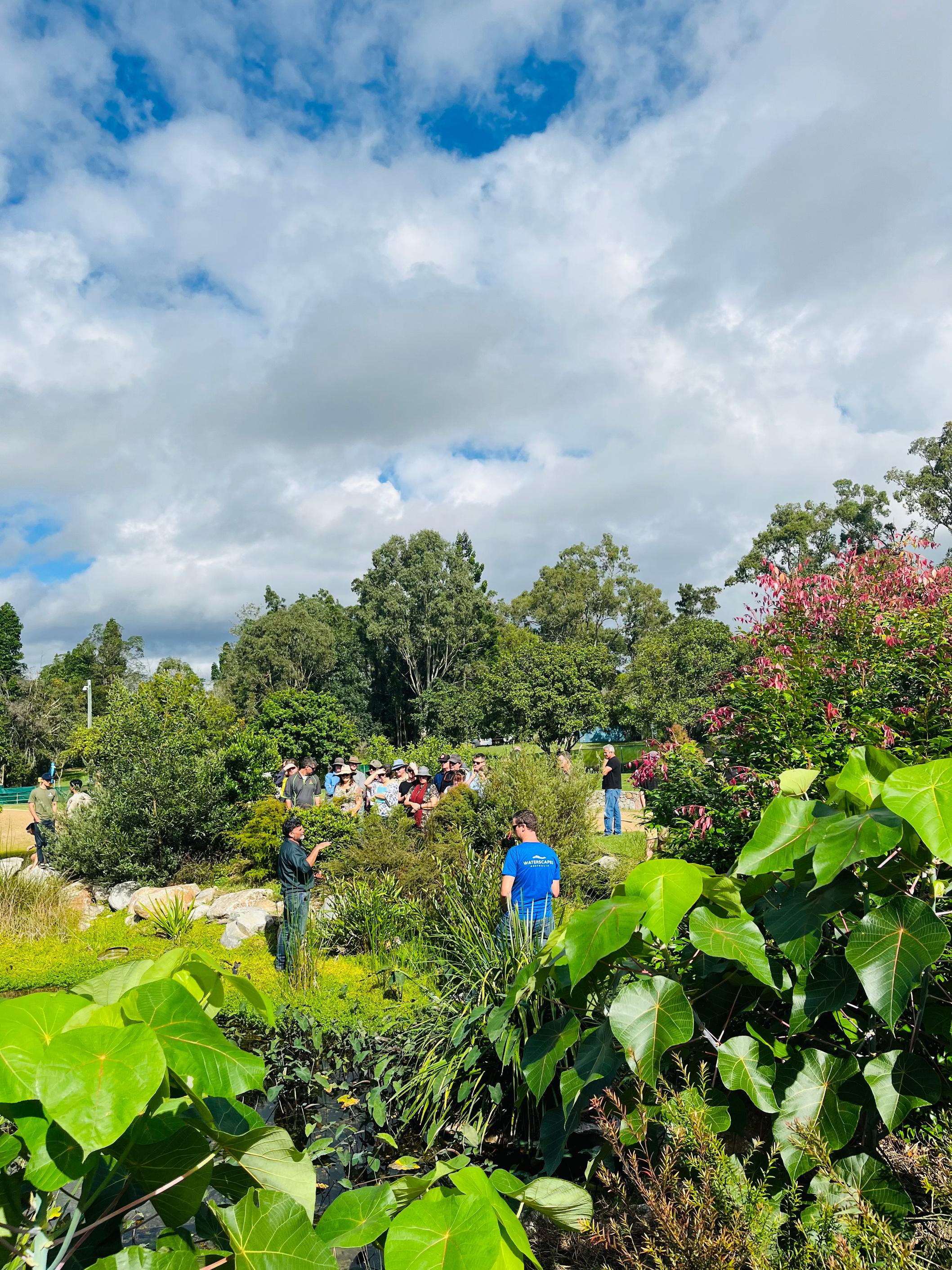
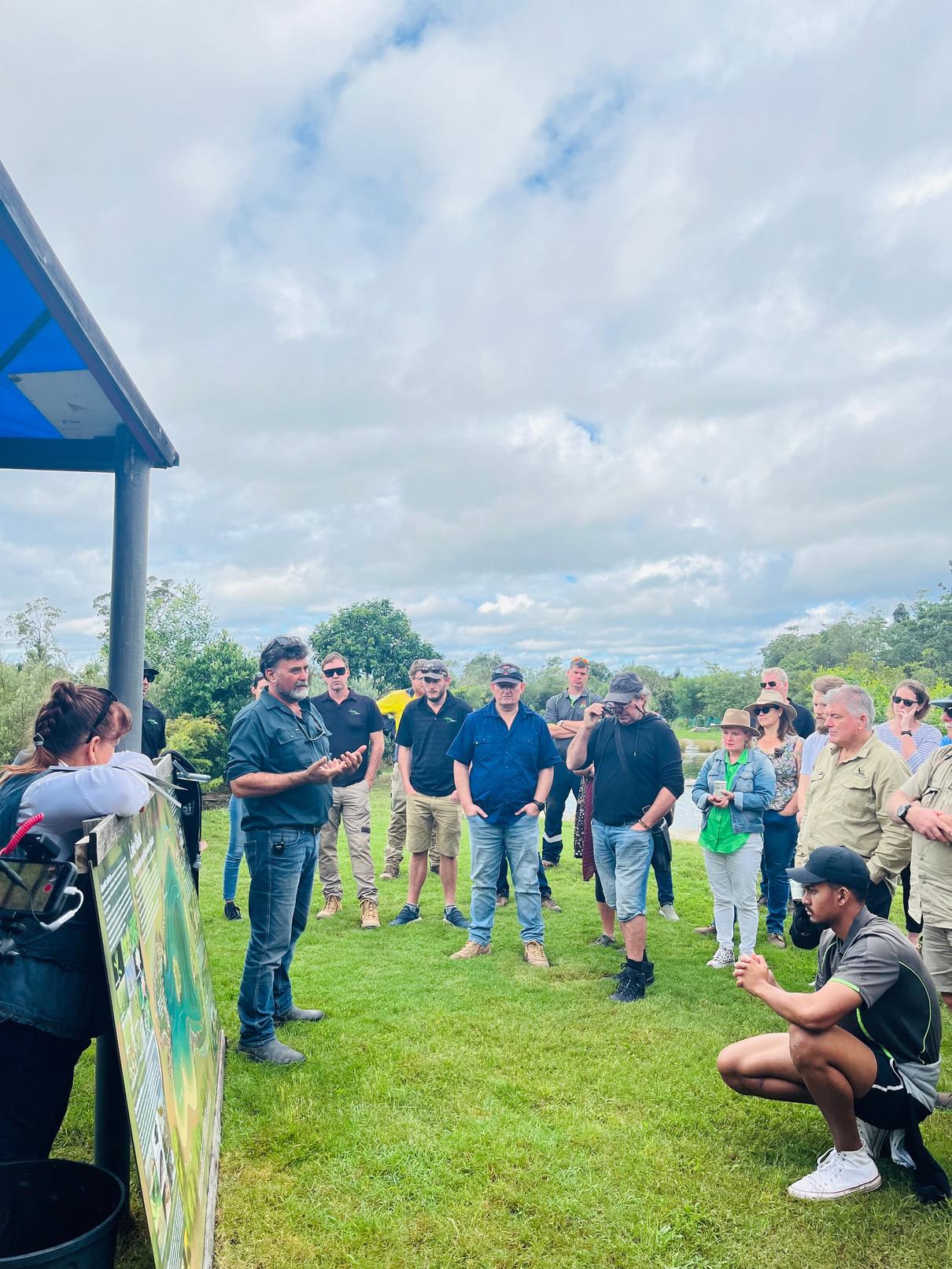


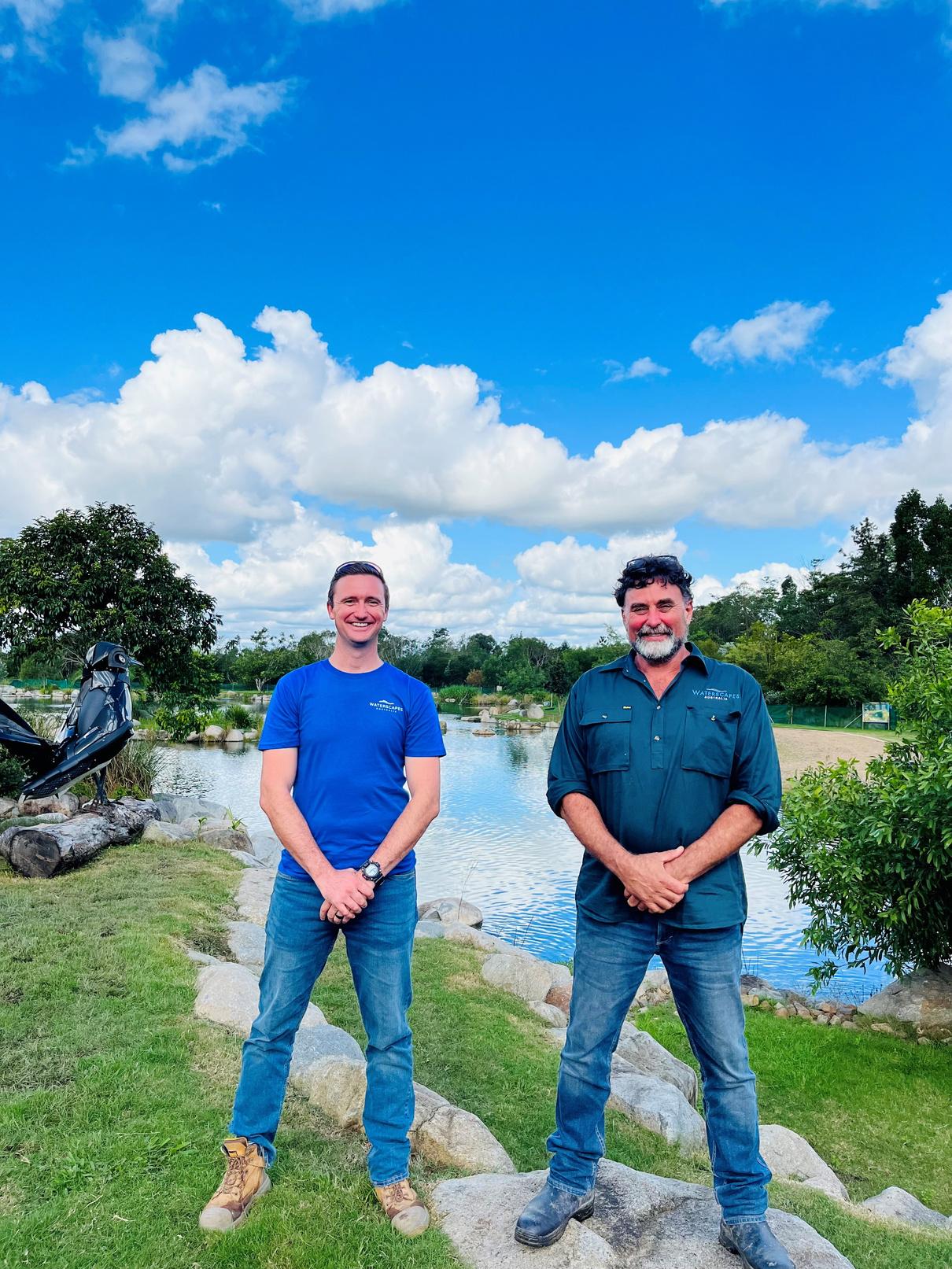
48


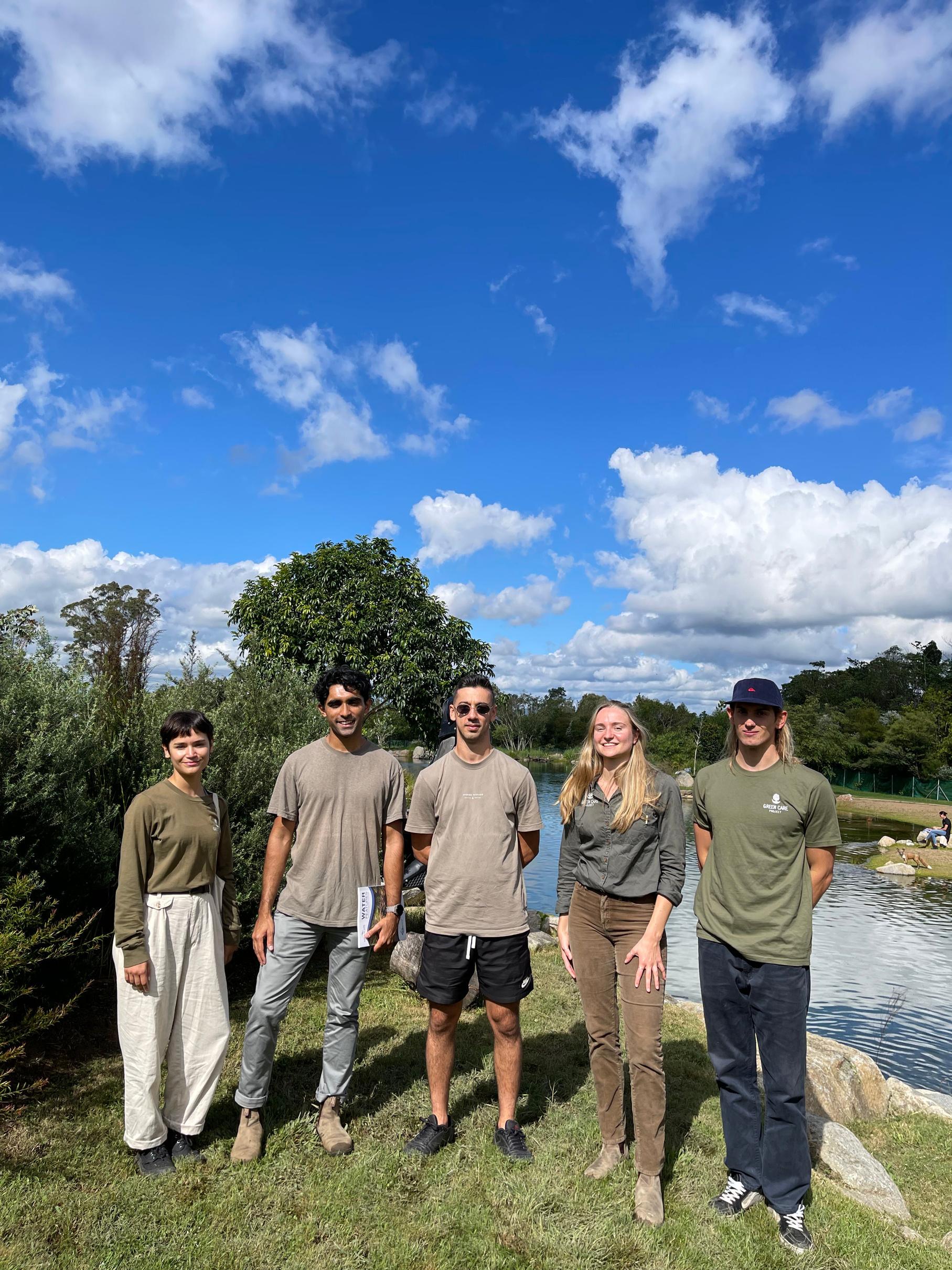

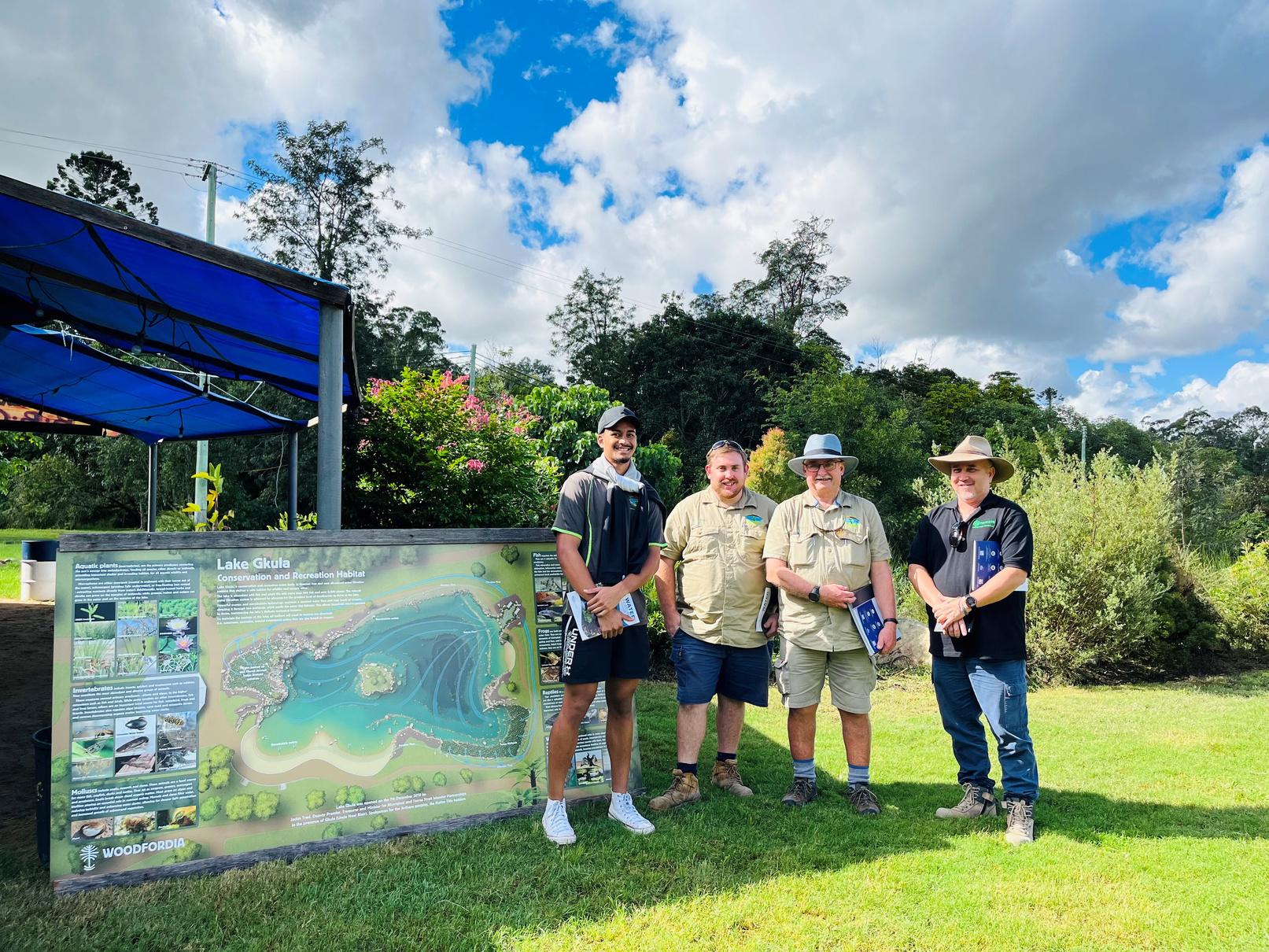


49
The increasing popularity of AQUASCAPE RECREATION PONDS
Water is the conduit to our senses. A waterfall or creek will draw you in to a primordial place in the same way that gazing into a campfire does.
No matter how dry our environment is, we will always want to live near water. A living pond or waterfall is the perfect way to accomplish this and there are many ways to incorporate water into your environment. Build them well and they’ll give years of joy.
“Living the Water Feature Lifestyle” is what you experience owning and living with a water feature. It’s how you interact with it but even more importantly; it’s how it interacts with you, right where you live... at home!
Aquascape Australia has seen a rise in popularity of Recreation Ponds across Australia over the last few years, with many happy customers now enjoying their own piece of paradise in their yards. Enquiries continue to flood in for those looking to create their own slice of heaven.
The non-structural Recreation Ponds are built into the ground by terracing the earth to create your pond’s shape and depth. Once this is done, the geotextile underlay and Firestone EPDM rubber liner membrane is placed in position. It’s then covered with rock and pebble to create a natural appearance.
Each design is unique and can incorporate features such as beach areas, diving rocks, bench seats and decorative spill bowls, all dependent on the size of the area and your budget.
An Aquascape Recreational Pond is designed as a natural ecosystem, working with Mother Nature to provide crystal clear water, utilising an Aquascape Wetland Filtration System. A wetland works just like a biological filter, by creating an area in your pond thick with naturally-filtering plants, as well as rocks and gravel, providing a surface for bacterial colonisation… nature’s perfect filters. So, a wetland, while naturally beautiful and pleasing to the eye, is also a great filtration method, and will help keep your water looking crystal clear.
Benefits of a Recreation Pond include:
• Chlorine free, crystal clear, fresh water
• Year-round enjoyment
• Low maintenance, low running costs
• Supports local wildlife
• Your own outdoor snorkelling aquarium
• Helps cool and fireproof your home
• A perennial aquatic garden
Aquascape Australia has Certified Aquascape Contractors (CACs) located Australia-wide. These CACs have been educated and trained on the Aquascape products and construction methods to build these amazing works of art for their clients.
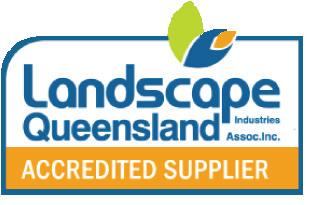
Want to learn more about building or specifying Recreation Ponds? Contact the team at Aquascape Australia who can assist with education, training and expert advice.
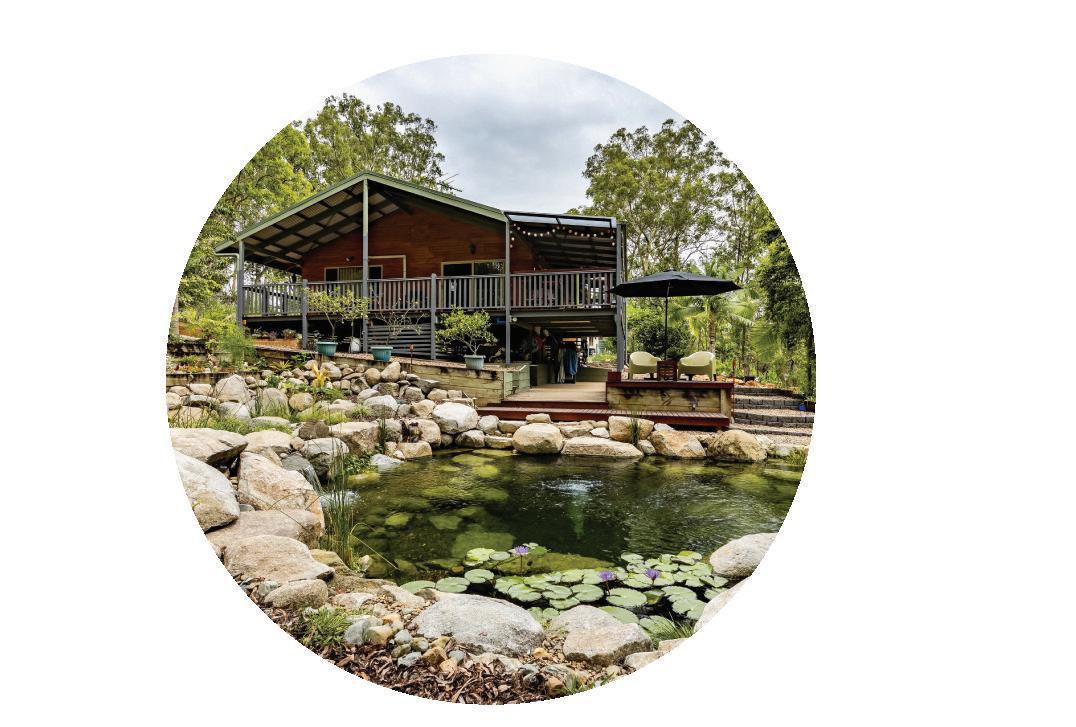

� (07) 5446-7963
21 Progress Place • Yandina, QLD 4561
www.aquascapesupplies.com.au
�
�
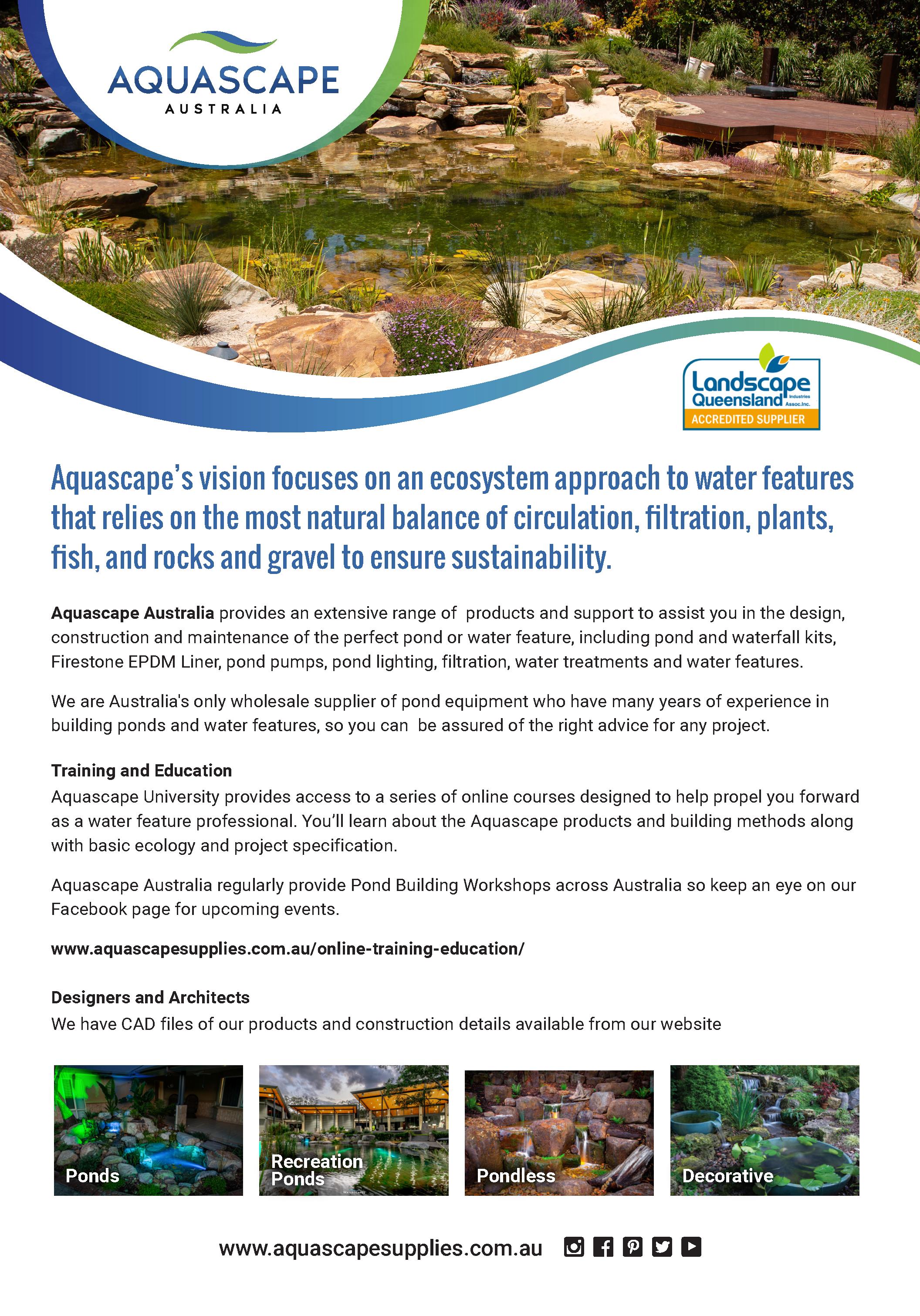


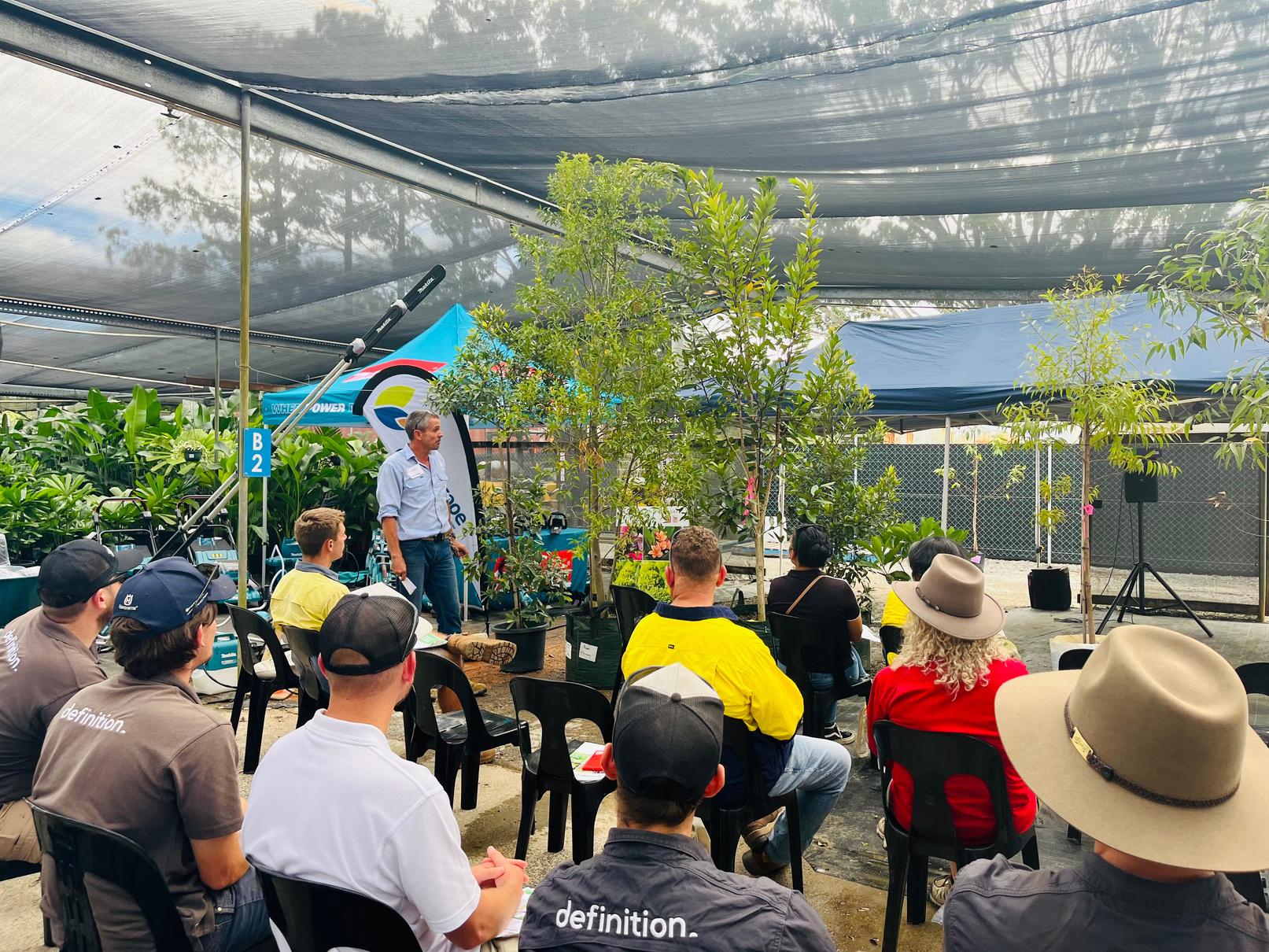
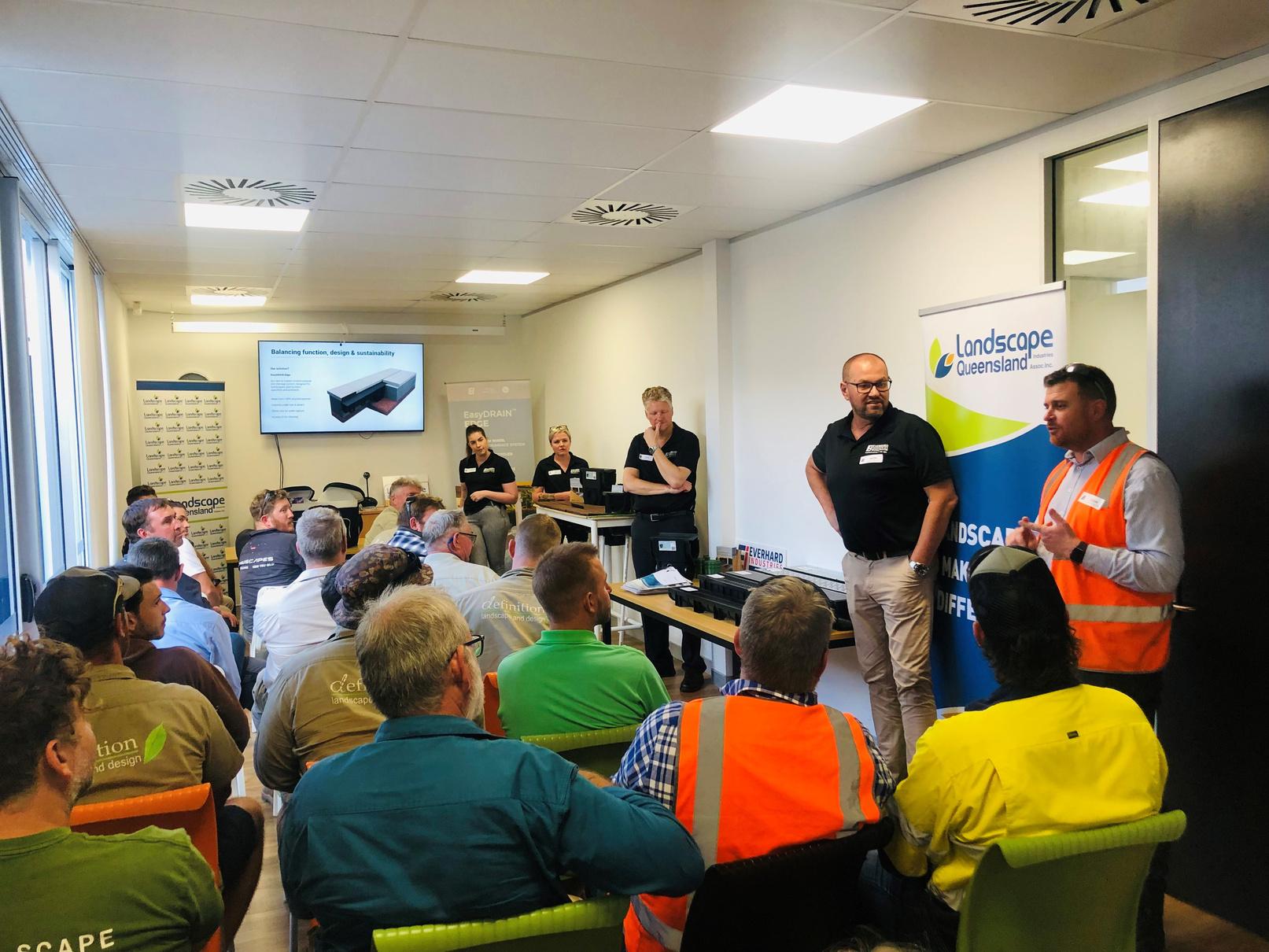
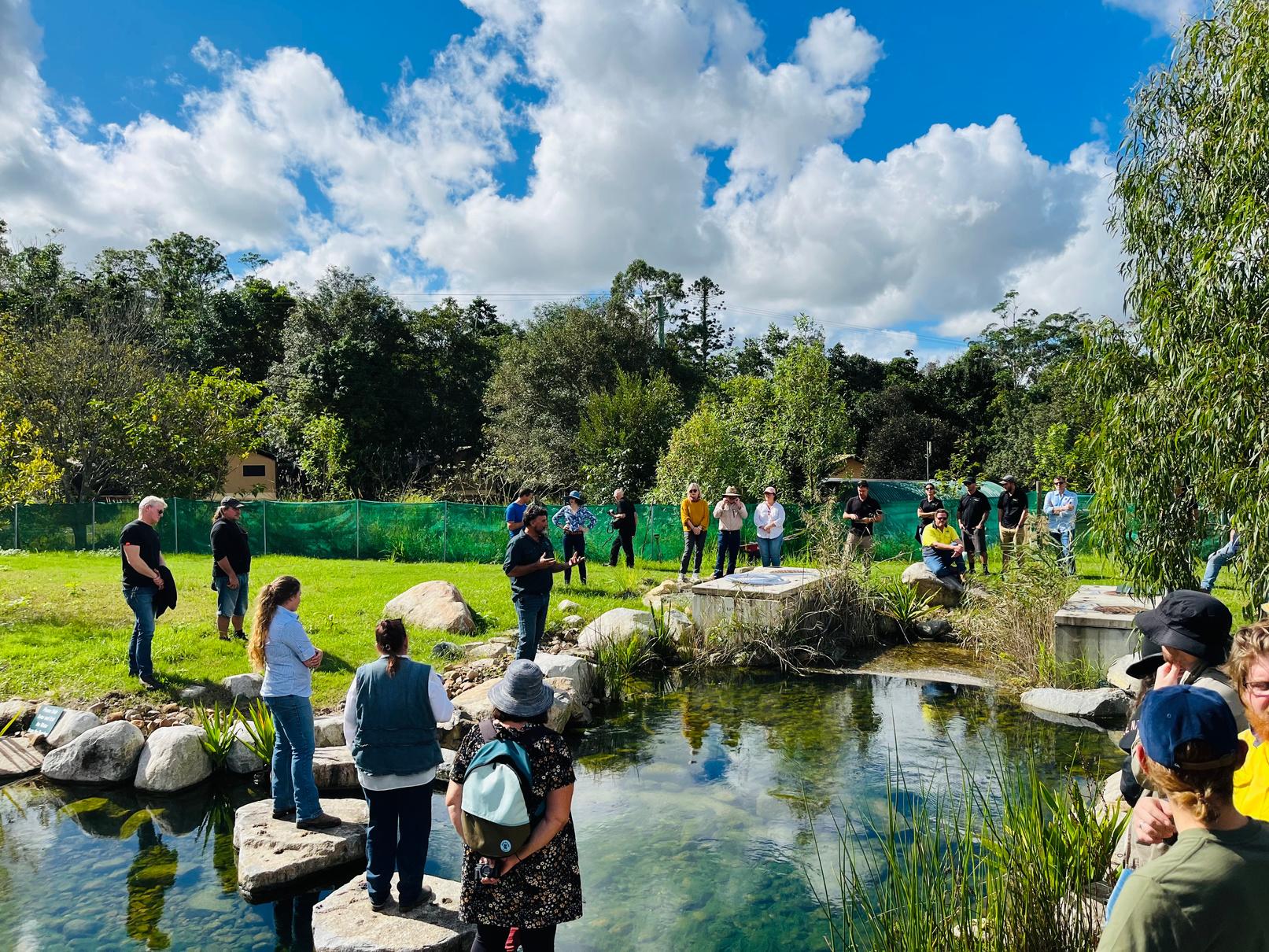
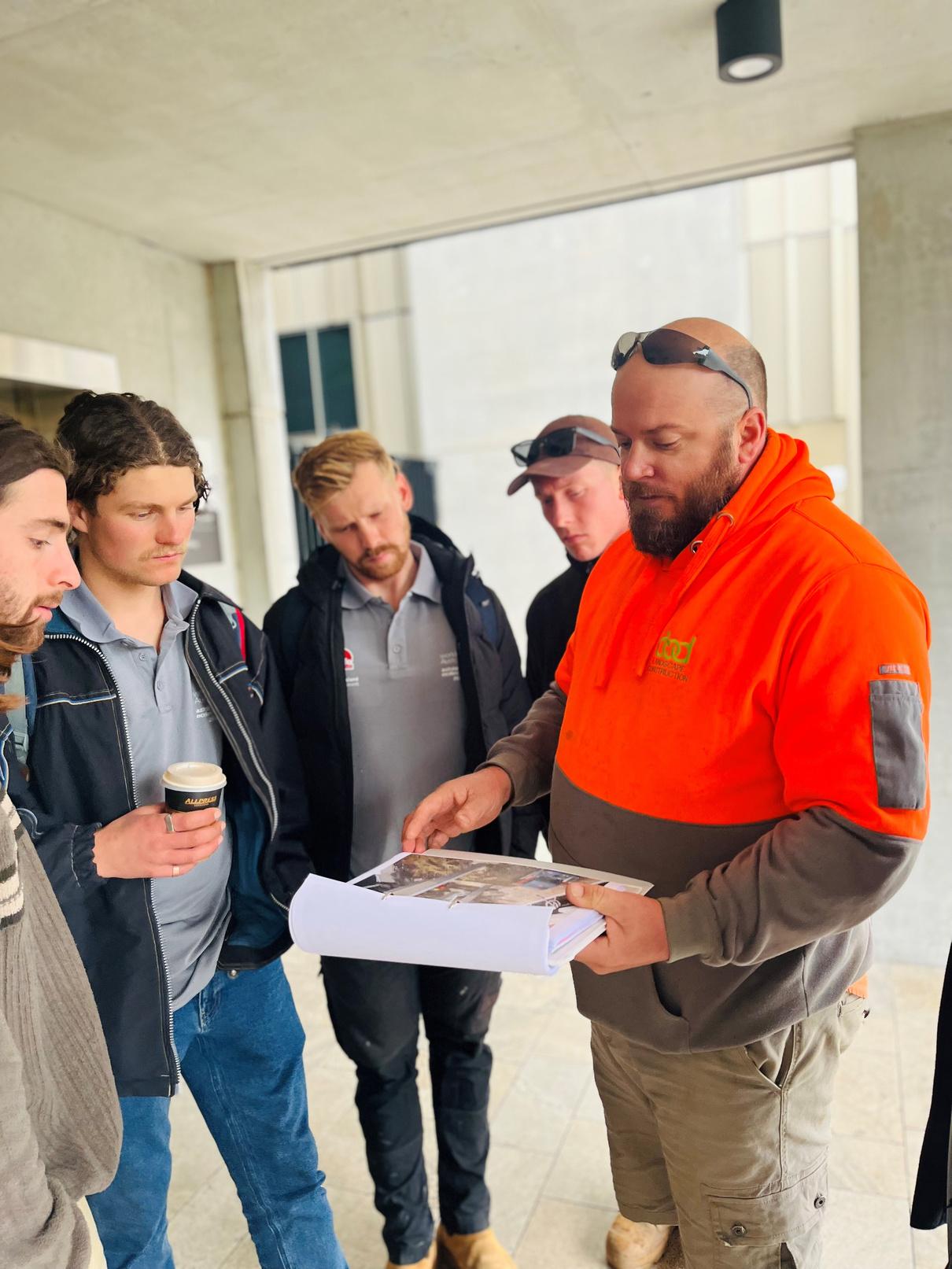
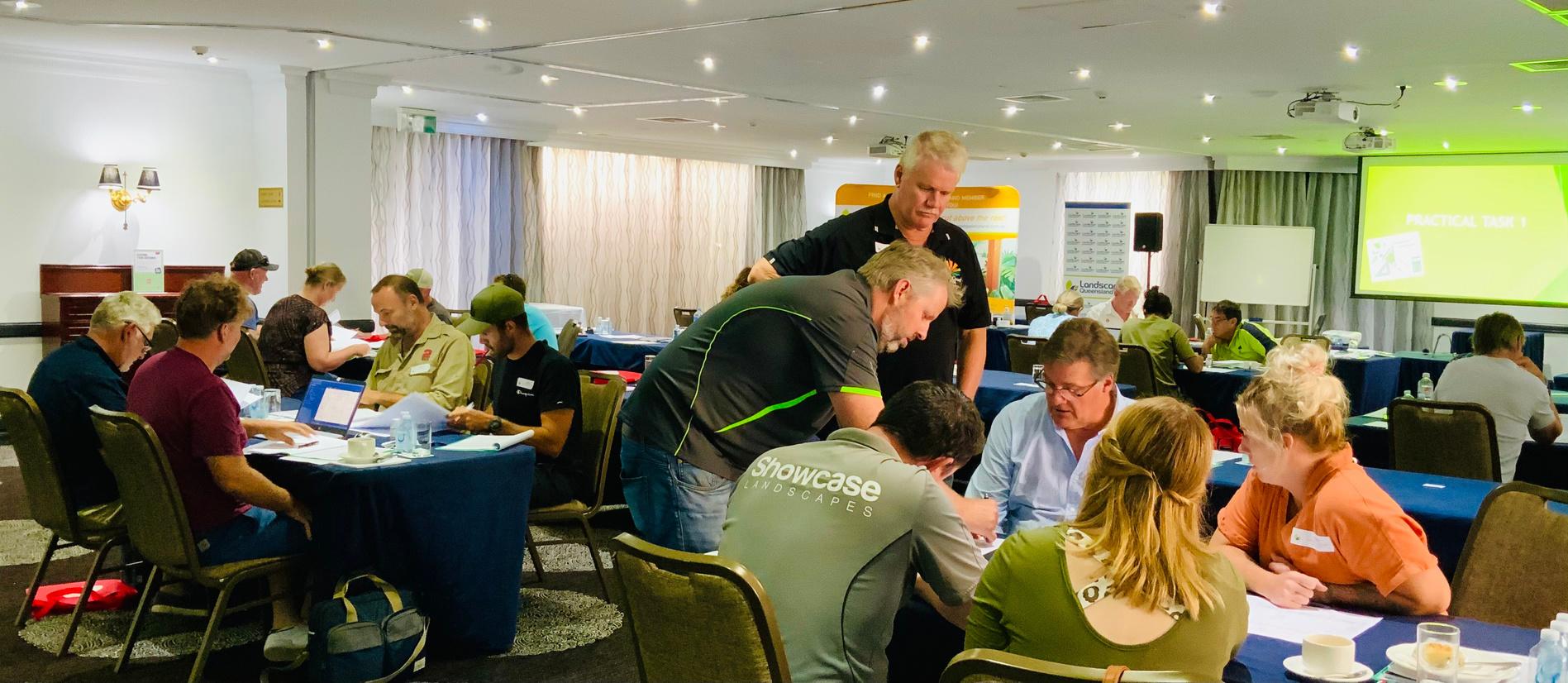


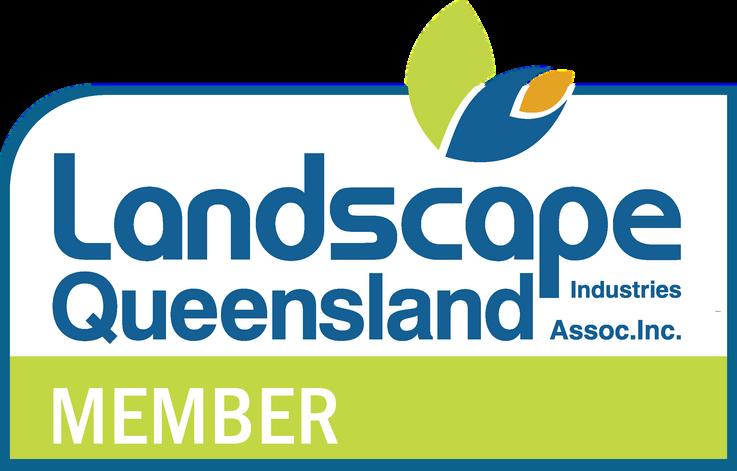

IncreaseCredibilitytoyourBusiness IndustryUpdates&News FREEIndustryContracts Networking,Training&ExclusiveEvents AccessMemberPricing,Services&Discounts Backup,Support&MuchMore! AddYourVoicetoImportantIndustryIssues WORK IN THE LANDSCAPING INDUSTRY? JOIN NOW
PENTABLOCK® is a unique interlocking vertical construction block system with a Natural stone option already applied The blocks feature a patented design with a simple rebate joint and a mortarless quick and easy construction process


PENTABLOCK® creates pure vertical walling used for all applications in the construction industry including retaining walls, feature walls, domestic and commercial construction, swimming pools, fencing, firepits, raised garden beds, water features and more
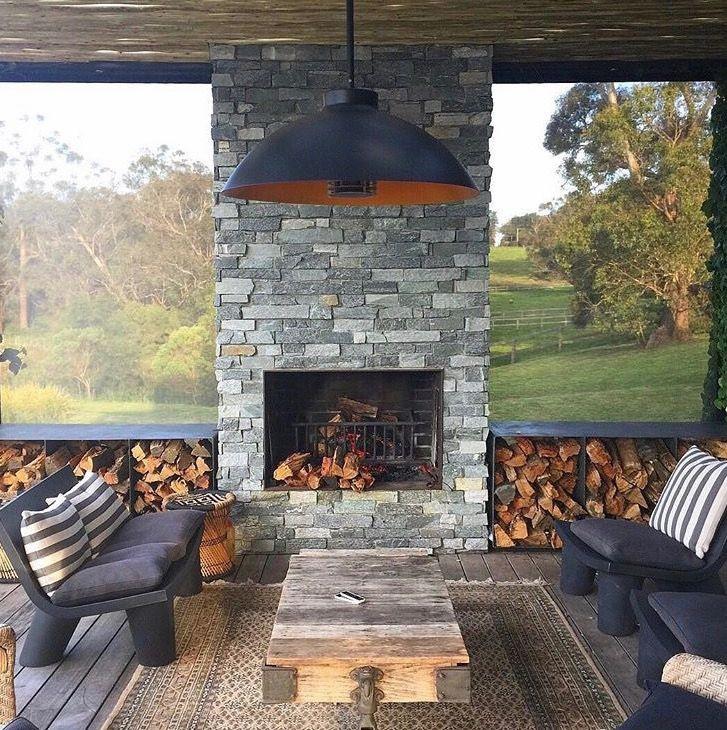
This innovative patented system is the output of years of research and design to create a revolutionary Dry Stack walling system The PENTABLOCK® system has many advantages over conventional block work, and other Dry Stack products, tilt panels and other walling systems
One of the biggest advantages of the PENTABLOCK® system is the productivity gains that are delivered to builders, installers, and other trades with the addition of increased strength and capacity PENTABLOCK® is the new way to construct
For more information, visit us at our website or through our socials by clicking these links:
info@pentablockqld com au | www pentablockqld com au
Timeless Natural Stone
INSIGHTS INSIGHTS
from 30 Year Plus Members
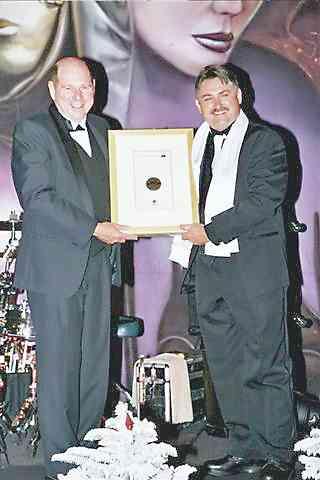
Continuing on from our last edition, longstanding members Wayne Giebel from Wayne Giebel Landscapes and Denis Fitzpatrick from Green Survival share insights on the changing nature of the landscaping industry and their longevity.
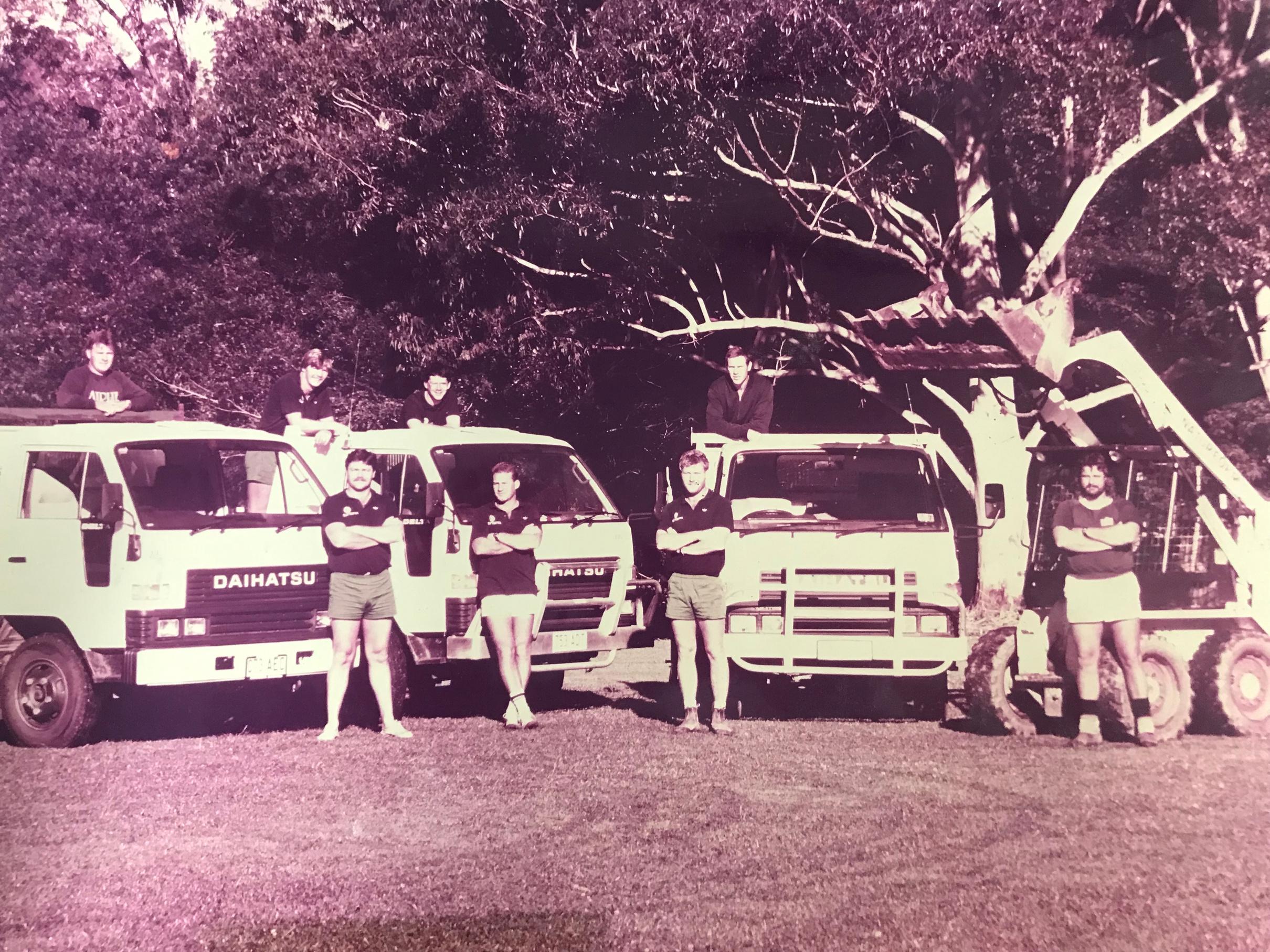
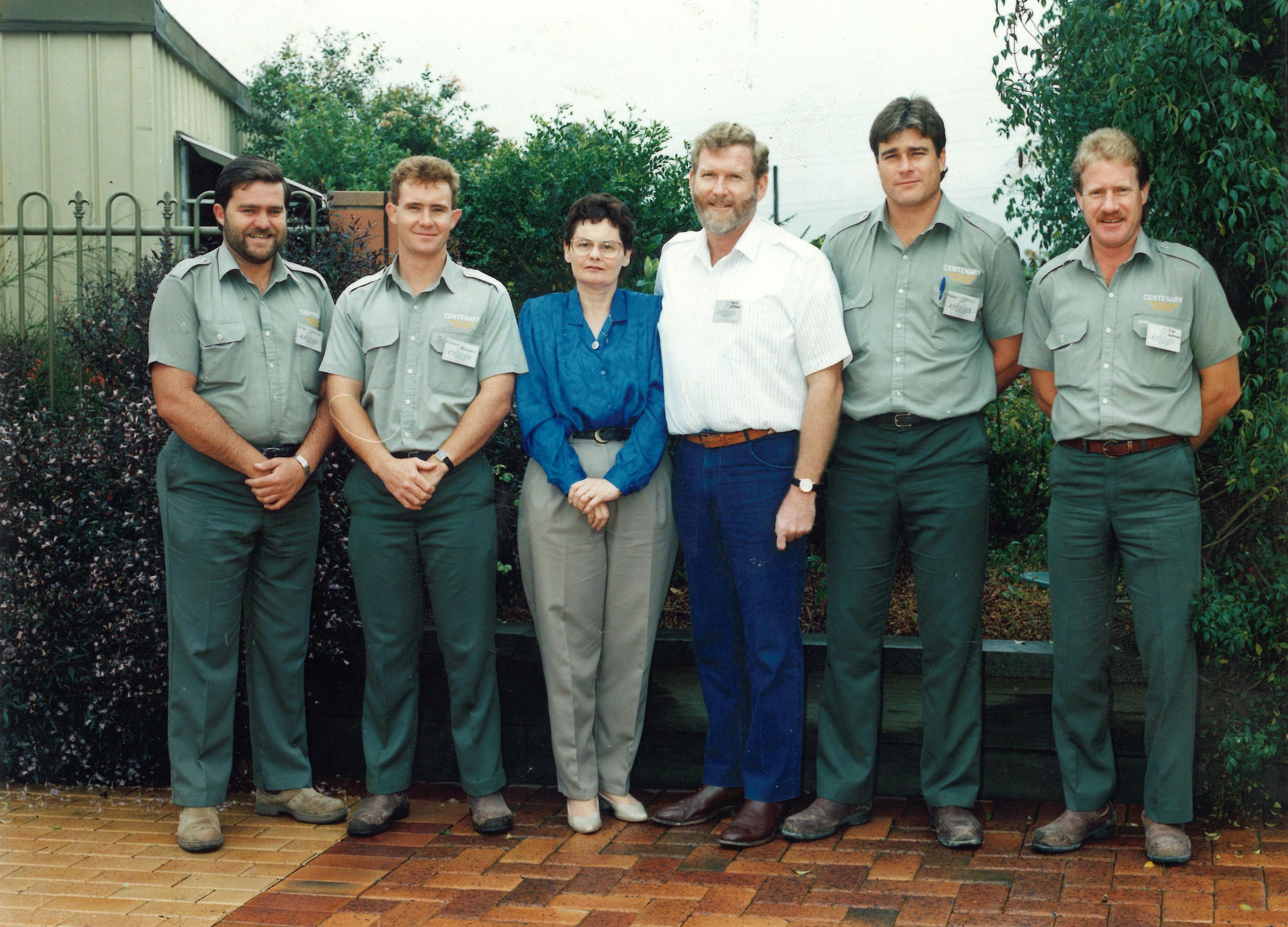


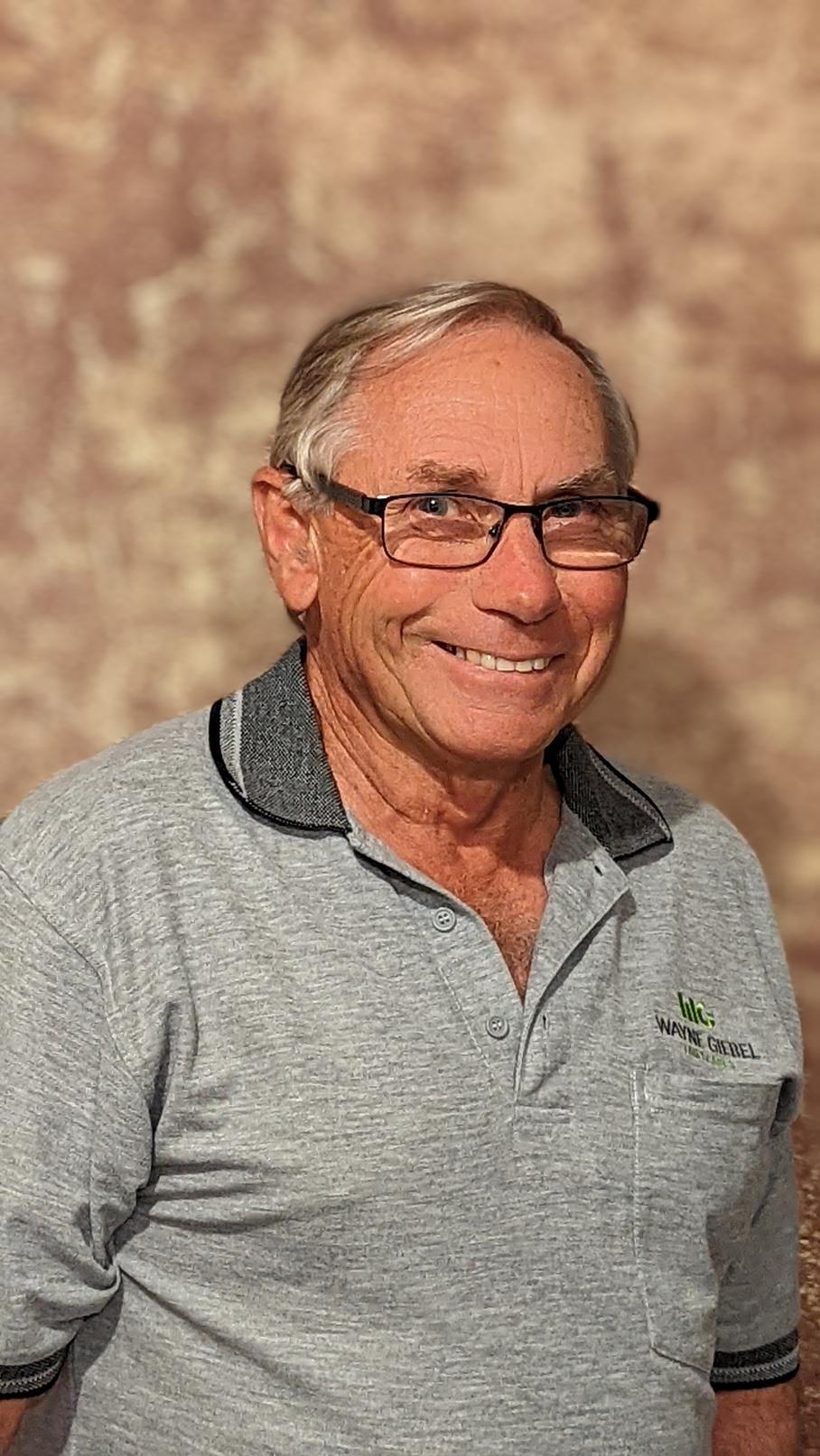
54
Insights From 30 Year Plus Members
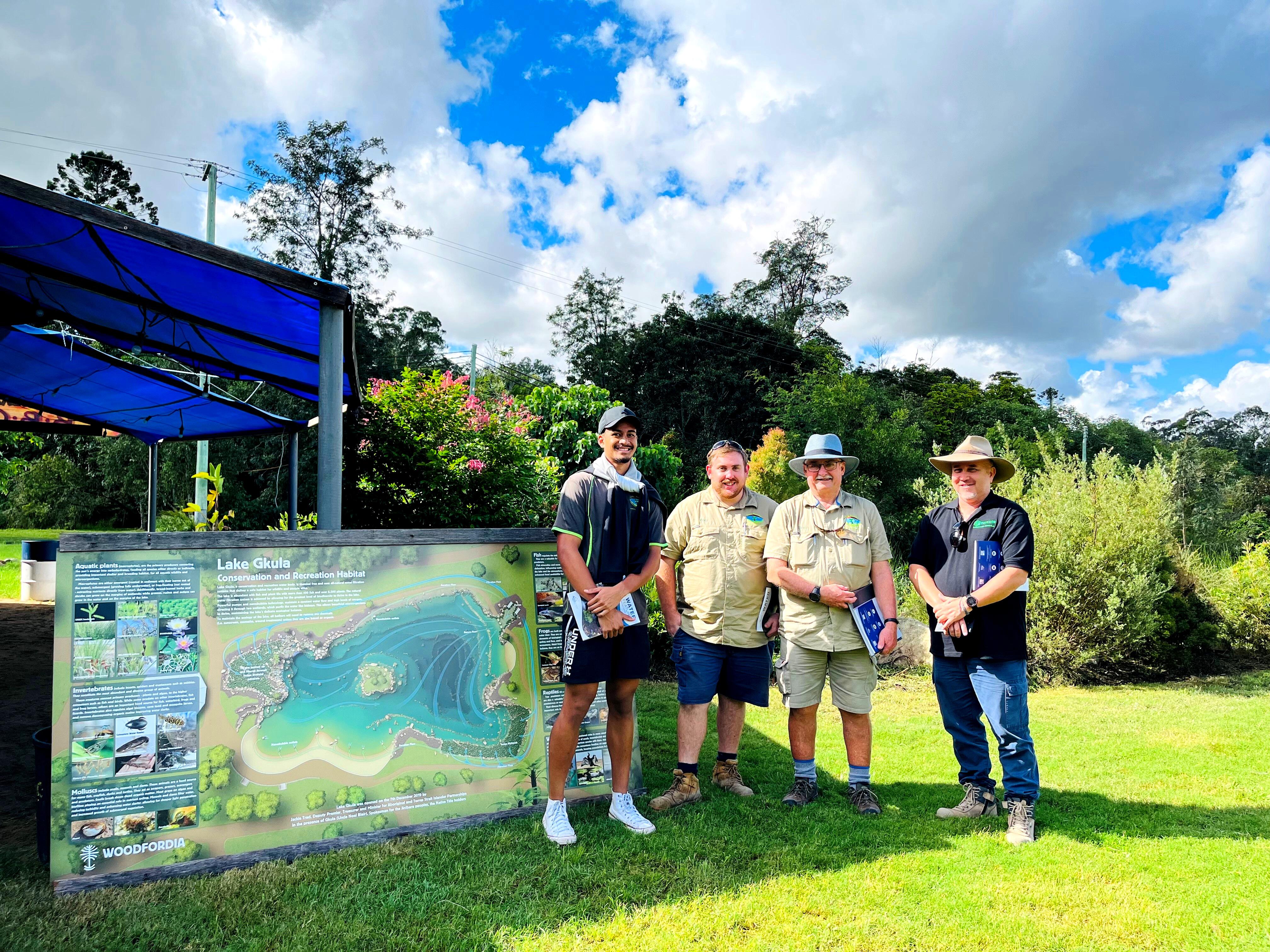
Longevity, Prosperity & Comradery
Like many of my colleagues in the industry, I entered it through my love of horticulture and my knowledge of construction.
Whilst studying for a degree in Horticulture at Queensland University, Gatton campus (formerly known as the Qld Agricultural College), I worked part-time at a retail nursery in Toowoomba. This was where I acquired much practical plant knowledge, especially for exotic plants suitable for temperate climates. The owners of this nursery also did landscaping, which was helpful to sell more plants, however, the landscaping was restricted to basic garden and turf installation, with some construction of ponds and rockeries. So, it was mostly for what we refer to today as ‘soft landscaping'.
The landscape construction of the 70’s,80’s was what you describe as organic. We used a lot of recycled materials such as:
Old railway sleepers
Barks from timber processing
Old car tyres
House bricks were used as paving as the unit pavers we use today were not readily available in the 70’s & 80’s in clay or concrete
After I completed my university studies, I worked in a couple of other retail nurseries until I began trading as Green Survival in 1979 in my home town of Toowoomba. Some of the gardens I constructed in those early days are still thriving today, some 40 years on. I received my first award for a Japanese Garden I constructed on an acre of land on a property outside Oakey in 1983.
W I T H D E N I S F I T Z P A T R I C K F R O M G R E E N S U R V I V A L
Photos: Denis Fitzpatrick
55
In October 1983 I attended a meeting which was held with some of the leading landscapers of the time. People such as, Ross Kelly, Jack Lee, Brian Cheesman, Peter Hazledeen, Brian Hillier, Ross Logan and Ken Aitken. It was agreed at this meeting that there was a need to rekindle the old Association of Queensland Landscape Contractors. A new president and committee were appointed. Jack Lee of Jensens, was elected the president of the newly revived association. It was later to become The Queensland Association of Landscape Industries (QALI), now known as Landscape Queensland Industries Assoc Inc.

I enjoyed attending subsequent meetings of the Association and valued the comradery and networking opportunities. I have learnt many valuable things through these meetings and through the Association in general including tips on running a successful business, new landscape skills and keeping up to date with new materials and technology. Networking at face-toface meetings and functions has always been important to me.
There are often topics that come up whilst conversing face to face that cannot be readily discussed over the phone or internet. One such amusing topic that was discussed informally amongst a half dozen of us, was how to deal with clients who wanted to pay us for work in large sums of cash. Cash that neither we nor especially the client, wanted to be traced. Some very amusing solutions were discussed!!
I value the Association and giving back to the industry. I was involved at both a state and national level on the Association's management committee for many years and privileged to serve as QALI President for 4 terms.

Some of the positive changes that I have witnessed in our industry are:
Mobile communications to better co-ordinate labour and materials on site
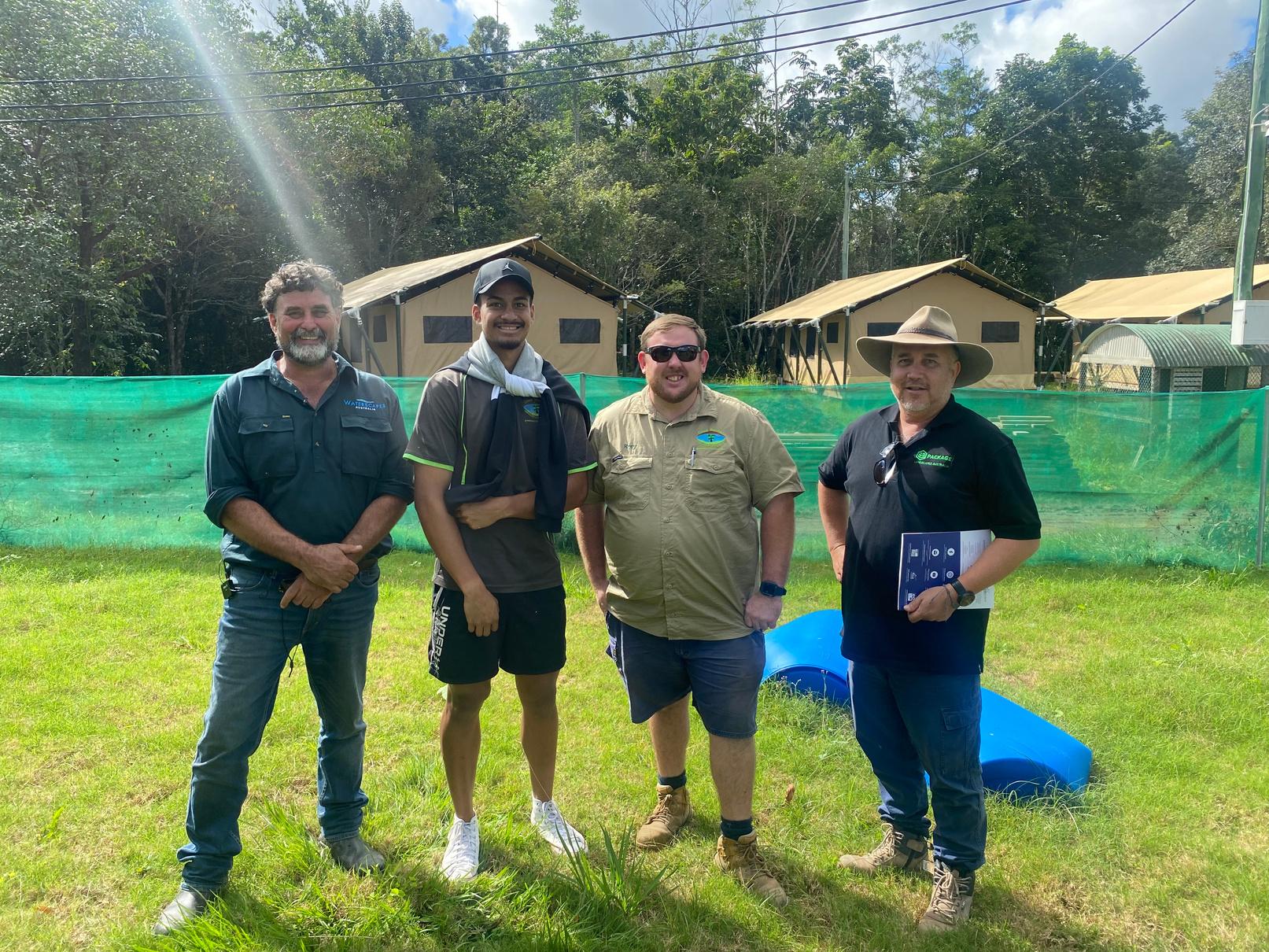

People involved in the industry can often find out information on products and their correct installation from YouTube
Electronic transfer of funds ensures swifter payments to us and our employees
Bigger range of earth moving machinery for tight access projects
56
I think the young people entering the industry today have the opportunity to be better informed and equipped than I was some forty years ago. In this respect, I am very proud of my son, Rory who has exemplified this. He has not been satisfied with just winning the landscape apprentice of the year in 2013 but has continually involved himself in all sorts of workshops, seminars and YouTube presentations to inform himself of new materials and better installation techniques. I think that Green Survival will continue to flourish under his management.
My crew and I have received many awards for construction excellence, but the award I am most proud of receiving was the Built Environment Award in 2004. This was for work I had done serving on various government and non-government committees in an effort to get better training and wage outcomes for people involved in the landscape industry.
I would strongly encourage anyone who is involved in the landscape industry to be an active member of the Association. The information received from doing so, goes a long way to helping the longevity and prosperity of your business.
Green Survival has been an LQ member since 1984 and was awarded Honorary Membership in 1998.

"I would strongly encourage anyone who is involved in the landscape industry to be an active member of the Association. The information received from doing so, goes a long way to helping the longevity and prosperity of your business."
57
Denis Fitzpatrick
Members
Passion, Respect & Integrity
After landscaping his first home on weekends, for Wayne Giebel the seed was planted for creating and constructing landscapes.
The next step was enrolling in a 5-year part-time landscaping/horticulture course at Grovely TAFE College to study all aspects of what was then becoming a growing industry. Eighteen months into the course and attending college 3 nights a week Wayne decided to leave the secure work as a public servant and start Wayne Giebel Landscapes in January 1989. Attending college at night continued until the course was fully completed.
Learning and developing further skills on the job enabled Wayne to take on more complex and interesting projects. Having found a passion for designing, creating, and constructing residential landscapes he joined QALI (now Landscape Queensland) in 1990.
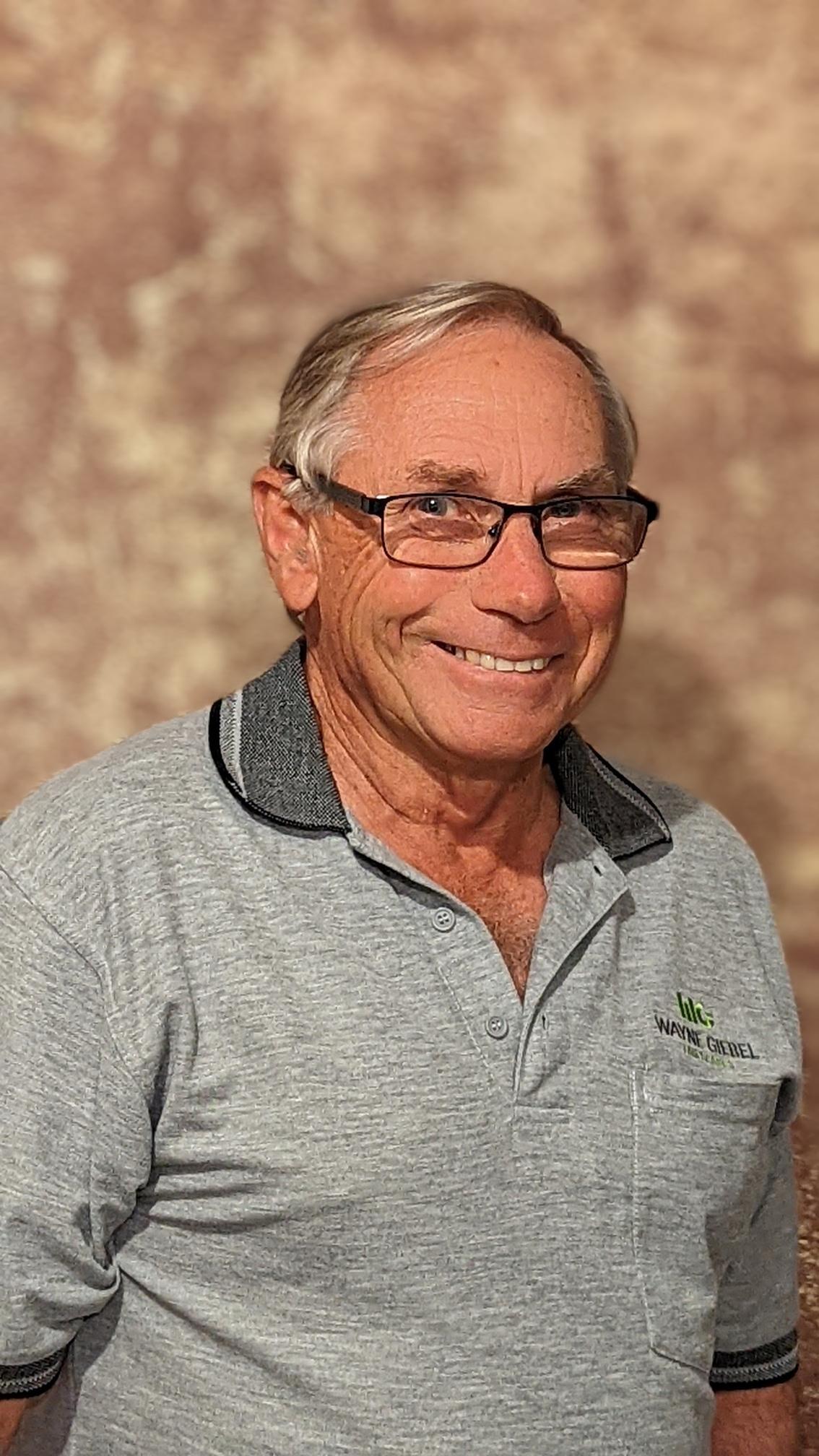
He found he learnt a lot from other experienced members and joined the Board as a member in 1996 and became Secretary in 2000 – a position he held until 2011.
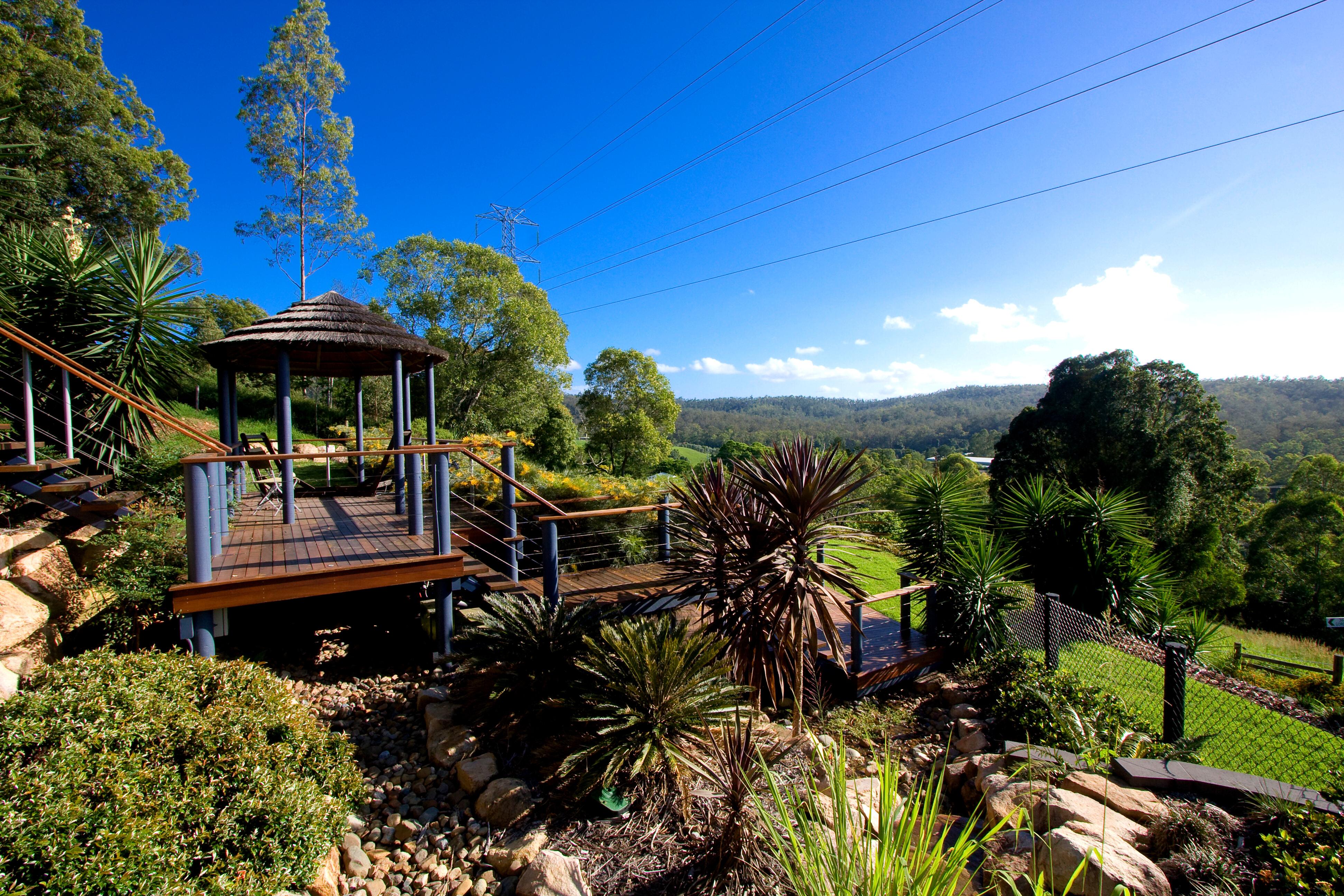
Insights From 30 Year Plus
Photos: Wayne Giebel Landscapes
I T H W A Y N E G I E B E L 58
W
Wayne attributes his longevity in the industry to his passion for constructing high quality residential landscapes that meet the individual needs of his clients in so far as how they wish to use and live in those outdoor spaces/rooms. Repeat clients or referrals from client’s friends have been the mainstay of the business over the years.

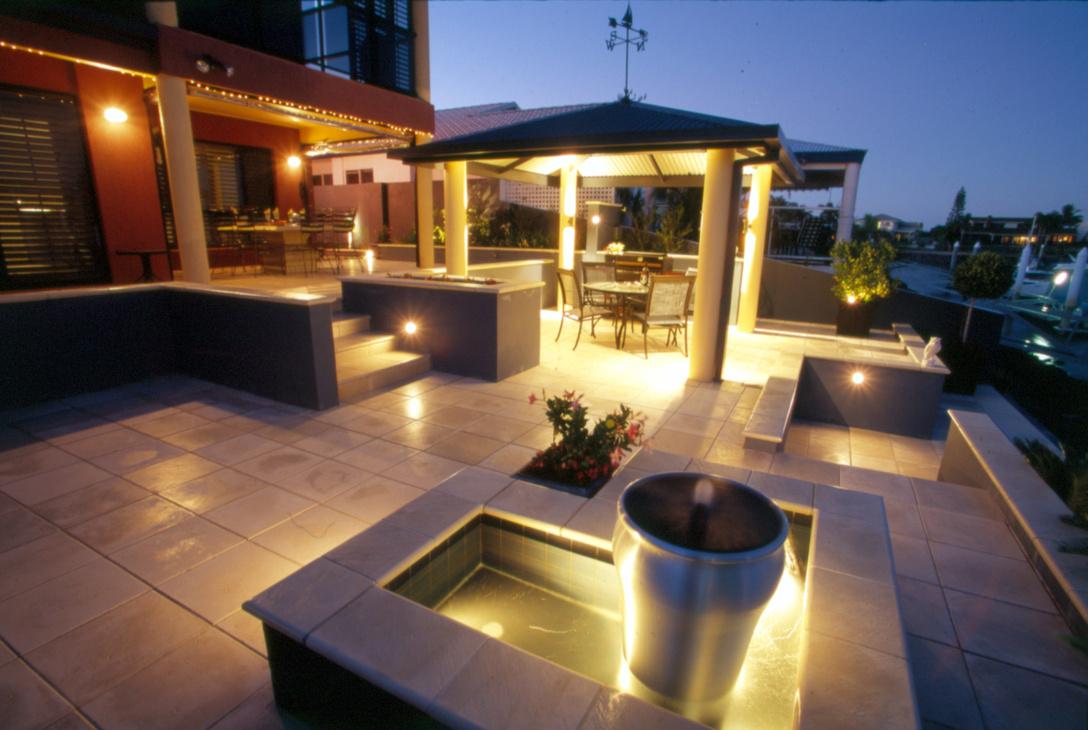
Additionally, the business was built on honesty, trust, respect and integrity with both clients and suppliers and being able to adapt and evolve with trends and client’s expectations over the years.
Wayne Giebel Landscapes has been recognised throughout the landscape industry having won many Landscape Queensland Awards over the years.

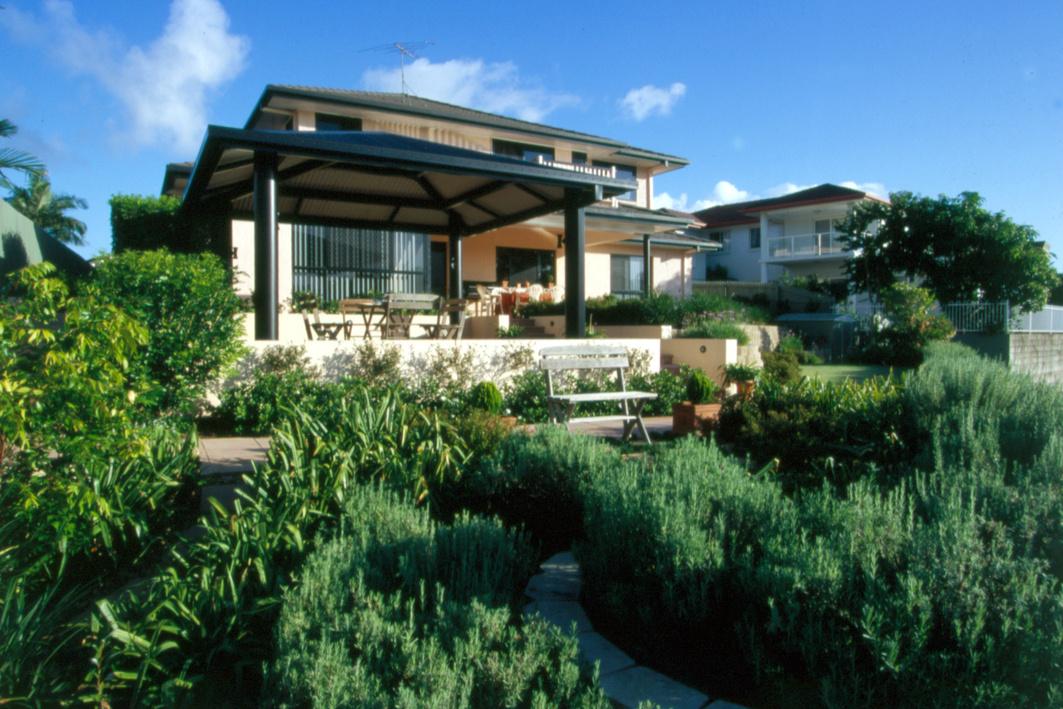
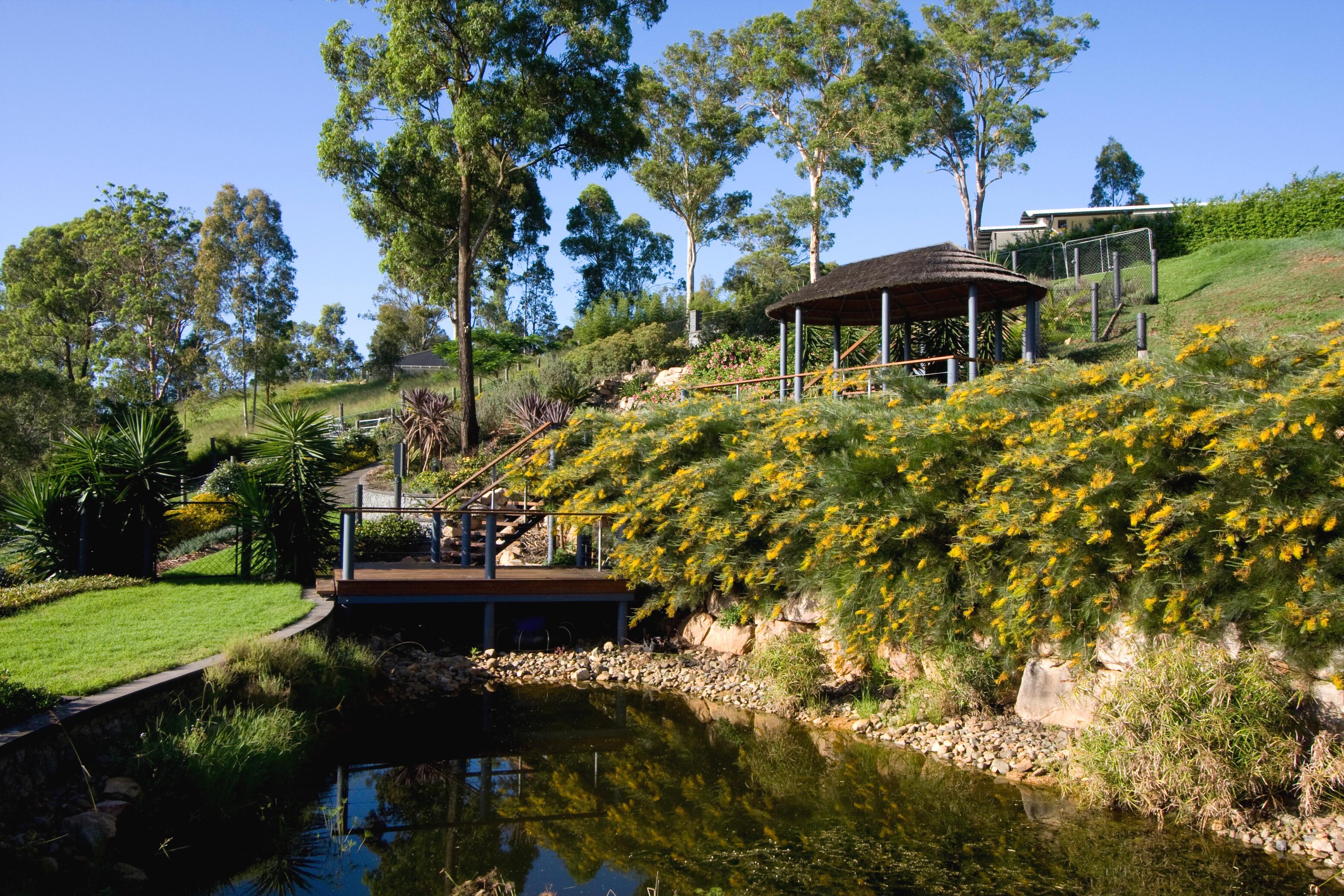
From landlines (no mobiles) and written quotes when the business commenced to continual technology changes and Workplace Health and Safety priorities have been some of the major changes encountered over the years. Other changes to machinery and equipment for small space access as well as a greater emphasis on environmental and sustainability issues have also occurred.
When asked what advice he might give new entrants into our industry, Wayne felt "it was essential to complete your projects to the highest standard and be true to your own values as a person and treat both your clients and suppliers with respect and integrity. Also, strive to keep learning and evolving because your competitors certainly will not stand still" – sage advice indeed!
59
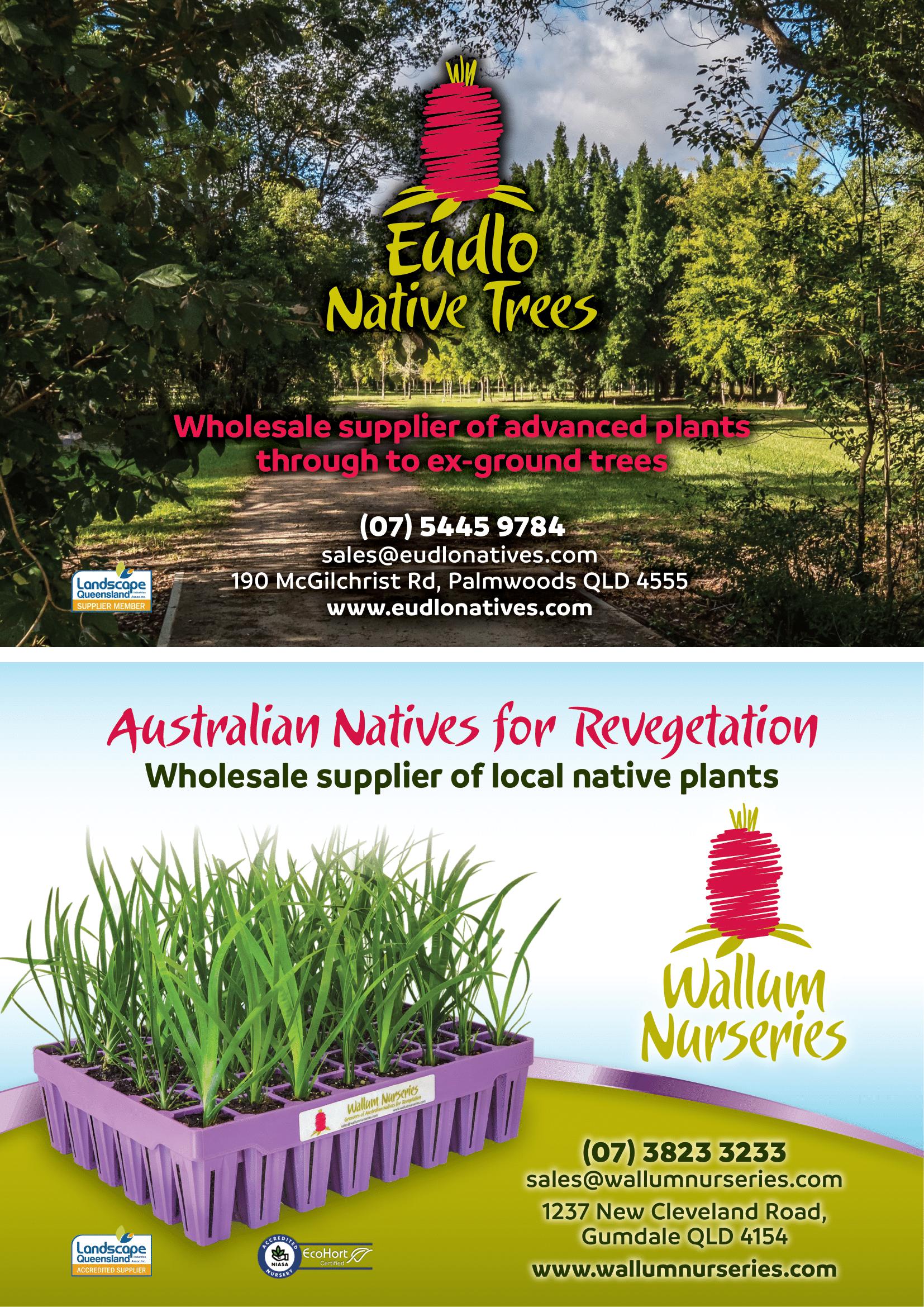



Connect with LQ @LandscapeQueensland @landscapeqld www.landscapequeensland.com.au
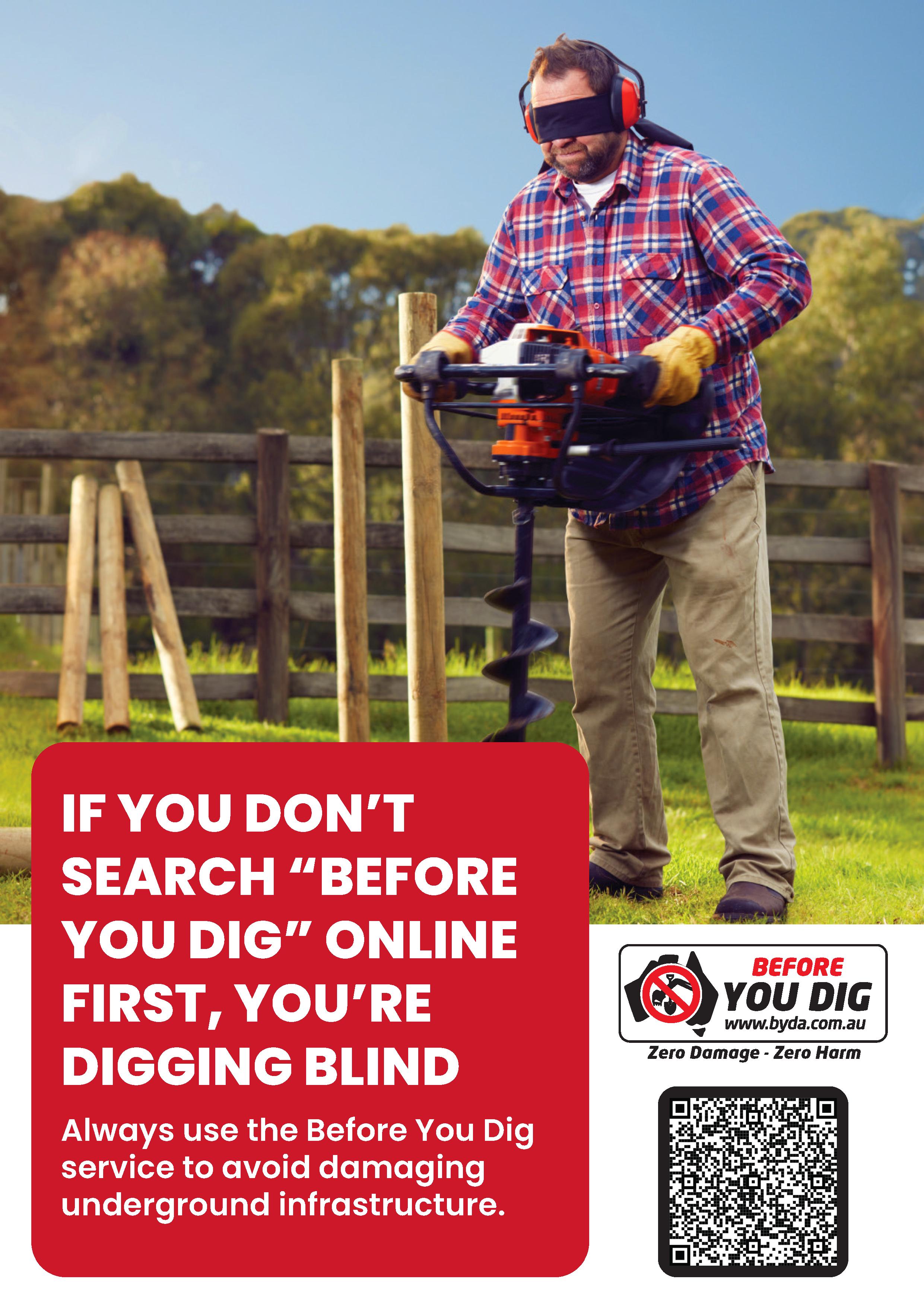

Avisionfor ZERODAMAGE, ZEROHARM
After almost 40 years of protecting Australians and underground infrastructure from harm and damage, Dial Before You Dig (DBYD) has transitioned into a new national organisation known as Before YouDigAustralia(BYDA)
BYDA continues to provide the free referral service at wwwbydacomau, preventing damage and disruption to underground infrastructure The Before You Dig (BYD) service is essential to a landscaper’s everydayworkpractices

BYDA also provides free onsite or online damage prevention awareness training tailored to your team’s needs,sothereisnoexcusefordiggingblind.

WHATTODOBEFOREYOUDIG?
Safety is a fundamental aspect of any digging or excavation project, so using the BYD service should always be your first taskbeforestartingwork
HOWDOYOUACCESSTHESERVICE?
TheserviceisfreeforusersandisaccessibleviathenewBYDA websiteorthroughtheiPhoneandAndroidapps
WHATHAPPENSAFTERYOULODGEANENQUIRY?
You will receive plans and safety guidelines via email from infrastructure owners indicating the presence of their underground assets. Plans indicate the presence of underground infrastructure only and not their exact location
Therefore, you should only use them as a guide Should you requirefurtherinformationorassistanceorhavenotreceived plans, please contact the asset owner directly using the contact details supplied in your enquiry confirmation email Do NOT proceed until you have received the relevant informationfromallassetownersaffectedbyyourproject
ALWAYSFOLLOWTHE5PS OFSAFEEXCAVATION!
•PLAN
Plan by lodging your BYD enquiry at least one businessdaybeforeyourprojectbegins,andensure you have the correct information required to carry outasafeproject.
•PREPARE
Preparebyreviewingtheutilityplansandcontacting theassetownersifyouneedassistance.Lookforonsite asset clues such as pit lids, marker posts and electricity, gas or water meters. Engage a Certified Locator who can assist you in locating assets electronicallybeforepotholing.
•POTHOLE
We have Damage Prevention and Awareness Officers in each state and territory who can tailor a toolbox talk or more in-depth session to meet your team’s needs These can be delivered online or onsite. To book a free session for your team, please visit our website at:
www.byda.com.au/serviceseducation/education/
Establish the exact location of all underground infrastructure(s), if permitted, by hand digging, hydrovacuumextractionorusingtheassetowner’s stated method as specified on the plans or informationpack.
•PROTECT
Protecting the exposed infrastructure is the excavator’sresponsibilityifpotholinghasoccurred. Communicate to all working on-site, erect barriers andmarkthelocationoftheexposedinfrastructure.
•PROCEED
Youshouldonlyproceedwithyourexcavationwork after planning, preparing, potholing (unless prohibited), and having protective measures in place.
Formoreinformation,visitwww.byda.com.au
FREEDAMAGEPREVENTION
63
AWARENESSSESSION
DEALING WITH DOWNPOURS
In the past two decades, Brisbane has experienced the millennium drought (1995 – 2009) and two significant floods (2011 and 2013) and as a subtropical city it is also affected by frequent and severe storms.
With the Bureau of Meteorology forecasting another wetter than average Spring and Summer this year, careful consideration should be given when designing urban gardens as to how excessive water might be dealt with on an ongoing basis.

Whilst the idea of bioswales may have been around for some time in commercial or civil environments, homeowners are increasingly embracing this idea in consultation with their landscape designer or contractor as a means of protecting their most valuable asset and at the same time increasing their home environment aesthetically.
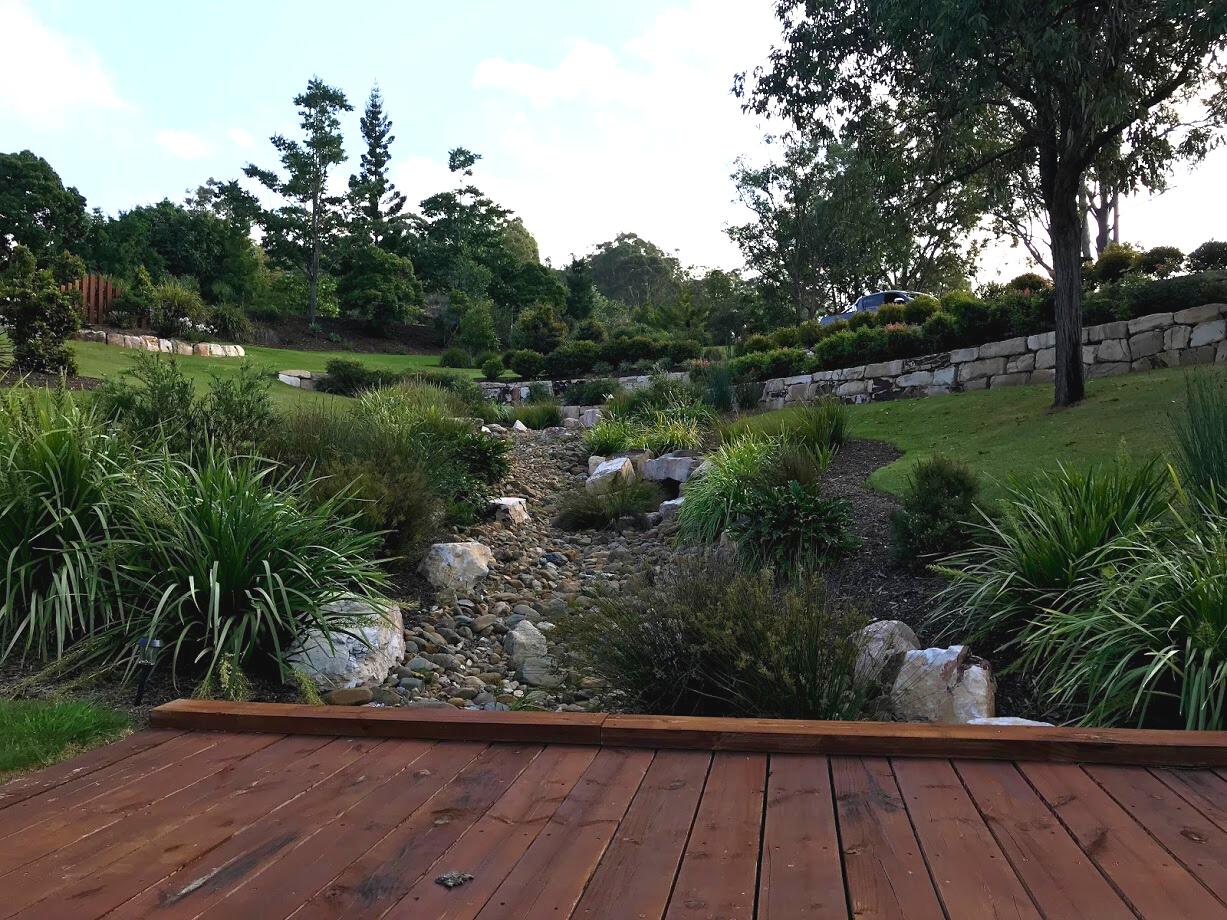
With better education, homeowners can come to view stormwater as a resource that can be harvested and used later.

R E S I D E N T I A L B I O S W A L E S
P H O T O S : W I T H T H A N K S T O L Q M E M B E R S M J L A N D S C A P E S M U L L E R L A N D S C A P E S 64
As a contractor investigating your clients’ water requirements, discussions can include rainwater tanks, water gardens, bioswales or dry creek beds, porous paving and smart irrigation. Water-sensitive urban design (WSUD) seeks to imitate the natural water balance on site before the land was built on. WSUD slows stormwater runoff so that it can be used and filtered on site.
Click Video - Landscape Institute Water Sensitive Urban Design (WSUD)
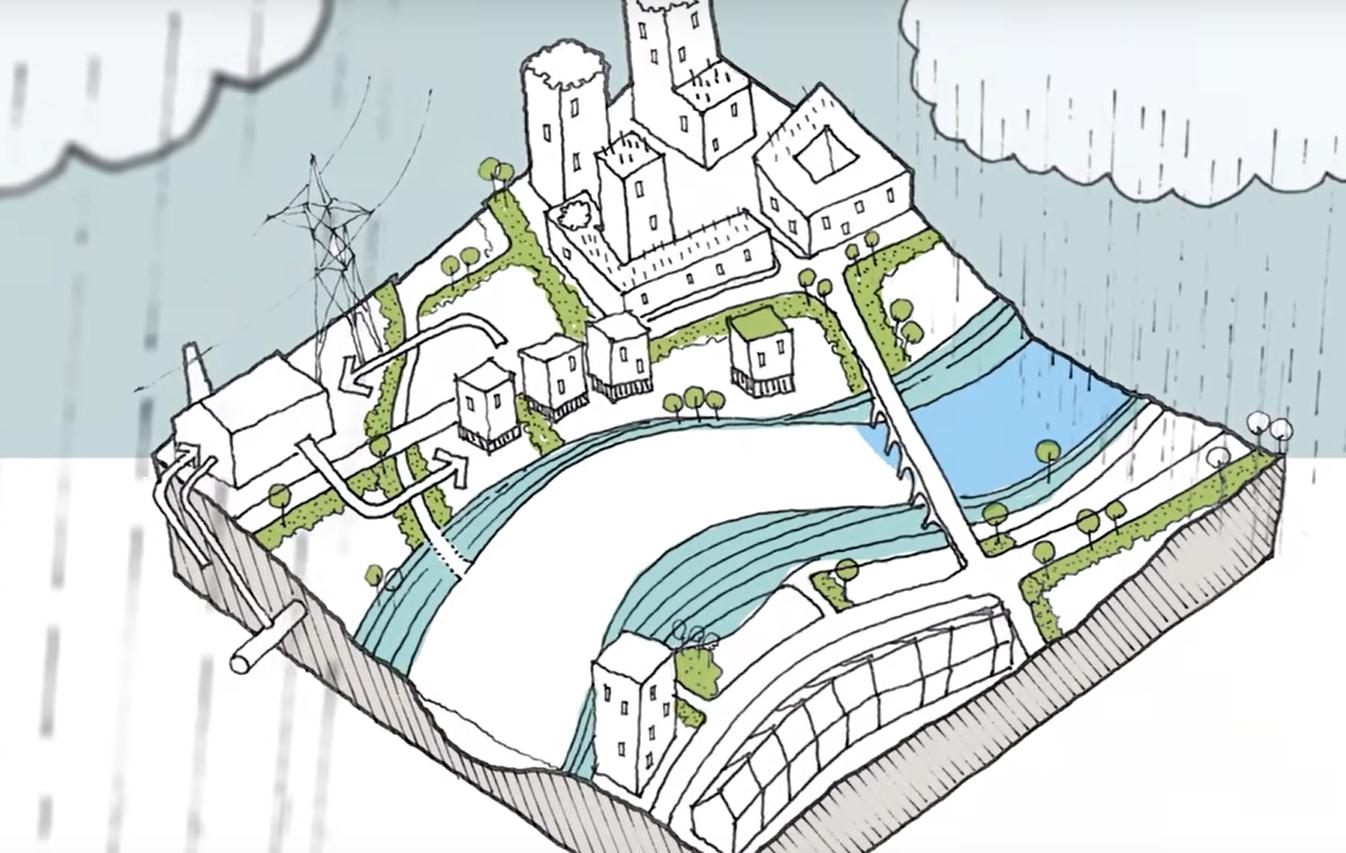
Image Source: Yourhome.gov.au
Brisbane City Council has put together various Fact Sheets to help homeowners and professionals alike consider water needs for a property. These documents are great for general WSUD information, be sure to check any technical documents for the region you are working in
Stormwater Gardens Fact Sheet
Stormwater Gardens Technical Document
More WSUD Guidelines and Documents
Further Resouces
Your Home: Stormwater
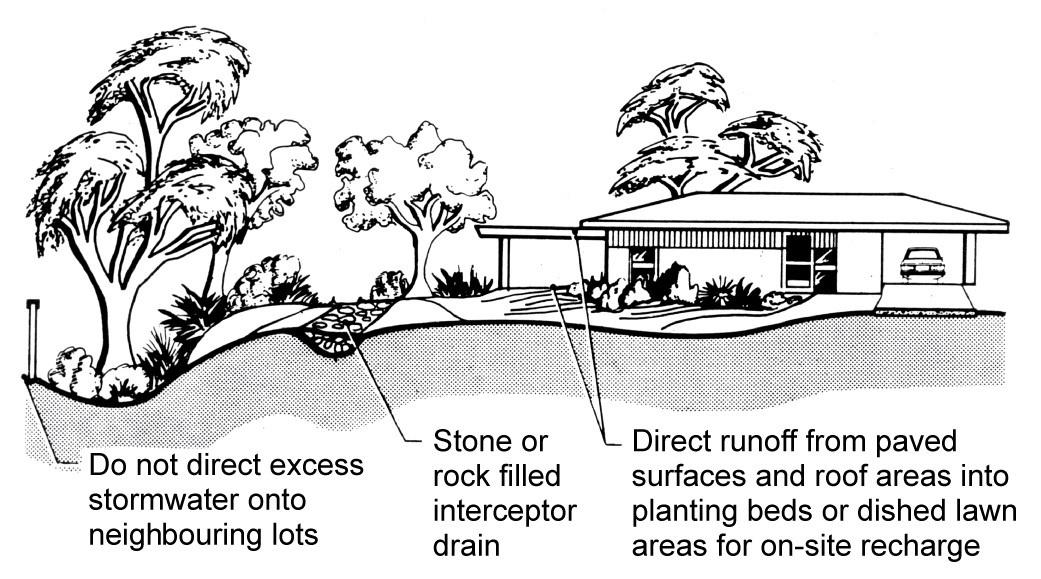
Healthy Land and Water: Building a Rain Garden
Healthy Land and Water: Water Sensitive Designs
Healthy Land and Water: Training and Development
Jerry Coleby-Williams: Whole of Site Water Management
Brisbane City Council: Rain Gardens
References 1 https://iwa-network org/city/brisbane/ accessed 22 August 2022 © Commonwealth of Australia 2022 Design For Place is licensed under CC BY 4 0, and provided free of charge at www yourhome gov au
65


THE IMPORTANCE OF PLANNING: SPECIFYING THE RIGHT DRAINAGE SOLUTIONS FOR THE JOB PLANNING
Drainage is an essential part of any constructionprojectandonethatcanhave significant impacts if not designed and installed correctly. It’s estimated that the average cost of flood damage repair in Australia exceeds $943 million every year Whileitwouldbeincorrecttodrawadirect and total causal link between the impacts of Australia’s weather and drainage in homesandbuildings,thereisnodoubtthat wise water management is essential in creatingsafe,healthybuiltenvironments.
Poorly functioning or poorly specified drainage systems can lead to slip hazards, dirt and waste build-up, and even play a role in facilitating the transmission of infections.Similarly,ill-considereddrainage solutions can contribute significantly to the degradation of waterways and have negative impacts on the surrounding naturalenvironment.
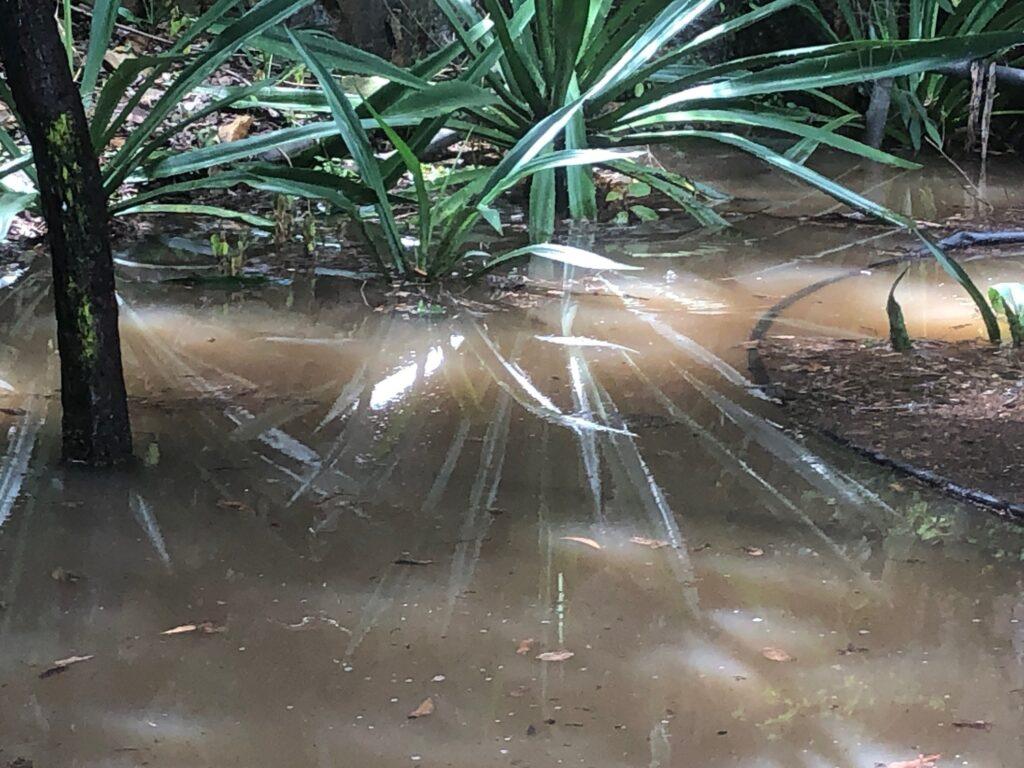
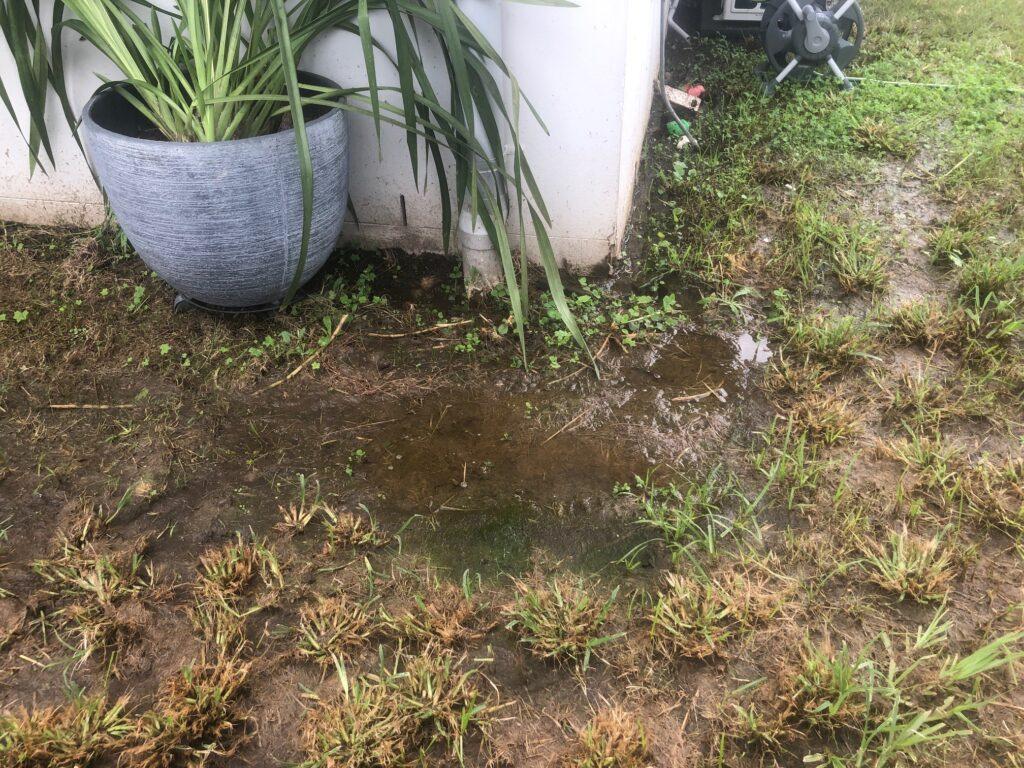
Thus it is imperative that designers and specifiers maintain a detailed, and up-todate understanding of the considerations when specifying a drainage system that is both fit for purpose and in keeping with clientrequirements.
The right drainage system must balance functionality and aesthetics to ensure that it will meet all project-specific requirements and contribute to the sustainablefutureofourenvironment.
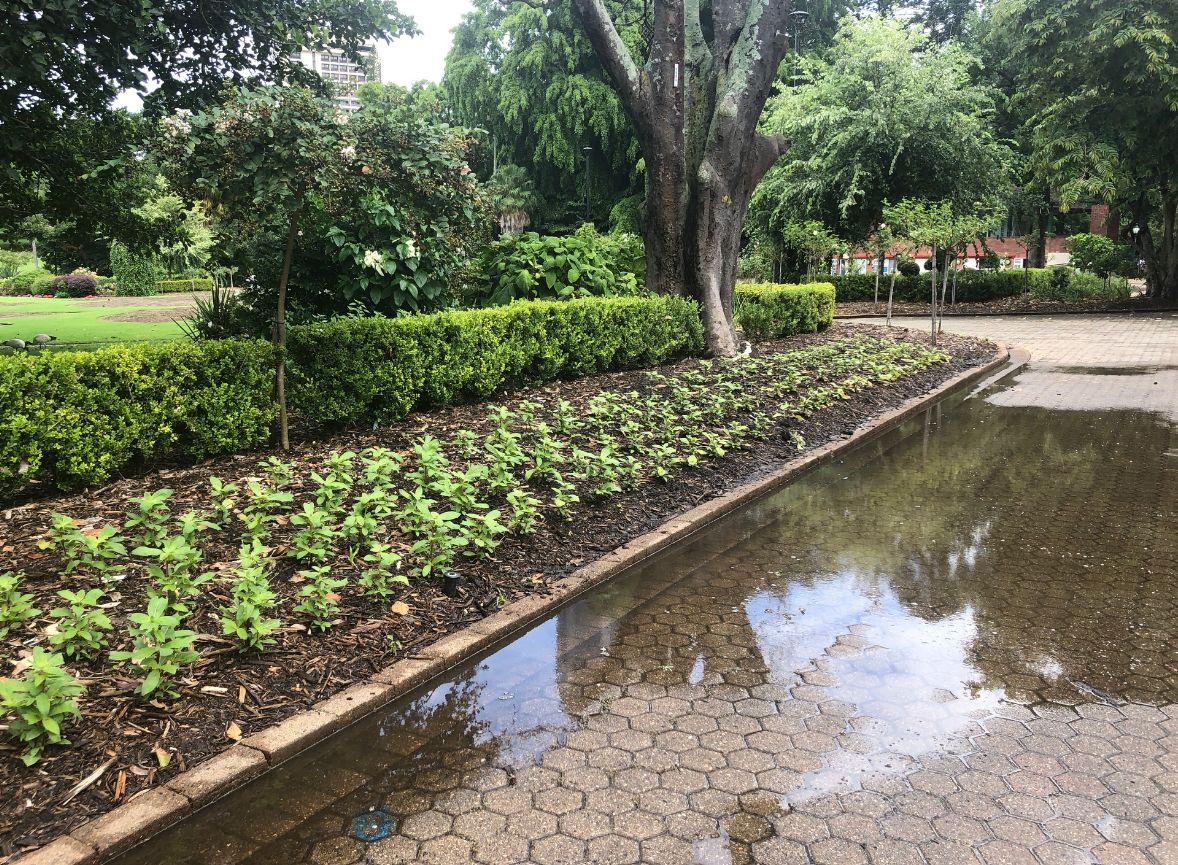
There are two primary concerns when planning for the best possible drainage solution for a project - planning for the prevailing weather conditions at the location, and planning for the correct application.
Thefirstofthese,planningfortheclimate,is becoming increasingly more important as the effects of climate change are felt across the country Projections by the Climate Council have shown that the annual frequency of potential severe thunderstormdaysislikelytoriseby30%in Sydney, 22% in Melbourne and 14% in Brisbane by 2099 This change may have significant impacts on existing drainage systems - both smaller residential systems and larger-scale commercial and civic systems will be affected. To mitigate the impacts of a potentially calamitous increase in water flow, specifiers should be factoring severe storm weather into their plansasabaselinetoensurethatwhatever drainagesystemisspecifiedhasadequate capacitytohandlethatincrease.
1 2 3 67
Planningforthespecificsofanyapplication is also important - and many things can comeintoplayhere.Forexample,drainage grates are categorised into classes under AS3996-AccessCoversandGratesbased on how much weight they must be able to supportinordertoremainfunctional These range from Class A (strictly pedestrian access) to Class G (docks, wharves and airporttaxiways).
Geographicallocationalsoplaysarole-a project located in the tropics could reasonably be expected to endure more frequent deluges than one in a more temperate climate. Similarly, a galvanised gratetypemaybeunsuitableforuseclose to the ocean or near a saltwater pool as it will rust - with a marine grade stainless steel or a recycled polymer being a more prudentoptioninthatcircumstance.
LQ partner Everhard Industries is a Queensland-based manufacturer of a rangeofproductsincludingresidentialand commercial drainage suitable for the landscaping industry. Their EasyDRAIN range has been recognised for design excellence having won a prestigious Australian Good Design Award in 2021. The importance of embracing good design principlesisnowmoreimportantthanever asmanybusinessesaroundtheworldhave had to completely re-think their business strategiestoremaincompetitive.
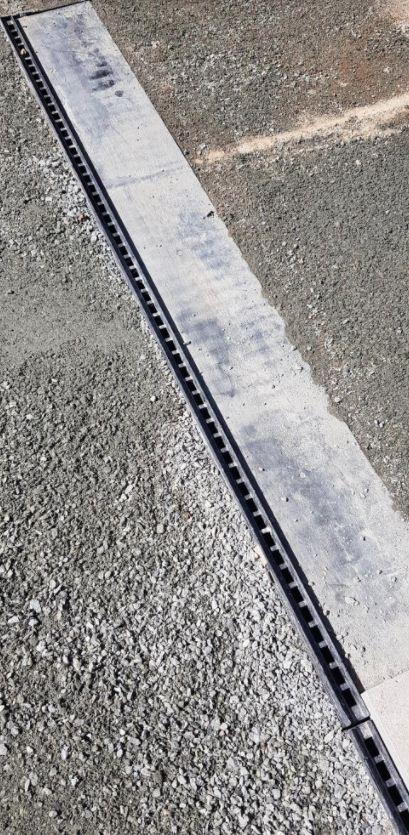

The Good Design Awards Jury commented “EasyDRAIN Edge has great attention to detail and offers endless design opportunities for exterior landscaping. This productfeelsrobustandeasytomaintain”
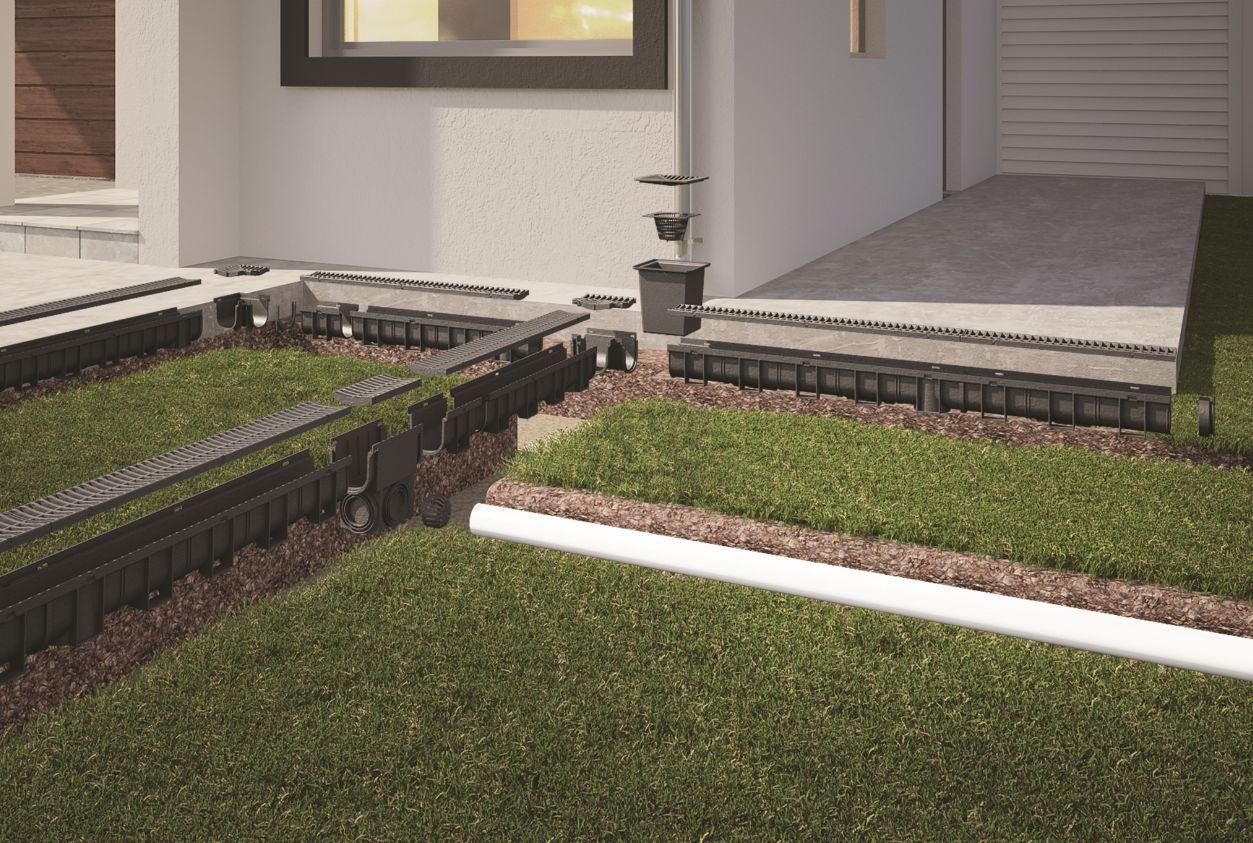

References - 1 Australian Government “Flood” Geoscience Australia Accessed 21 June 2021 https://wwwgagovau/scientific-topics/community-safety/flood 2 Blom K “Drainage systems, an occluded source of sanitation-related outbreaks” Archives of Public Health 26 Feb 2015 Accessed 21 June 2021 https://wwwncbinlmnihgov/pmc/articles/PMC4342212/ 3 Climate Council “Super-charged Storms In Australia: The Influence Of Climate Change” Accessed21June2021 https://wwwclimatecouncilorgau/resources/stormsreport/ Formoreinformationabout EverhardIndustiesEasyDRAINEdge andResidentialandCommerical drainagesolutionsvisit www.everhard.com.au orcontact131926 4 68


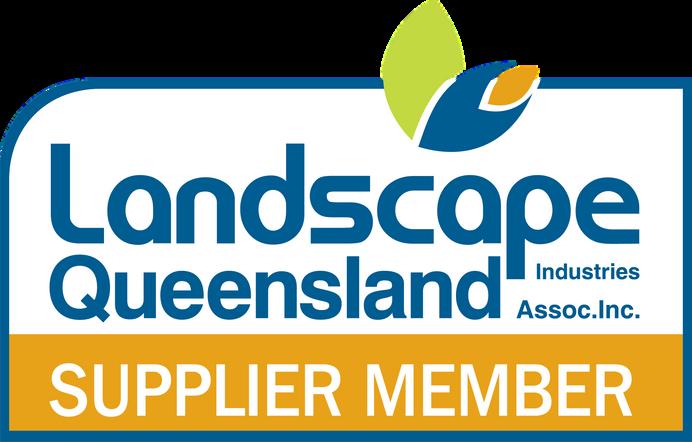
THEVALUEOFQUALITY TREESELECTIONFOR LANDSCAPEPROJECTS
It's important to have knowledge and an understanding of the AS2303:2018 Tree Stock for Landscape Use, but it's also important to consider all the benefits of selecting quality tree stock.



PROPERTY VALUE
Tree choice for street planting can affect property values, both positively and negatively.
A mature broad-leafed tree (ie Eucalyptus) planted on a street verge, increased the median house price by 4.22%, or $16,889 (calculated on median house price in Perth of $400K in 2013).*
*SOURCE: The Effect of Street Trees on Property Value in Perth. R.Pandit et al, 2013.
If we apply this logic to today’s median prices in Brisbane with a median house value of $757,000, that's an added property value of $31,945!
However careful consideration of tree species is crucial, and the wrong choice can have a negative affect as indicted in a 2014 study* where properties decreased in value by 1.74% ($6,976) based on $400K median house price, due to poor street tree selection that potentially:
blocked views
damaged paths & roads
dropped leaves & debris
*SOURCE: Valuing Public and Private Urban Tree Canopy Cover. R.Pandit et al, 2014.
The choice of tree planted on the verge of a property in a tree lined street, without blocking views or damaging the infrastructure, will increase the value of the property.
HEALTH & WELLBEING
Health, wellbeing and open green spaces have never been so important in our current environment affected by global health pandemics, lockdowns, lifestyle choices and workplace changes.
A 25.4% increase in property values across Greater Brisbane gives a strong indication to the emphasis homebuyers place on lifestyle choices.*
*SOURCE: CoreLogic Property Data Report
Trees can positively affect the livability of an area by improving:
Air quality
Carbon sequestration
Shade for heat control
Wind reduction
Human productivity
Lifestyle
Positive health benefits
ADULTS
Heavier birth rates
Better sleep values
Increased exercise
Pollination
Enhanced biodiversity
Urban vegetation & storm water discharge
efficient home energy consumption
CHILDREN
Lower rates of obesity
Lower rates of depression
Lower rates of healthy gut
microbiota
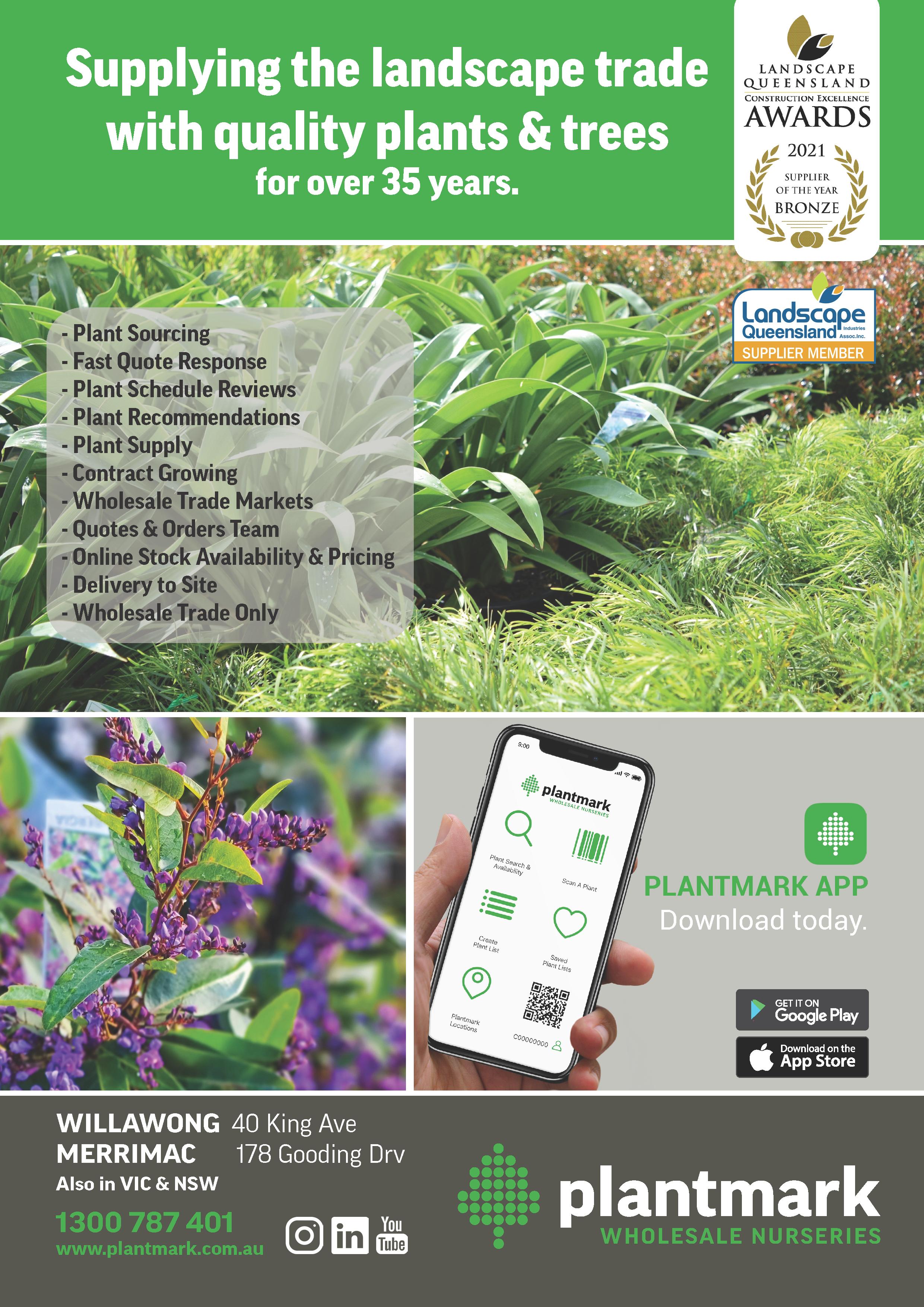

LANDSCAPE QUEENSLAND SO YOU THINK YOU KNOW... OUTDOOR TILING, PAVING & STONE INSTALLATION WITH MAPEI
LQ Supplier Member & Member-Benefits Partner Mapei Australia recently hosted a training event for LQ Members So You Think You Know… Outdoor Tiling, Paving & Stone Installation at their Queensland headquarters in Wacol.

The afternoon was jam-packed with information covering a wide range of topics. The Mapei team shared their vast experience offering solutions to reducing efflorescence in outdoor tiling, techniques in waterproofing, choosing the correct grouts and adhesives, systems for installing cobblestones and large pavers, and products and techniques in sporting and urban areas.
Members can find information from the presentation here

As a member-benefit partner, Mapei Australia offers Landscape Queensland members a help desk for any problems concerning waterproofing, outdoor tiling, paving or any of the other applications included in their product range. For quick advice and helpful tips and tricks, visit the Mapei Academy where you can view scheduled and prerecorded webinars filled with plenty of helpful information.
For more details on Mapei Australia click here.

72


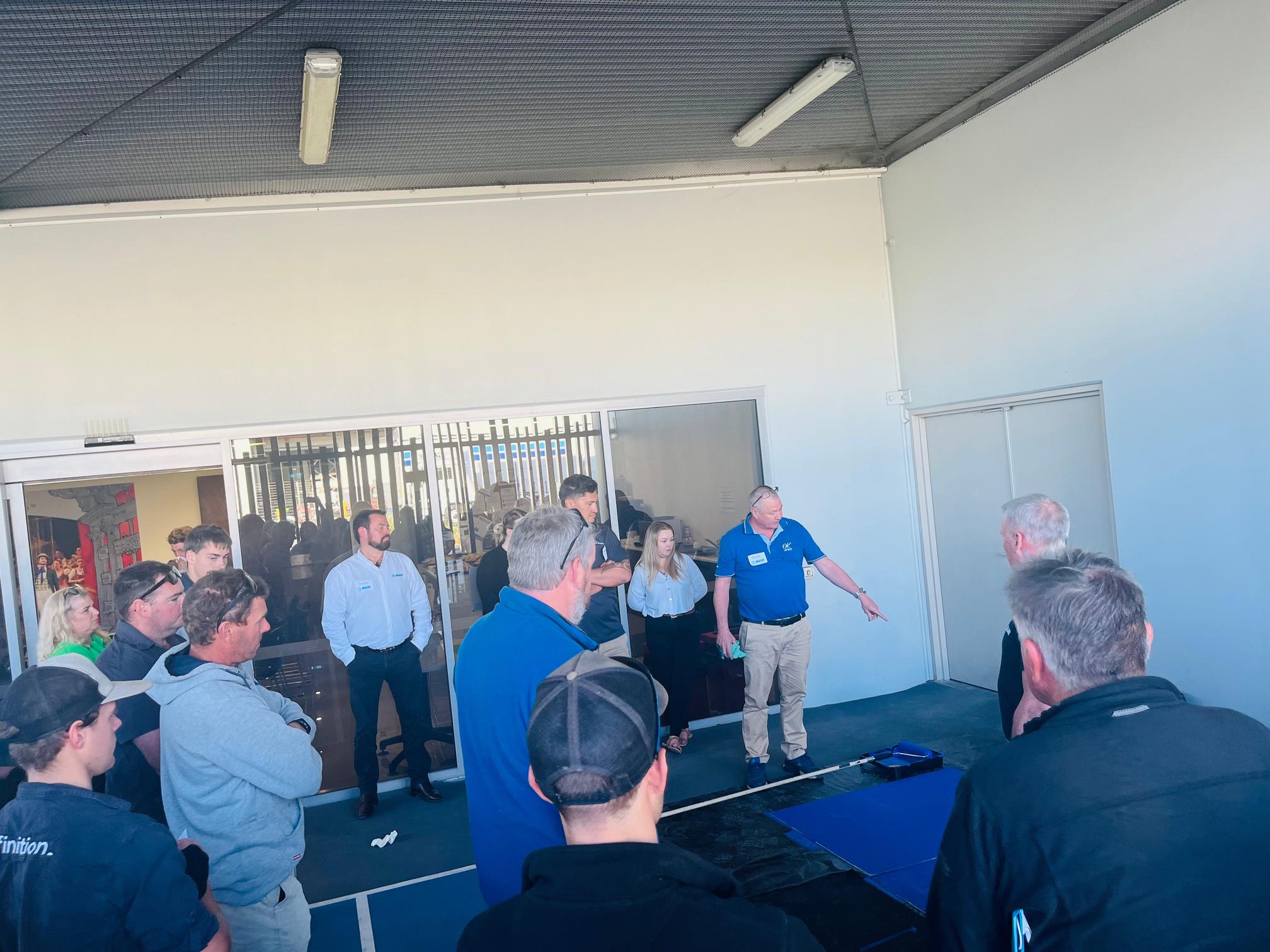
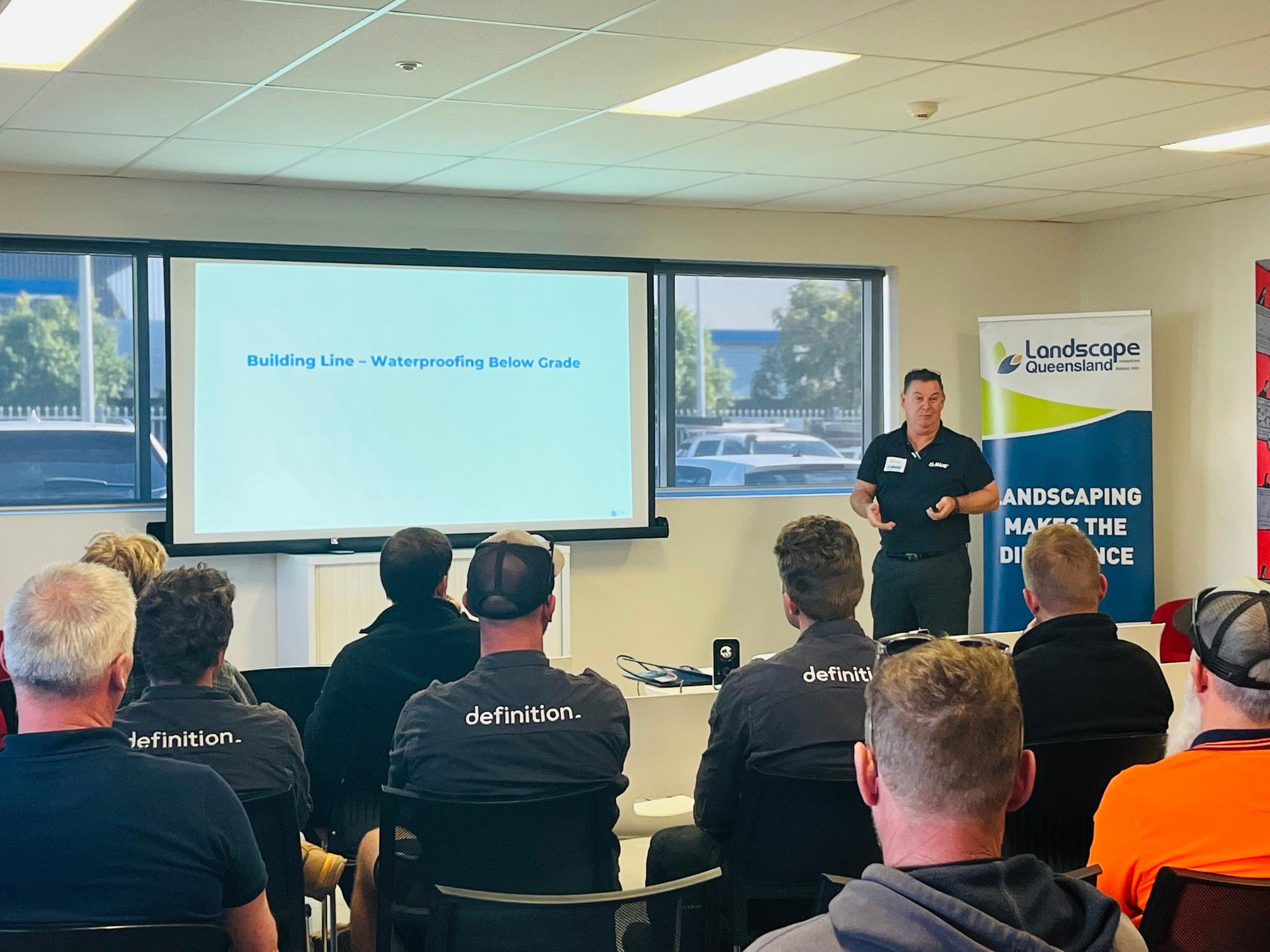
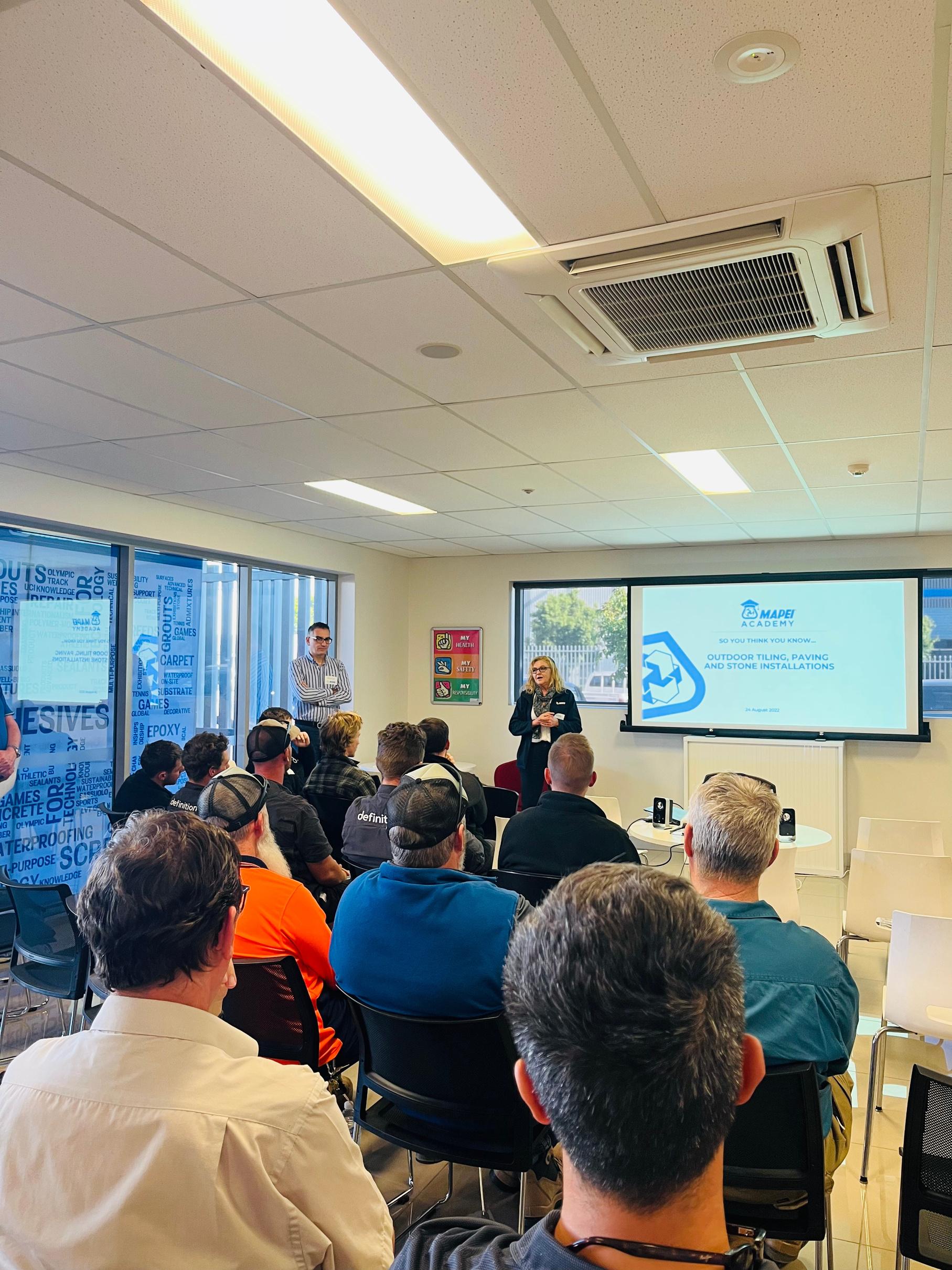
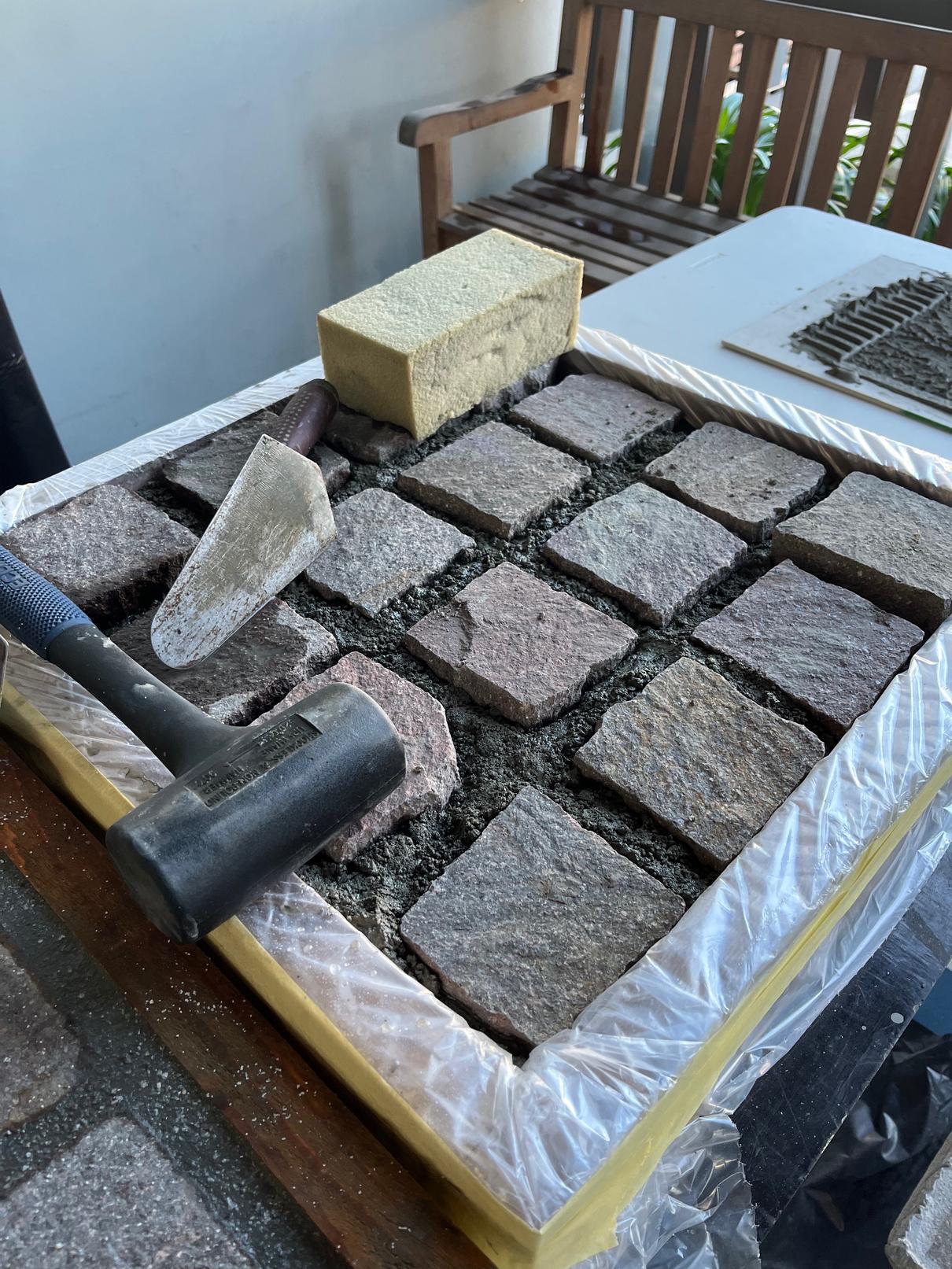
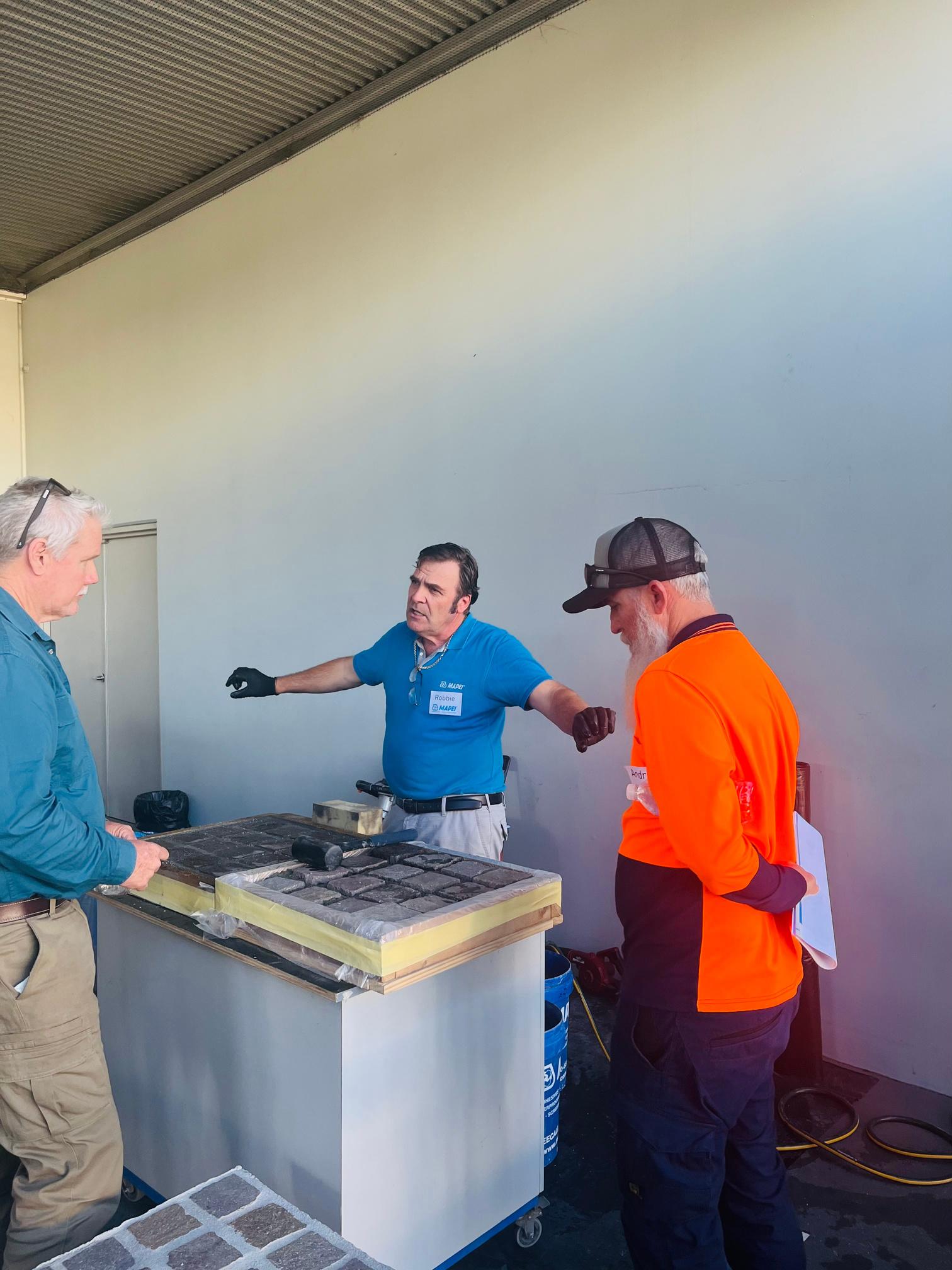
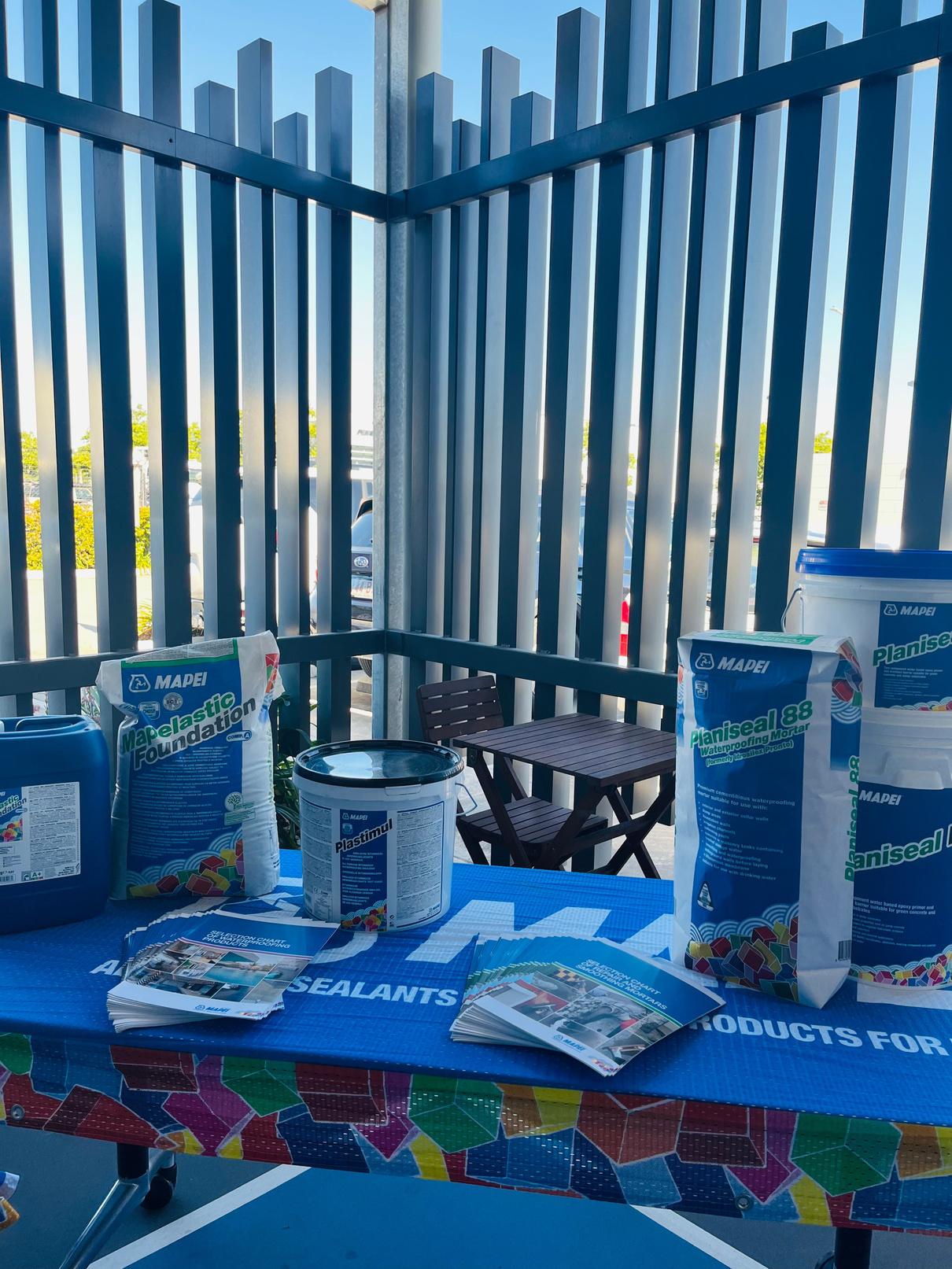
73
Causes and Cures Causes and Cures of Efflorescence of Efflorescence

Efflorescence is a fine, white, powdery deposit of water-soluble mineral salts that forms on the surface of typical Portland-cement-based materials. When this occurs at the surface of grout, the deposits can cause discoloration. This is due to the exposure to air and evaporation, which convert the mineral salts into a crusty, crystalline material. Because efflorescence is composed of crystals, it can often be identified when light reflects on the tiny particles and causes them to sparkle. Such deposits tend to drastically reduce the aesthetic appeal of finished tile and stone installations, but they do not have a detrimental effect on the grout.
The mineral salts of efflorescence migrate through the pores and capillaries of any Portlandcement concrete matrix when three elements are present. First, there must be water-soluble salts present in the tile-setting system or substrate. Second, there must be sufficient moisture present to render the mineral salts into a soluble solution. Third, there must be a path for the soluble minerals to migrate through to the surface where the moisture can evaporate.
74
Potential causes of efflorescence

• Contaminated water (such as with high mineral, sodium chloride or chlorine content) was used during installation and cleanup. Water softeners may add such minerals by design.
• Grout was mixed at speeds too high, leading to extra porosity.
• Water entered the concrete slab substrate, either from above or below.
• A concrete slab was not fully cured when the tile and grout were installed.
• Too much water was used to mix the tile mortar and/or grout.
• Excessive water was used during cleanup.
• Water was used to re-temper and extend the mixed grout’s pot life.
• Cleanup involved an improperly wrung-out sponge or excessive wiping with a sponge.
• Water was left standing in empty grout joints before grouting.
• Tiles were grouted too soon after installation.
• Ambient and/or substrate temperature was too cold while the grout was curing.
• The tile installation was prematurely exposed to heavy amounts of water.
• The installation experienced water intrusion from above or below.
Prevention of efflorescence
• Prevent water from entering the finished installation. Properly installed vapor retarders, slab topical moisture-mitigation products and waterproofing membranes can help under the slab to reduce tiling system moisture that contributes to efflorescence.
• Before grouting, allow a minimum time for proper curing – 28 days for concrete slabs and 24 hours for tile-setting materials. Substrates that are young and “green” can still have a high level of moisture vapor emissions. Capping these substrates with tile and grout forces the vapor emissions laden with mineral salts to be concentrated to the comparatively narrow grout lines.
• Keep all water away from the finished installation for as long as is recommended by the grout manufacturer. Allow extra time for curing when the installation is exposed to low temperatures (below 60°F/16°C) and/or high humidity (greater than or equal to 70% relative humidity).
In addition to work practices, selecting installation materials that will not contribute to efflorescence is also an important strategy for prevention.
ddesign esign
Good work practices
Good work practices
Because it is easiest to prevent efflorescence before it occurs, the industry offers several best practices for doing so.
• If a job site's water has high mineral, chloride or chlorine content or is otherwise contaminated, use off-site or bottled water to mix and wash setting and grouting materials. Use only potable water.
• Minimize the porosity of grout. Grout should be dense and compact. Do not mix or clean with too much water or mix the grout at high speed.
When designing a tile installation, keep moisture away as much as possible. Some jobs are intended and designed to get wet, be saturated or be submerged. For those jobs, see the “Waterproofing” section below, using alternate materials.
Without moisture, efflorescence will not occur. Efflorescence will tend to develop where wet areas are not pitched, flashed or waterproofed properly. This is especially true with exterior areas. The least amount of moisture exposure possible, especially during the installation process, is recommended.
75
Waterproofing membranes such as Mapelastic® AquaDefense are typically used to keep topical moisture from penetrating to the substrate, but will also help to keep moisture from reaching grout joints that could otherwise contain perfect conditions for efflorescence formation.
Vapor emitting from a concrete slab can also contain soluble salts.
Moisture barriers such as Planiseal ® VS and Planiseal VS Fast are proven ways to reduce moisture vapor emissions from a concrete slab.

ssealers ealers
Grout sealers are not a cure-all for efflorescence; however, a properly applied and maintained sealer such as UltraCare™ Penetrating Stone, Tile & Grout Sealer will deflect some of the water from entering the tile-setting material and substrate.
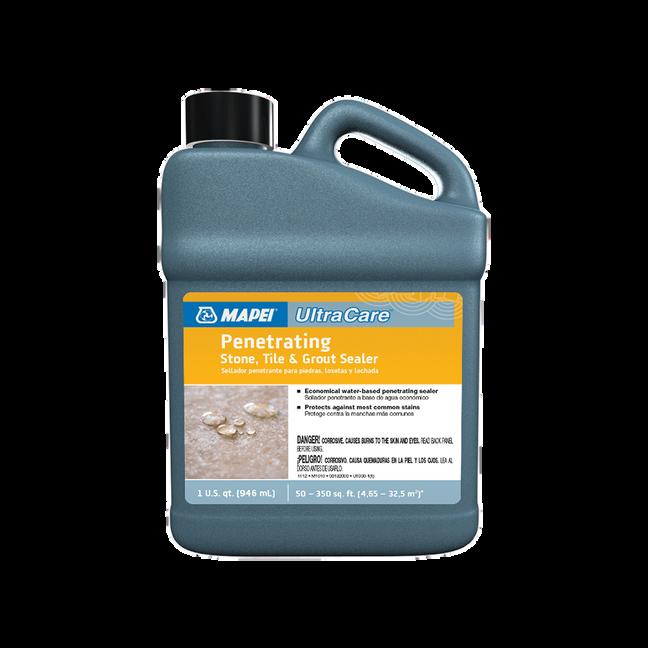
mmortars ortars
The best advice for overcoming efflorescence is to use setting materials that do not contribute to efflorescence. Because the soluble salts creating efflorescence are always associated with Portland cement, eliminating Portland cement will eliminate efflorescence. Normal tile-setting mortars contain Portland cement. However, mortars that are rapidsetting (that is, within three hours) do not contain Portland cement and will not contribute to efflorescence. Such mortars are still cement-based, but the cement itself is a calcium aluminate rather than the efflorescence-contributing Portland cement. Ultraflex™ LFT ™ Rapid, Ultraflex RS and Granirapid ® are examples of rapid-setting mortars.

ggrouts routs
Modern research and technology have created alternatives to Portland-cement grout. In addition to Portland-cement grout, MAPEI offers a fast-setting cement (calcium aluminate) grout named Ultracolor ® Plus FA. MAPEI’s single-component, ready-to-use acrylic grout is MAPEI Flexcolor ™ CQ. Kerapoxy® CQ and Kerapoxy IEG CQ are 100%-solids, reaction-resin (epoxy) grouts. All of these grouts cannot and will not contribute to efflorescence. Correction and cleaning efflorescence Correction. Once efflorescence has occurred, all is not lost. Before trying to correct unsightly patches of mineral salts, reconsider the three elements necessary for efflorescence to occur in the first place.
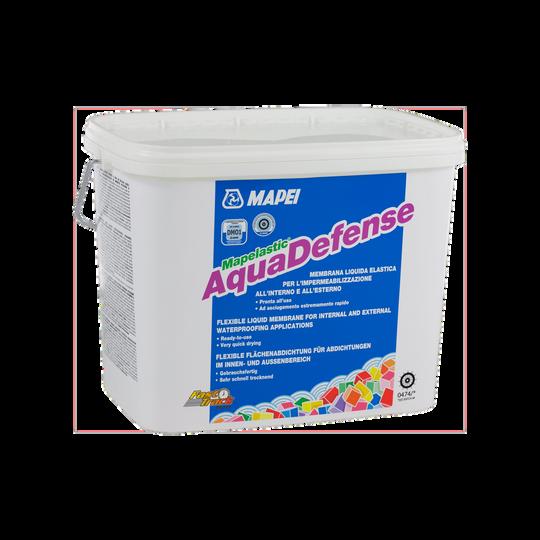
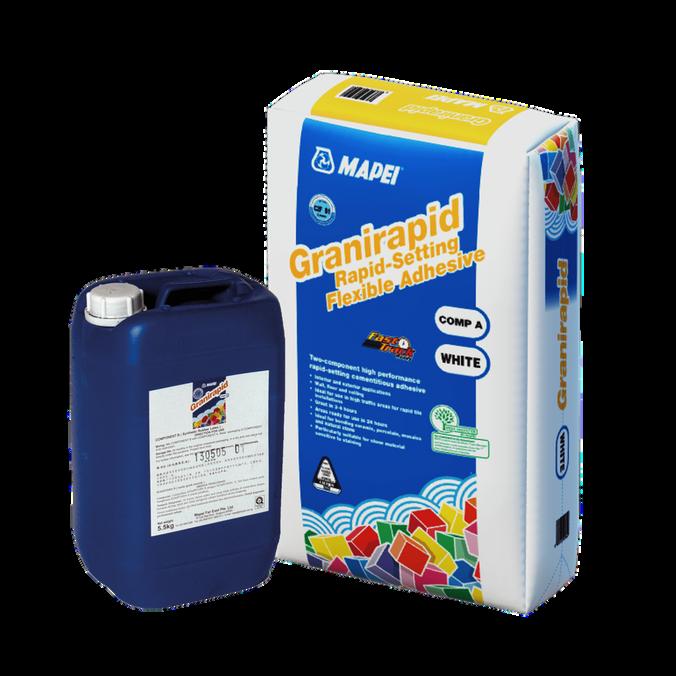
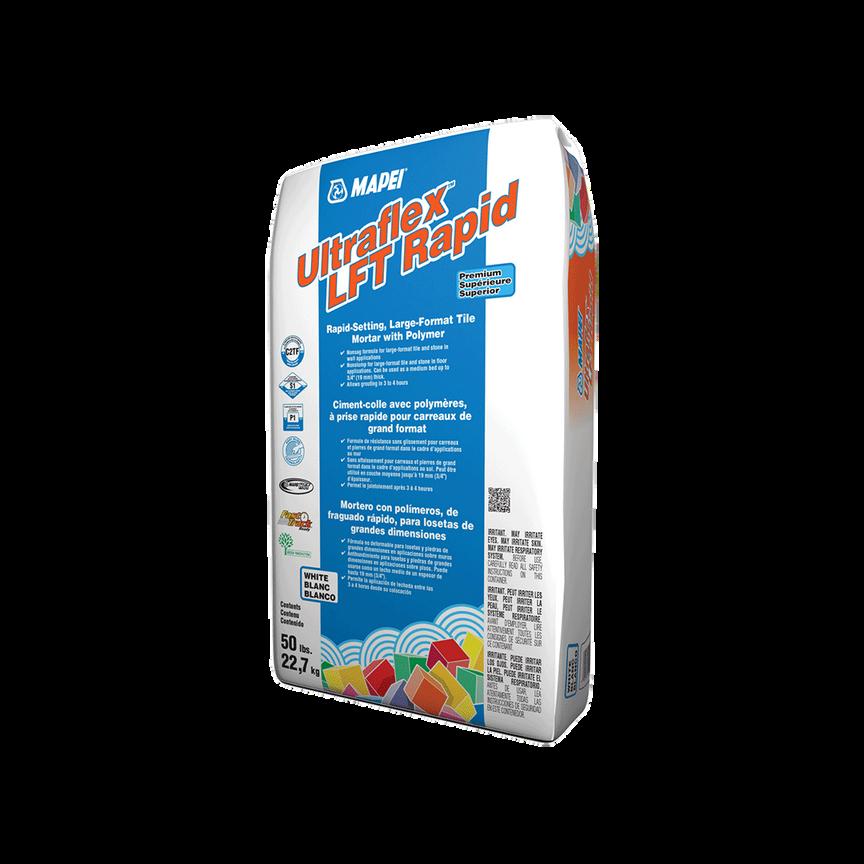

Unfortunately, after efflorescence occurs, it is already known that mineral salts have been contributed by a Portland-cement concrete, mortar or grouts and a pathway exists to the surface, because all concrete products have pores and capillaries to a certain degree. That leaves the final element of water.
Examine and eliminate (when possible) the entrance of unwanted water into the tile system. For exterior installations, ensure that flashing and coping are in place, properly installed and not damaged. Drainage systems, downspouts and grading should be properly installed, not clogged and directing water away from the building.
vvaporproofing aporproofing
76
ccleaning leaning
Keep in mind that efflorescence can generally be cleaned off of the grout. Cleaning should always start with the easiest, least destructive approach before more aggressive techniques are attempted. Sometimes scrubbing with a stiff bristle brush, either dry or with clean water, is all that is needed to remove efflorescence.
Stubborn deposits may require the use of an acid-based, heavy-duty tile and grout cleaner such as UltraCare Sulfamic Acid Crystals or UltraCare Acidic Tile & Grout Cleaner. When using any acid-based product, be mindful to follow all instructions, protect adjacent surfaces, soak the area with water before application and rinse thoroughly after use. Always test in an inconspicuous area to confirm desired results before proceeding. In severe cases, several applications may be necessary. Acids should never be used for everyday cleaning because they work by eroding a small top layer of the grout and can damage sensitive tiles and stones.



Once efflorescence has been removed and the grout is clean, the application of a penetrating sealer from MAPEI’s UltraCare line can help to keep some moisture away. If the cleaning resulted in a slight amount of shading, periodic cleaning with a neutral cleaner such as UltraCare Concentrated Tile & Grout Cleaner will reduce this condition over time. Otherwise, consider using UltraCare Grout Refresh™ to recolor the grout.
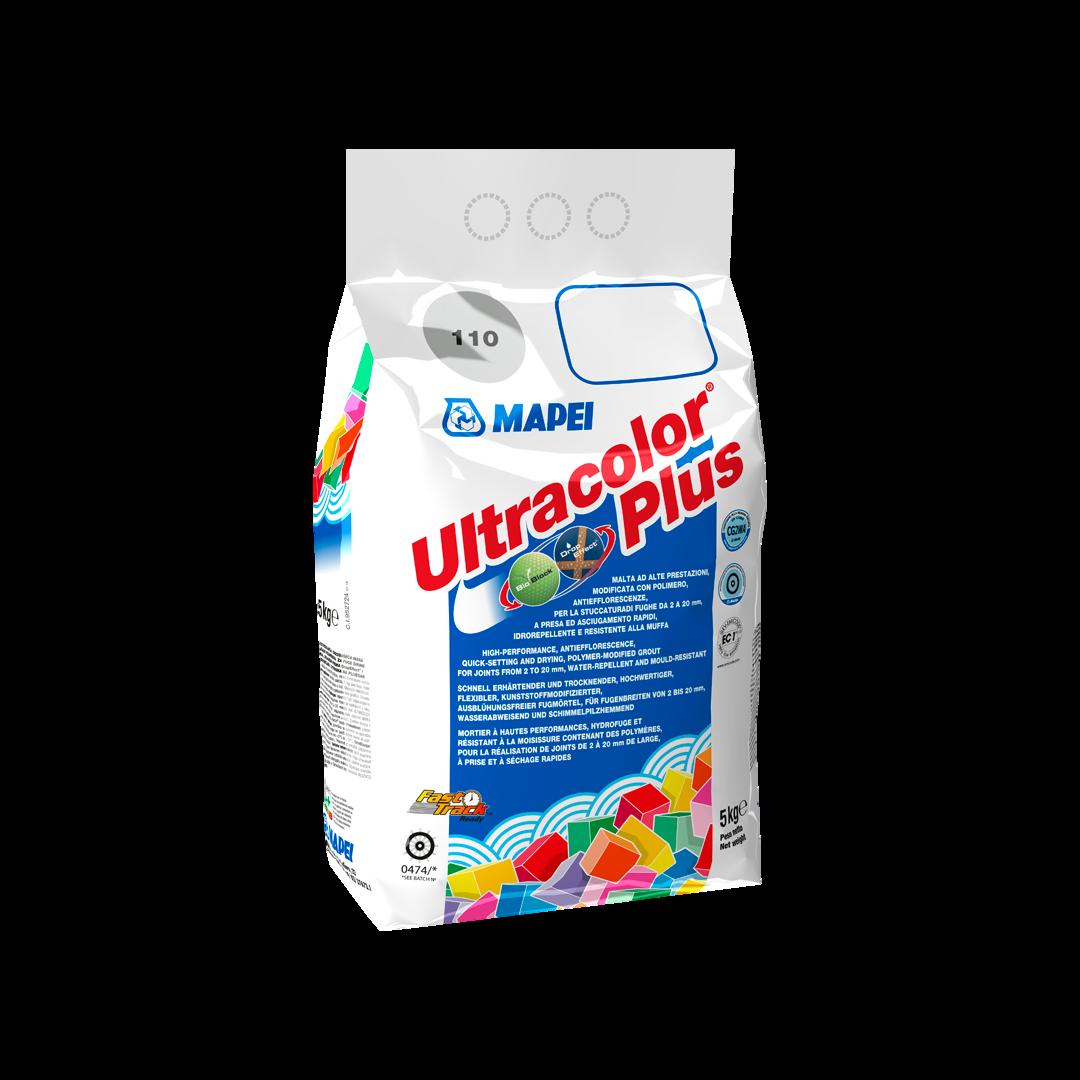
When care is taken with design, material selection and suitable corrective actions, any efflorescence does not need to permanently ruin an otherwise acceptable tile installation.
Jobsite conditions vary and may present installation issues not covered in this technical bulletin.
For more details on Mapei Australia click here.

As a member-benefit partner, Mapei Australia offers Landscape Queensland members a help desk for any problems concerning waterproofing, outdoor tiling, paving or any of the other techniques included in their product range.
For quick advice and helpful tips and tricks, visit the Mapei Academy where you can view scheduled and pre-recorded webinars filled with plenty of helpful information.
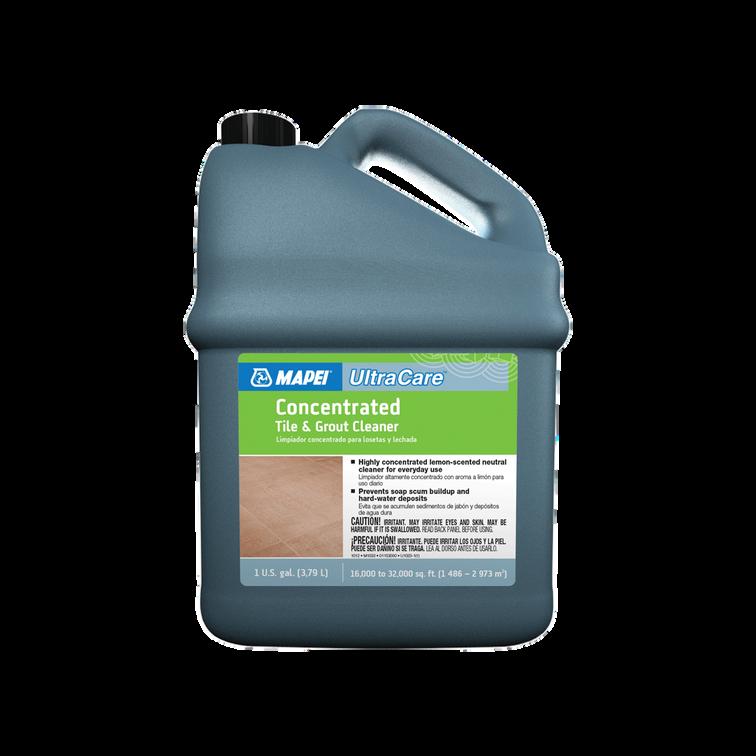
MAPEI Headquarters Brisbane Australia 180 Viking Drive, Wacol QLD 4076 (07) 3276 5000 sales@mapei.com.au mapei.com.au 77
SO YOU THINK YOU KNOW... TREES & ROOTS WITH ARBOR OPERATIONS
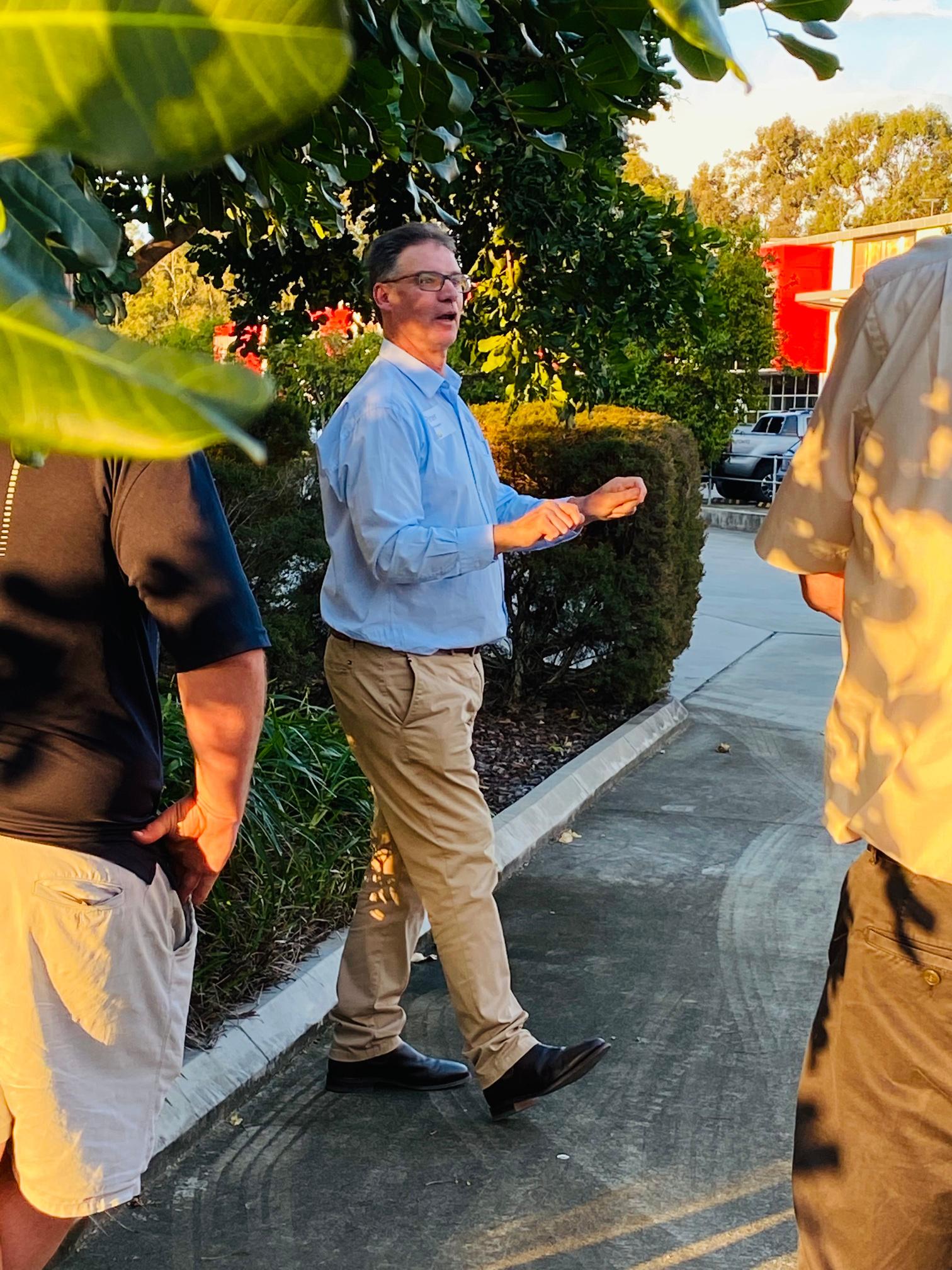
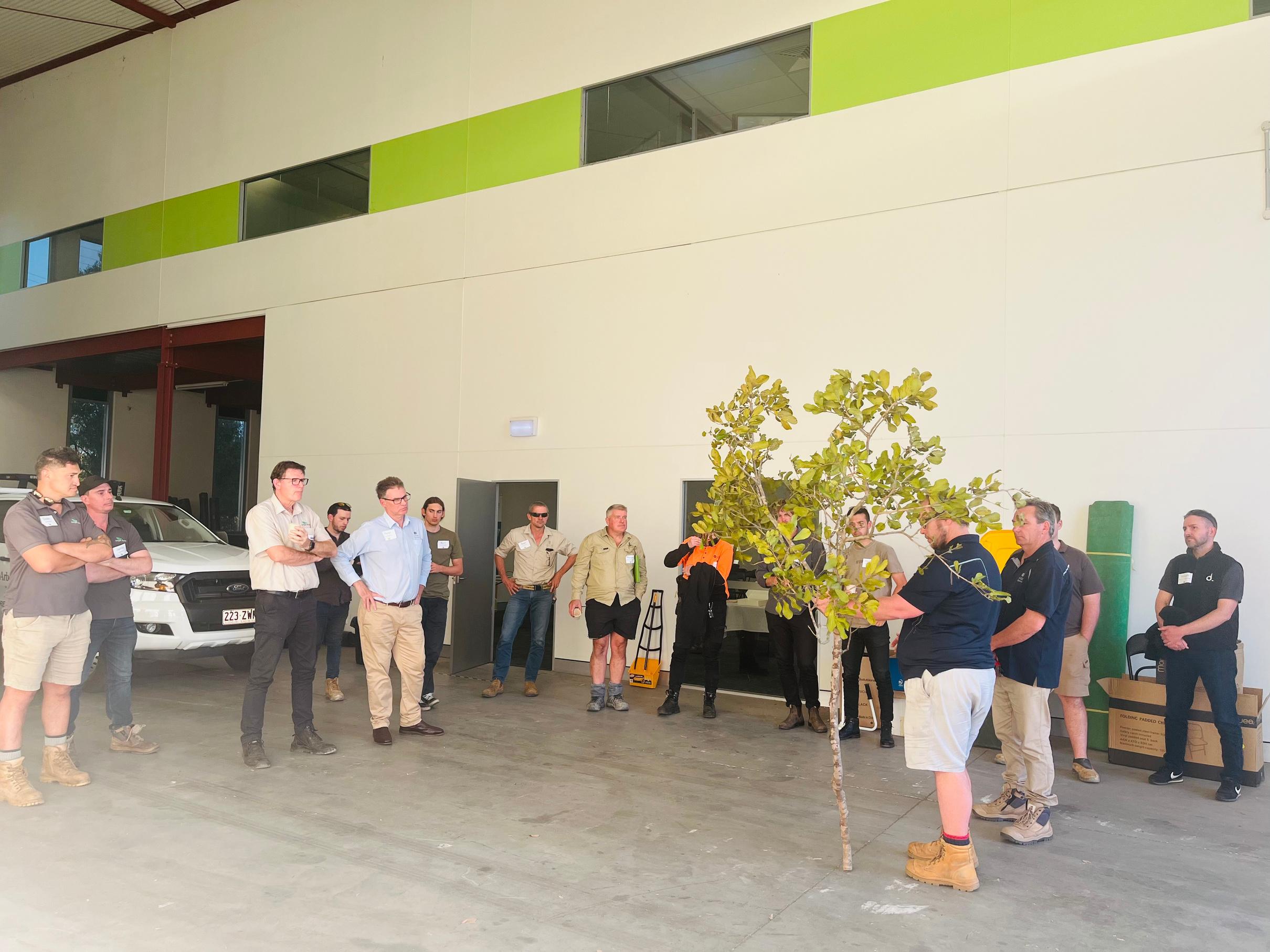
LQ supplier member Arbor Operations recently hosted the LQ So You Think You Know… Trees & Roots event. LQ members attending were fortunate to benefit from many years of experience in this field from Arbor Operations & LQ Board Member Peter Mumford, as well as observe demonstrations from the Arbor Operations and Root Barrier teams.
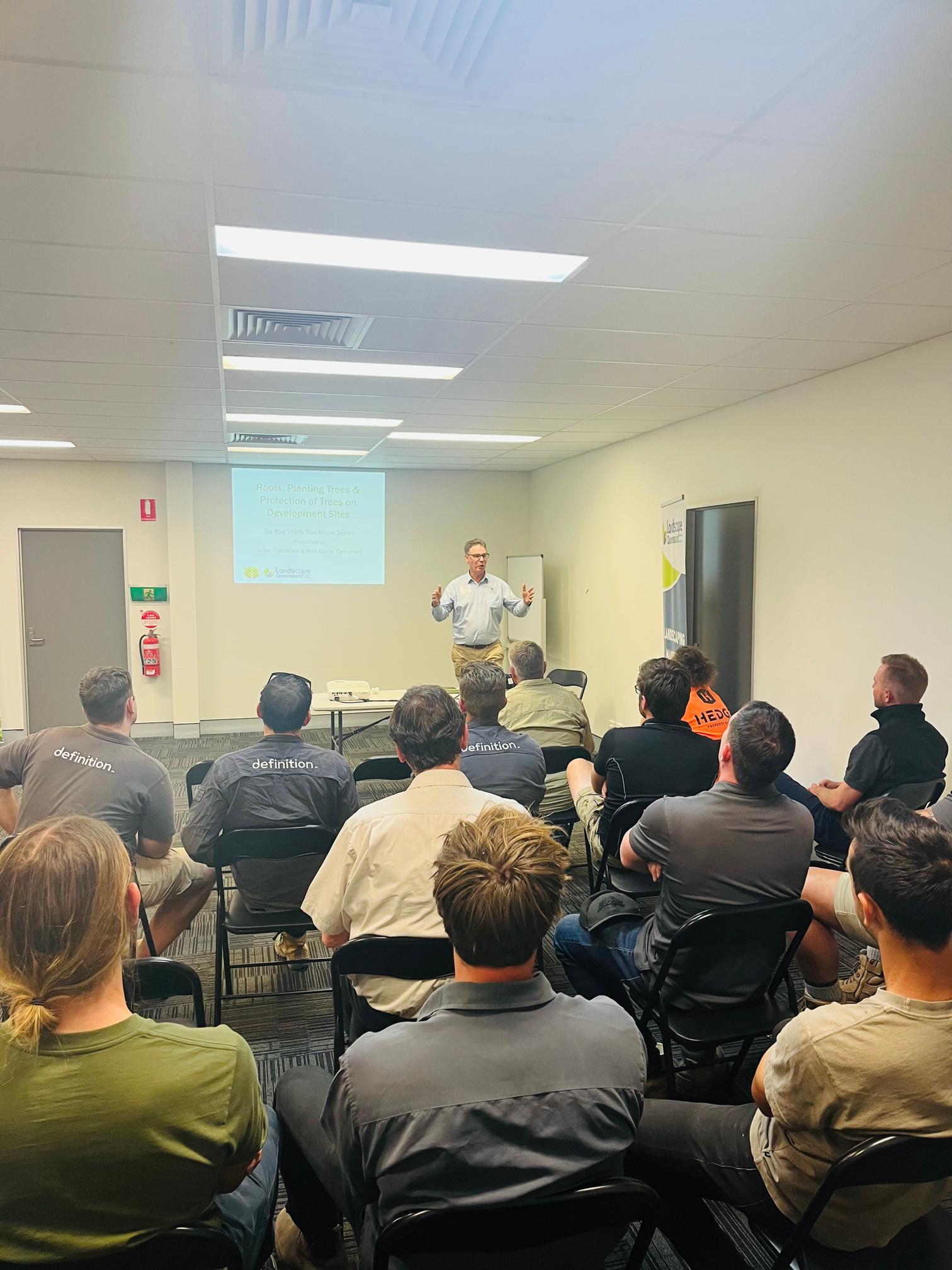
This extremely informative event covered everything from soil and understanding appropriate root depths, planting best practice, mulching, root problems and treatments, protection of trees, through to tree trimming and installing Root Barrier. The afternoon included tree trimming demonstrations and concluded with a neighbourhood walk observing arboriculture tips and advice in the wild!
LQ will be working with the Arbor Operations and Root Barrier team for future events, keep an eye out in the new year!


Members unable to attend the event can access the fantastic information provided to attendees in the LQ member resources section of the LQ website




LANDSCAPE QUEENSLAND
78
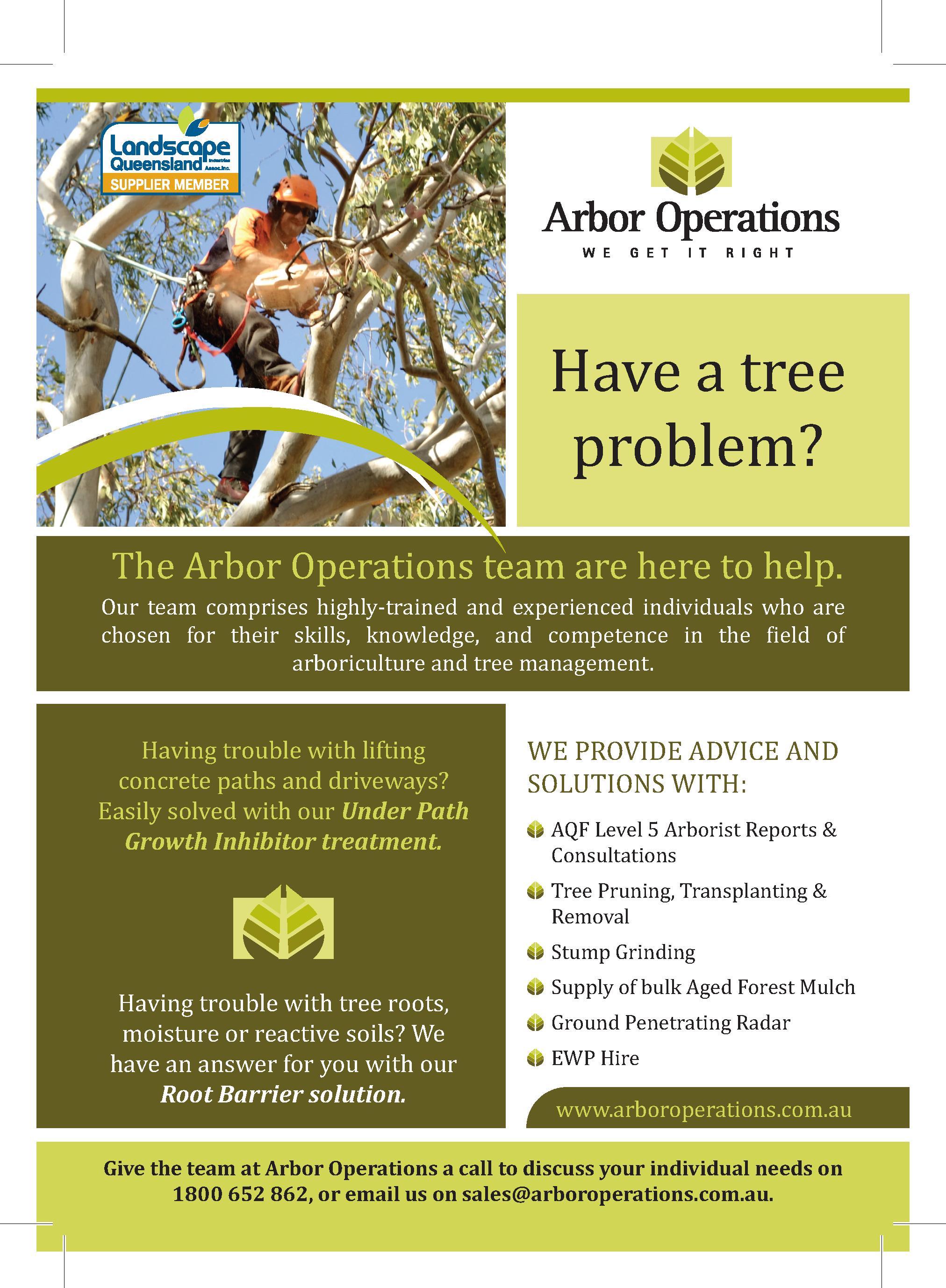
TREEPLANTINGSTEPBYSTEP
Landscapers know the benefits of planting trees including creating shade, street or curb appeal, environmental, attracting birds, preventing erosion and slowing evaporation as well as providing mental health benefits. Whether a planted tree grows and thrives depends on the quality of the tree stock and the quality of the planting techniques employed. LQ member Arbor Operations provides a comprehensive Step by Step Guide to Tree planting. Giving your new tree a healthy start will help ensure your tree reaches its full size. Here’s how to plant your tree, step by step:
PREPARE THE TREE
Before you plant the tree, fill a large bucket (wider than the width of your new tree) with water and liquid seaweed fertiliser Cytokinins in the liquid seaweed fertiliser will help the tree to avoid transplant shock and speed root growth
Submerge your tree’s root ball until it’s fully saturated
Gently tap the sides of the container your tree is inside and carefully remove the tree
Shave off matted roots on the sides and bottom of the root ball with a spade or knife to prevent root girdling Remove any damaged roots and branches
DIG A HOLE
1.
2.
First, prepare a planting hole two to three times as wide as the root ball of your tree. This hole should be deep enough to cover the roots.
To allow good root penetration, rough up the sides and bottom of the hole.
DECANT
Handle the root ball carefully to keep the roots intact as you place it in the hole Root disturbance will shock the plant
Ensure the root ball remains moist as it lowers into the ground, as a dry root ball may reject water from the surrounding soil
Once the tree is planted, turn it so the best side of the tree is facing the direction you want
CONDITION THE SOIL
Turn over and loosen the soil
Add compost to the existing soil to help with new and fresh root growth

IMPROVE THE DRAINAGE
Without proper drainage, a tree will slowly die from lack of oxygen and nutrients. Waterlogged soils prevent aeration of plant roots and create vulnerability to diseases like root rot.
Before planting a tree, evaluate the planting site by performing a percolation test. Percolation describes how quickly water drains through soil. To test percolation, dig two to three holes within the root area of a mature tree and measure the rate of drainage. These holes should measure 45cm to 90cm deep and 15cm to 30cm wide. Fill the holes with water and allow the water to completely drain out before refilling the water to the top. Measure the water level every hour. As a rule of thumb, percolation at the rate of 2.5 to 5cm indicates good drainage.
1 2 3 4
1 2 3
1
2
1. 2.
3.
4.
80
With Arbor Operations
FERTILISE THE SOIL
Use a good fertiliser to help feed the plant, such as a slow-release fertiliser with microbial coating or blood and bone
If your soil is clay-based, add some gypsum (calcium sulfate) and well-rotted compost to improve soil structure and drainage
If your soil is sandy, add a layer of compost to help hold moisture around the roots

PLANT
Place the tree carefully in the middle of the hole Check that the root ball surface is slightly higher than the surrounding ground surface Before backfilling the soil, have someone examine the tree from different angles to confirm it stands straight
If the root ball is too low, remove it and backfill the hole it reaches the best planting height
Fill the hole gently, but firmly, with soil dug from the hole to cover the roots, mixed with a wetting agent, fertiliser, water crystals and organic matter
Pack soil around the base of the root ball to provide stability
Fill the rest of the hole, watering periodically and firmly packing the soil to eliminate air pockets that may dry out the tree’s roots. Ensure the soil around the plant is firm and leave a slight well at the top so that when it rains, the water catches and soaks indirectly above the roots.
WATER THE SOIL
Water the soil in well, making sure the root ball is well-saturated with a mix of water and liquid seaweed fertiliser
This provides extra moisture and nutrients to help stabilise stressed and newly planted trees as they establish themselves within the soil
MULCH
Spread an 8cm deep layer of organic mulch around the base of your newly planted tree, keeping it far from the trunk of the tree to prevent rot This will help the soil retain moisture, reduce grass and weed competition, and minimise water loss We recommend using a premium mulch that slowly breaks down, such as arborist chips
Water the tree again to keep the soil moist
CONTINUE WATERING
Water the tree every day for several weeks after planting By this time, the roots will have started spreading into the surrounding soil
From there, you can gradually reduce how often you water the tree
If you need professional help to choose a tree or care for your newly planted tree, the experts at Arbor Operations will be happy to help. Contact the team at Arbor Operations today on 1800 652 862 to book a consultation in Brisbane.
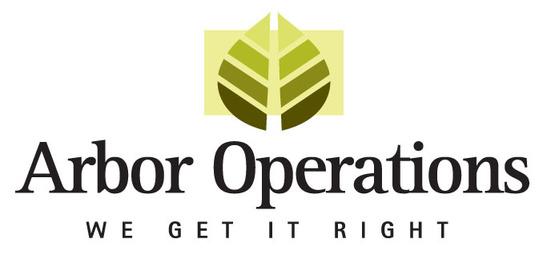
1 2 3
1 2
1 2
1 2
1 2 3 4
5. 6.
81
Benefits of online
WHS training for gardening and landscaping businesses
How do we streamline work health and safety (WHS) compliance when the law is so complex? A start is to look at the 4 broad elements that make up WHS compliance:

A safe workplace
A safe system of work
Instruction and training
Supervision and monitoring
Not only do we need to manage these aspects but keeping records of how this has been done is also vital if one of your workers sustains a serious incident.
There may come a time when you need to prove that your workplace is safe, you have a documented safe system of work, your worker understands the safe system of work and that you provide adequate supervision to ensure it is followed.
Now we have the basis for meeting our obligations, how can we manage compliance and generate the records required without adding to your workload?
Online training is one way that you can set your workers, and your business, up for success. Landscapers are far from desk-bound and arranging face-to-face training for your team is a challenge of its own. On-the-job training is prevalent and effective in the landscaping industry, but do you keep a record of this training? If not, how do you verify for an inspector that you have trained the worker?
82
A flexible solution is online training that enables you to deliver the training at a time that suits the worker. Being easily adaptable, online training can be rolled out at a time that suits you, be it a rain day, between projects, or while a worker is unable to work due to injury.
Our top five benefits of online WHS training for gardening and landscaping businesses:
Time saved and ease of delivery
Online training saves you time and is tailored to your specific WHS training needs. Ease of delivery and online access ensures everyone receives the same training.
Integrate into your onboarding process
Induct your workers before they hit the ground running and collect licenses and certificates via the online platform at the same time.
Tailored and consistent training
Customised training content ensures it is consistent and industry-specific for every worker.
Reportable online records
Online training enables you to communicate WHS requirements, train workers and maintain records even when you aren’t in an office
Legal documentation
Once completed online, the training record becomes a legal document with the worker’s digital signature, giving you peace of mind that WHS due diligence requirements are met.
As a partner of Landscape Queensland, Masula Compliance can help you to navigate your WHS obligations. An online training platform can be tailored specifically for your landscaping business. It is cost-effective and time-saving, with some standout benefits for managers that are not desk-bound!
You can learn more about how Landscape Queensland’s WHSEQ and HR partner Masula Compliance helps members with compliance by clicking here. Don’t hesitate to contact them if you wish to discuss online WHS training options for your team

Tel: 07 3348 3666
Email: info@masulacompliance.com.au
83
Commit to action for a mentally healthy workplace: Five tips for small business
For a small business there are five key areas that will help to cultivate a mentally healthy workplace.
Identify and control psychosocial risks
The psychosocial hazards and factors that may be impacting those in the workplace can be identified and addressed at team meetings, workplace walk throughs and individual conversations. The psychosocial risk assessment template may assist in documenting identified hazards and control measures. As a business owner, take the time to educate yourself further on identifying worker concerns. There are a number of easy ways to enhance your knowledge:
Headsup Psychosocial risk assessment tool For small businesses
Promote and model self-care and balance
Business owners should promote and model psychological self-care. Workplaces where leaders model positive behaviours help others to look after themselves. This can be as simple as ensuring that everyone takes the time to have a lunch break and connect with others in the workplace, and encouraging workers to have good work-life balance. Take the self-care assessment to help you reflect and identify areas where you can improve your self-care.
Recognise the signs
If someone in the workplace needs support there are common signs that provide indications to prompt early intervention. Refer to the Intervene early information.
Support workers when they need it
If there is someone you suspect is not coping well, have a conversation with them to see how the workplace can better support them. The earlier intervention occurs the better the outcome for the individual. The conversation guide and example workplace modifications in the Prevent section of the toolkit provides some guidance to help support workers. Workplaces can consider engaging the services of a local psychologist for workers if they need it (find a psychologist service) or let workers know about the better access to mental health care which provides subsidised psychological services to Australians. Mates in Construction also provide suicide awareness training across numerous industries.
Stay in touch with anyone who is injured
If any workers need to take time off due to a psychological injury or work-related stress, make sure to check in with them regularly. Make a point to help them feel like they are still part of the team by providing regular updates. Also, consider what will be done to avoid an injury reoccurring in the workplace. You can also access more information on managing work-related violence, bullying and fatigue using the linked material. NewAccess is a program developed by beyondblue that provides free and confidential support to help tackle day-to-day pressures.
Ahead for business Creating a mentally healthy workplace in small business Psychological health for small business Safety fundamentals toolkit for small business
Additional resources
If it is suspected that someone in the workplace may be suicidal refer to the Heads Up Suicide Prevention Resource for practical tips, videos, and steps on what to do.
beyondblue
Provides information and resources about depression and anxiety.
Black Dog Institute
The Black Dog Institute is dedicated to understanding, preventing and treating mental illness.
Employee Assistance Professional Association of Australia (EAPAA)
EAPAA are the Peak Australasian Body representing provider and user members that supply Employee Assistance Programs in the workplace.
Head to Health
Head to Health (H2H) helps you find the information, resources and services that most suit your needs.
Heads Up
Heads Up is all about supporting Australian businesses to create mentally healthy workplaces. There is a range of resources and guidance for all workers to help create a tailored action plan.
Healthy Worker Initiative
service for any worker who requires assistance with the workers’ compensation scheme after experiencing a workrelated injury.
Queensland Mental Health Commission (QMHC)
QMHC encourage and facilitate change to improve the mental health and wellbeing of all Queenslanders.
Remote and Rural Mental Health
Remote and Rural Mental Health deliver mental health programs and resources to people living and working in rural and remote Australia.
Richmond Fellowship Queensland (RFQ)
For small business For small businesses is a resource developed especially for business owners and managers. It provides information and resources to help individuals manage their own mental health and create mentally healthy workplaces.
RFQ provides a personalised response to the needs of people living with mental illness. They provide a series of events, forums and resources on their website.
Safework NSW Mental health at work
A website with support and resources for managers and workers about workplace mental health.
Sane Australia
SANE Australia is a national charity helping all Australians affected by mental illness.
The Healthy Worker Initiative provides tools and resources to enhance the health and wellbeing of your workforce.
Beyond Blue
Lifeline
Lifeline is a national charity providing all Australians experiencing a personal crisis with access to 24 hour crisis support and suicide prevention services.
MensLine Australia
MensLine Australia is a telephone and online counselling service for men with family and relationship concerns.
Mates in Construction (MIC)
MIC is a charity established in 2008 to reduce the high level of suicide among Australian construction workers. MIC provide suicide prevention through community development programs on sites and support workers in need through case management and a 24/7 help line.
NewAccess Coaching
NewAccess is a free service that provides support in the form of a coach. A coach is someone who will guide you in setting practical goals that will get you back on track. This resource can be provided to workers.
Queensland Council of Unions (QCU)
QCU provide support and advisory services for workers. They provide workers’ compensation advisory services which are accessible from their web platform and a personalised phone
Suicide Call Back Service
This service provides free phone, video and online counselling for anyone affected by suicide.
The Better Access Initiative
The Better Access initiative aims to improve outcomes for people with a clinically diagnosed mental disorder through evidence based treatment. Under this initiative, Medicare rebates are available to patients for selected mental health services provided by appropriately qualified mental health professionals.
The Chamber of Commerce and Industry QLD (CCIQ)
CCIQ provide training and education, advice and business intelligence. Specifically, they offer a workers’ compensation hotline to provide free independent advice to Queensland employers in relation to workers’ compensation issues.
WayAhead Workplaces
WayAhead Workplaces is a membership of leading organisations, researchers and practitioners in workplace health.
Workwell Victoria
A toolkit and funding program helping employers create mentally healthy workplaces in Victoria.




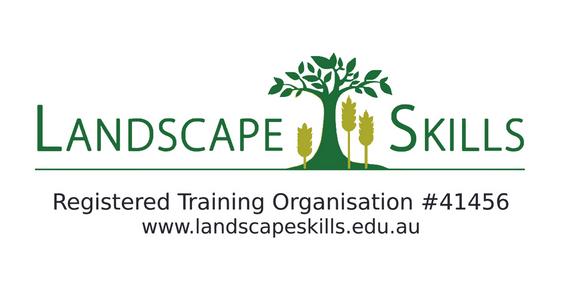

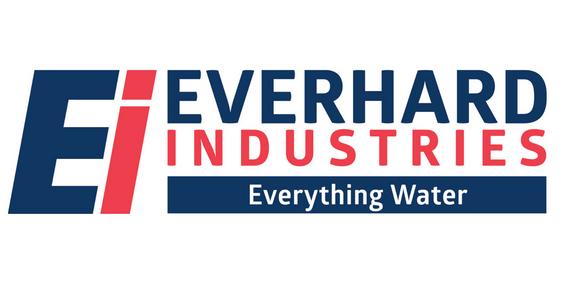



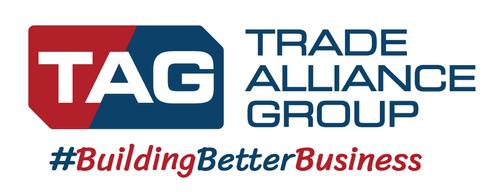


















N 022 Q en ht t Get in quick! Early expires 10 Octo Celebrity MC - Terry Hansen Top Brisbane DJ Superior Luxury Drinks Package 3 Course Dinner Pre Dinner Drinks Awards Commence PrincipalAwards Partner ThankYoutoOurSponsors DressCode Black Tie / Formal
WINNERS ANNOUNCED - 12 NOVEMBER 2022 GALA AWARDS DINNER - SOFITEL BRISBANE


TICKETS ON SALE SEPTEMBER 2022
THINKING ABOUT ENTERING THE 2023 AWARDS?
TIPS FOR ENTRIES
- PROJECTS ARE ELIGIBLE WITHIN A 2-YEAR WINDOW
2023 PROJECT ENTRIES MUST BE CONSTRUCTED BETWEEN 30 JUNE 2021 AND 30 JUNE 2023
- INCLUDE THE AWARDS IN YOUR CLIENT COMMUNICATION

IF YOU THINK A PROJECT YOU ARE WORKING ON WOULD MAKE A GREAT ENTRY, ENGAGE IN A CONVERSATION EARLY IN THE PROJECT SO CLIENTS ARE ON BOARD WITH THE IDEA
- HIGH-RES PHOTOS
YOUR PHOTOS WILL BE USED IN THE AWARDS PRESENTATION, PRINT MEDIA, WEBSITES AND SOCIAL MEDIA. CONSIDER INVESTING IN PROFESSIONAL PHOTOGRAPHS, THEY ARE NOT ONLY BENEFICIAL FOR THE AWARDS PROCESS BUT CAN BE UTILISED FOR YOUR OWN MARKETING, SOCIAL MEDIA AND WEBSITE REMEMBER TO ALSO TAKE BEFORE PHOTOS AND PROGRESS PHOTOS OF YOUR PROJECTS AS WELL, PHONE PHOTOS WORK FOR THIS!
AWARD ENTRIES NOMINATIONS OPEN 1 JUNE 2022 NOMINATIONS CLOSE CONSENT FORMS DUE 30 JUNE 2022 FULL SUBMISSION DUE 31 JULY 2022 JUDGING PROCESS AUGUST / SEPTEMBER 2022 LANDSCAPE LEGEND NOMINATIONS OPEN 1 JULY NOMINATIONS CLOSE 31 JULY 2022 FULL SUBMMISSION DUE 31 AUGUST 2022 JUDGING PROCESS SUPPLIER OF THE YEAR VOTING OPENS 1 AUGUST 2022 VOTING CLOSES 31 AUGUST 2022
87



Interested in Advertising? LandscapeLife QUEENSLAND The Queensland Landscaping Industry Magazine Contact the LQ team 1300 883 966 info@landscapequeensland.com.au




























 Leigh Barrett PRESIDENT
Dave Taylor TREASURER
Paul Luck BOARD MEMBER
Jim Stewart BOARD MEMBER
Peter Mumford BOARD MEMBER
Steve Jameson BOARD MEMBER
Brett Oakley BOARD MEMBER
Robinder Sihota BOARD MEMBER
Mark Sorby SECRETARY (NON VOTING)
LIVING STYLE LANDSCAPES INTERFACE LANDSCAPES TAFE QLD
BOSS GARDENSCAPES ARBOR OPERATIONS LANDSCAPE SKILLS
Leigh Barrett PRESIDENT
Dave Taylor TREASURER
Paul Luck BOARD MEMBER
Jim Stewart BOARD MEMBER
Peter Mumford BOARD MEMBER
Steve Jameson BOARD MEMBER
Brett Oakley BOARD MEMBER
Robinder Sihota BOARD MEMBER
Mark Sorby SECRETARY (NON VOTING)
LIVING STYLE LANDSCAPES INTERFACE LANDSCAPES TAFE QLD
BOSS GARDENSCAPES ARBOR OPERATIONS LANDSCAPE SKILLS





















































































 Kitty - Challenge Eco System and Management Trainee
Kitty - Challenge Eco System and Management Trainee







 LQ Member Tour with Patrick Handley
Photos: Waterscapes, LQ Team, Builtworks
LQ Member Tour with Patrick Handley
Photos: Waterscapes, LQ Team, Builtworks

































































































































